




Jason is a former mechanical engineer turned educator, health practitioner, author & filmmaker.
Due to 20 years of his own health challenges, he finally discovered the reality behind his symptoms Over the past 15 years, Jason transitioned from working in the integrative disease care model to a model of lifestyle medicine and health optimization to better deliver solutions for those suffering from complex health issues that their doctors were unable to resolve
Some of these lessons are highlighted in the documentary film series, The Human Longevity Project, which uncovers the complex mechanisms of chronic disease & the true nature of longevity in our modern world.
He is the owner of Cereset in Encinitas, CA — a Brain Balancing Center that helps those struggling with traumatic brain injuries, PTSD, anxiety, fatigue, and brain fog
Jason Is also the author of the critically acclaimed book, “Beyond Longevity: A Proven Plan for Healing Faster, Feeling Better & Thriving at Any Age”
You can reach Jason at Info@AwakenedCollectivecom

In a world where drive-thru dinners and stress-filled days are the norm, many of us feel more tired, heavy, and let’s face it—older than our chronological years. Gut health has emerged as one of the hottest health topics in recent years And with good reason! Your gut microbiome is a diverse rainforest of microbial life that influences everything from mood and cognition to immunity and detoxification, earning its nickname as the "second brain."
Ayurveda, the ancient Indian system of medicine, offers valuable insights into gut health It recognizes three primary doshas or body types: Vata (air + space), Pitta (fire + water), and Kapha (earth + water) Each dosha influences digestion differently. Vata governs movement and can lead to variable digestion, Pitta governs metabolism and is associated with strong digestion, while Kapha governs structure and is linked to slow digestion. Understanding your dominant dosha can help tailor your approach to gut health.
By optimizing your digestive power, you have the ability to reclaim the cellular energy you need to get through the day without needing a nap, to think clearly all day long, to sleep like a baby, to fight off pathogens and other invaders, and to slash your risk of serious diseases just to name a few. Yes, your gut really is that powerful… let’s explore why and what you can do to supercharge your digestive superpowers

Imagine your gut as a bustling city, home to trillions of tiny residents (aka microorganisms) that make up the gut microbiome. When this city is thriving, it's a marvel of efficiency processing food, producing nutrients, eliminating waste, and keeping the bad guys at bay
But throw in poor-quality foods, toxins from your environment, and a heap of daily stress, and suddenly this well-oiled machine starts to sputter. The result? A whole host of uninvited consequences:
Bloating and digestive discomfort that has you reaching for those stretchy pants (again)
A weakened immune system, leaving you more susceptible to illness
Chronic inflammation throughout the body which zaps your energy and hampers your body’s ability to repair and regenerate
Leaky gut (increased intestinal permeability) that releases undigested food, toxins, and other unwanted waste to your body
Mood fluctuations and emotional instability
Persistent skin problems everything from dry, dull, itchy skin to adult acne, wrinkles, and eczema
Increased food and chemical sensitivities
Autoimmune conditions that can be challenging to diagnose, let alone manage
But don't panic! This guide is about to introduce you to 25 powerful foods that are like superheroes for your digestive system. These aren't just any old foods –they're the cream of the crop when it comes to supporting and optimizing your gut health.
These foods can help you:
Minimize the harmful bacteria and repopulate your microbiome with beneficial ones
Feed those good gut bugs so their populations stay healthy and strong
Kick inflammation to the curb

Patch up that leaky gut
Boost your digestive fire (which is good news for your metabolism, too!)
Plus, you’ll discover how each of these foods work their magic in your digestive system, simple ways to get more of these foods into your diet (even if you're not a master chef), and which foods play well together (and which ones are like exes at a birthday party – best kept apart!)
Now, here's the deal: everyone's gut is as unique as their fingerprint What works for your best friend might not work for you. That's why it's crucial to listen to your body – it's smarter than we give it credit!
Use this guide as your starting point. Try these foods, mix and match, and see how you feel And of course, if you're dealing with serious health issues or planning to make big changes to your diet, chat with your healthcare provider first.
Ready to give your gut the love it deserves?
Let's dive in and discover these 25 gut-healing superfoods together
Your journey to better gut health and overall well-being starts now.

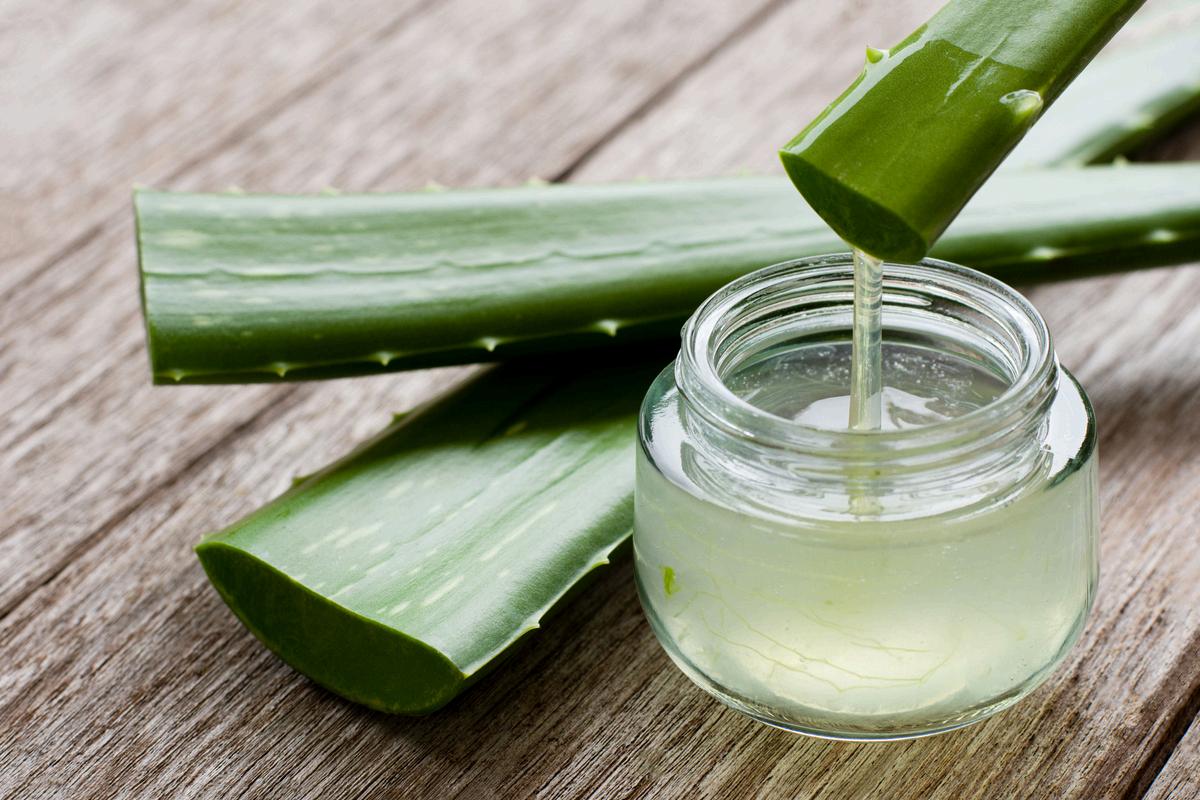
Aloe isn't just for sunburns. These spiky succulent plants have been used for thousands of years for its healing properties, and modern science is backing up many of its traditional uses, especially when it comes to gut health.
Soothes Inflammation: Aloe contains compounds that can help reduce inflammation in the gut, potentially easing symptoms of inflammatory bowel diseases
The gel from aloe leaves may help with digestion and reduce the incidence of stomach ulcers
Prebiotic
Aloe contains polysaccharides that can act as prebiotics, feeding beneficial gut bacteria.
Some studies suggest that aloe vera and aloe arborescense may help improve the absorption of nutrients in the digestive
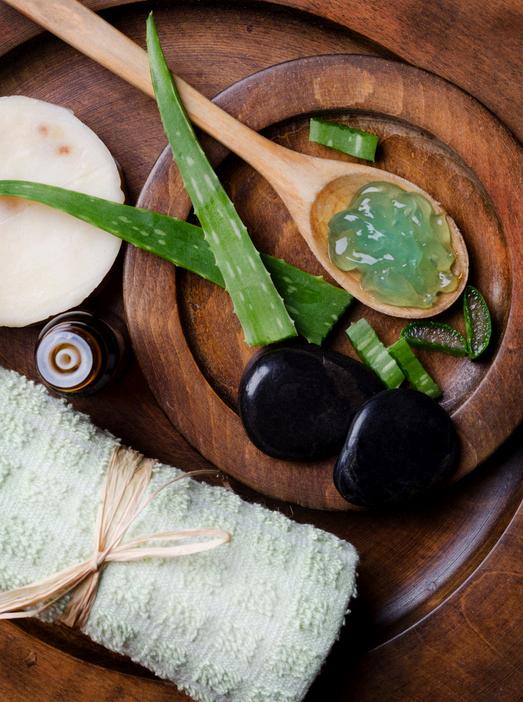
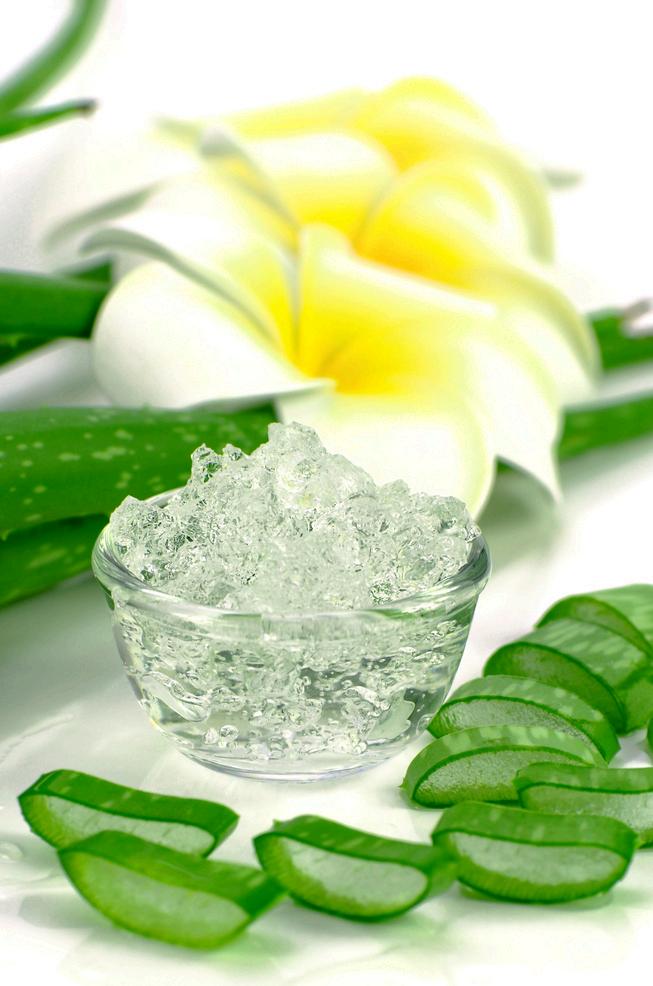
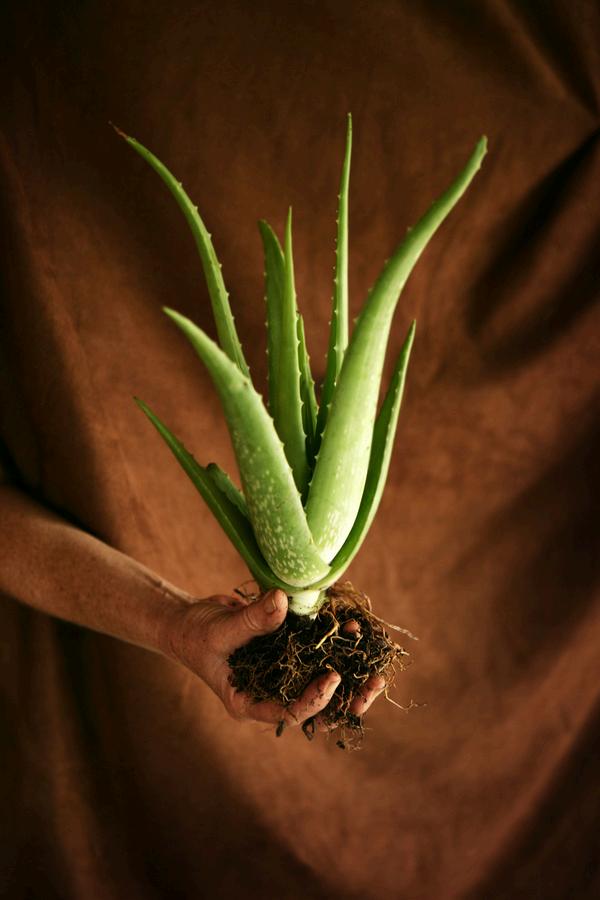
Aloe vera and arborescens gut health benefits come from a variety of compounds found in the plants:
Acemannan, a complex carbohydrate, stimulates the immune system and has prebiotic effects.
Anthraquinones have a laxative effect and may help with occasional
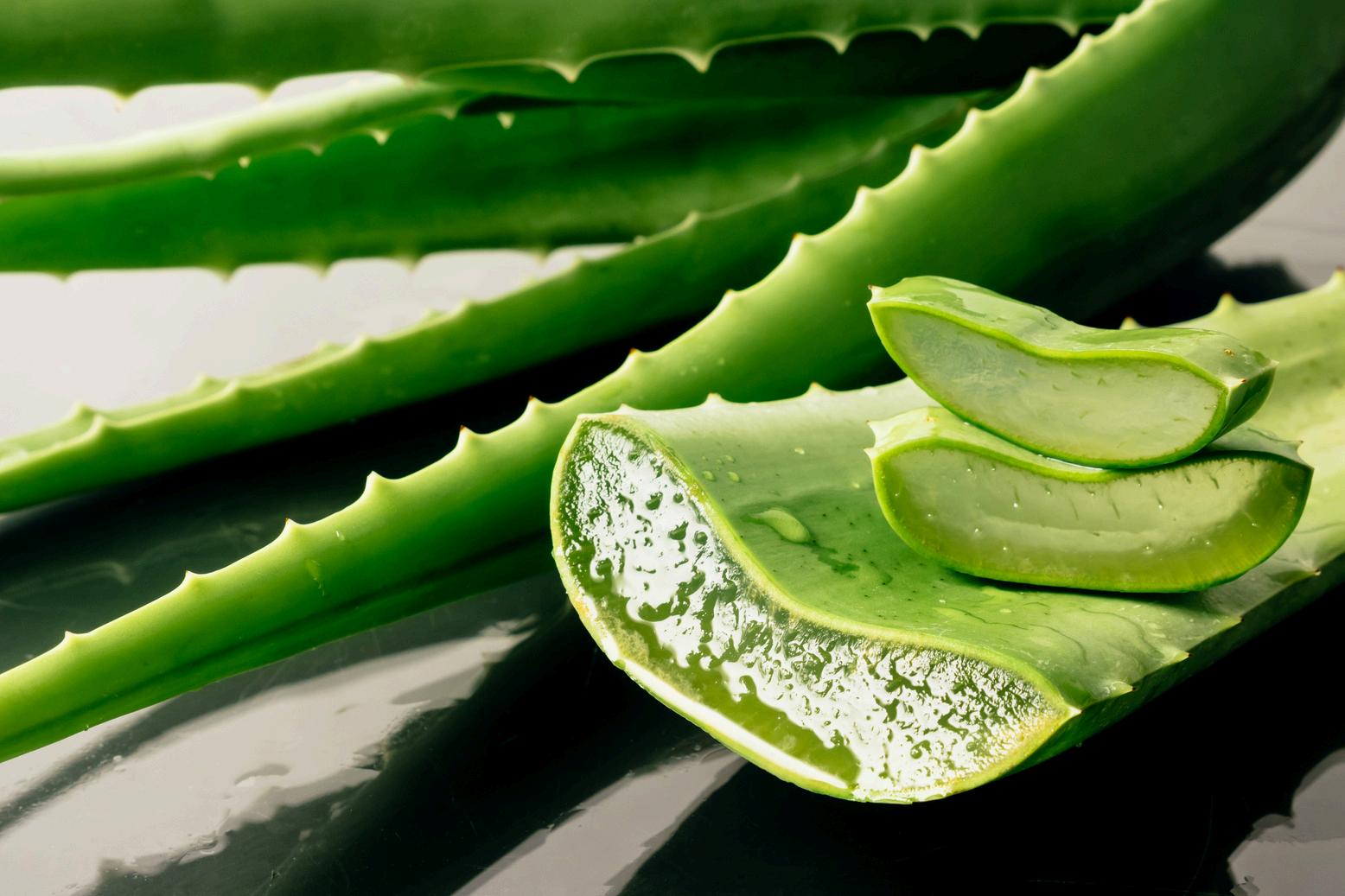
Capsules: Aloe is available in capsule form for those who don't enjoy the taste.
Fresh Aloe: If you have an aloe plant, you can extract the gel yourself. Just be sure to remove the outer leaf and any yellow sap (aloe latex) before consuming.
When buying aloe products, look for those that are purified and decolorized to remove the laxative compounds, especially if you're using it regularly. Aloe arborescens contains much higher concentration of active ingredients than aloe vera and exerts a greater therapeutic effect As such, a smaller quantity is needed to achieve similar effects.
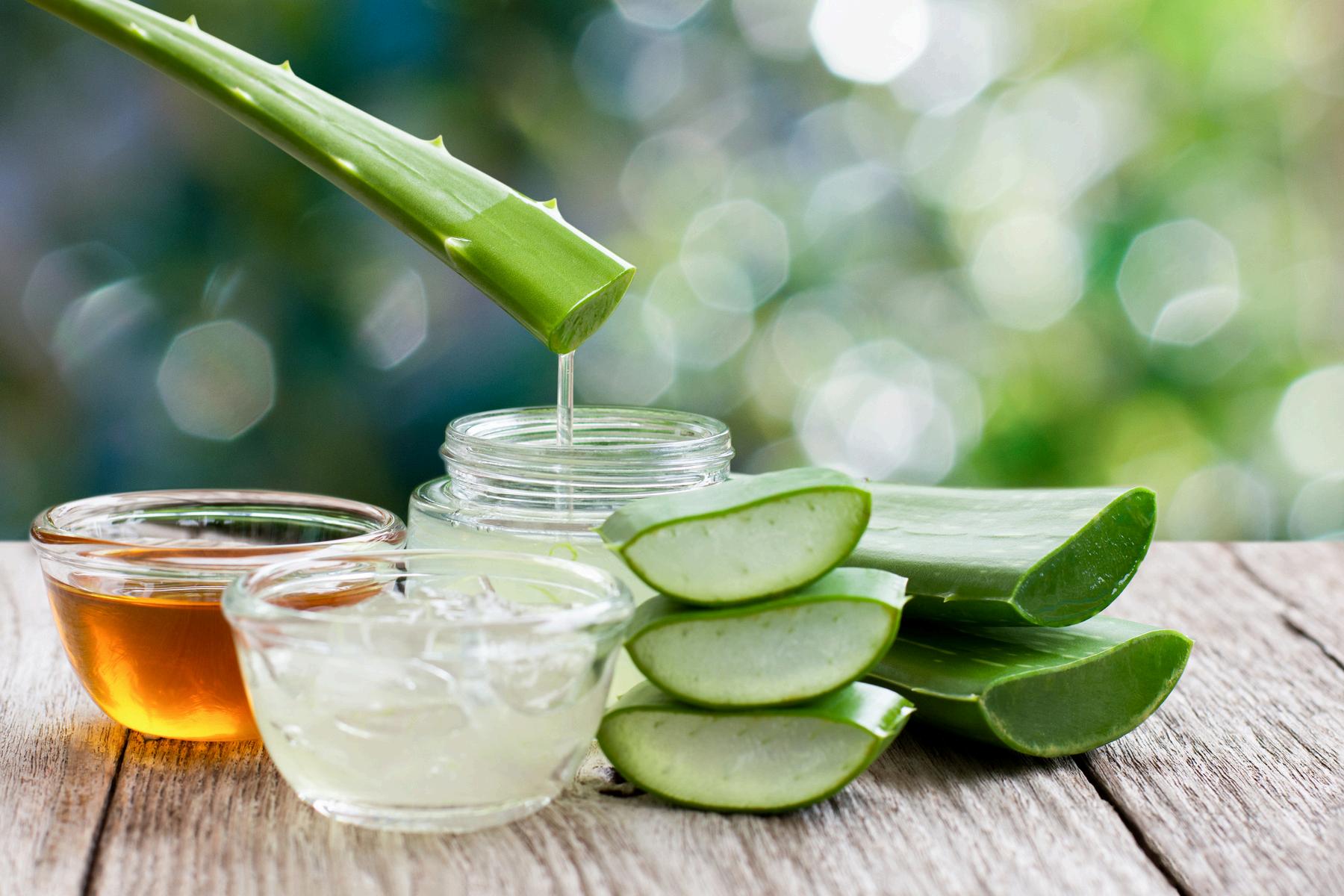
While aloe is generally safe, there are some things to keep in mind:
Long-term use of unpurified aloe juice can cause diarrhea due to its laxative effects
If you experience any allergic reactions, discontinue use immediately.
Pregnant women and people with diabetes should consult a healthcare provider before using aloe internally.
Aloe may interact with certain medications, including diabetes drugs and blood thinners. Always check with your doctor if you're on any medications.
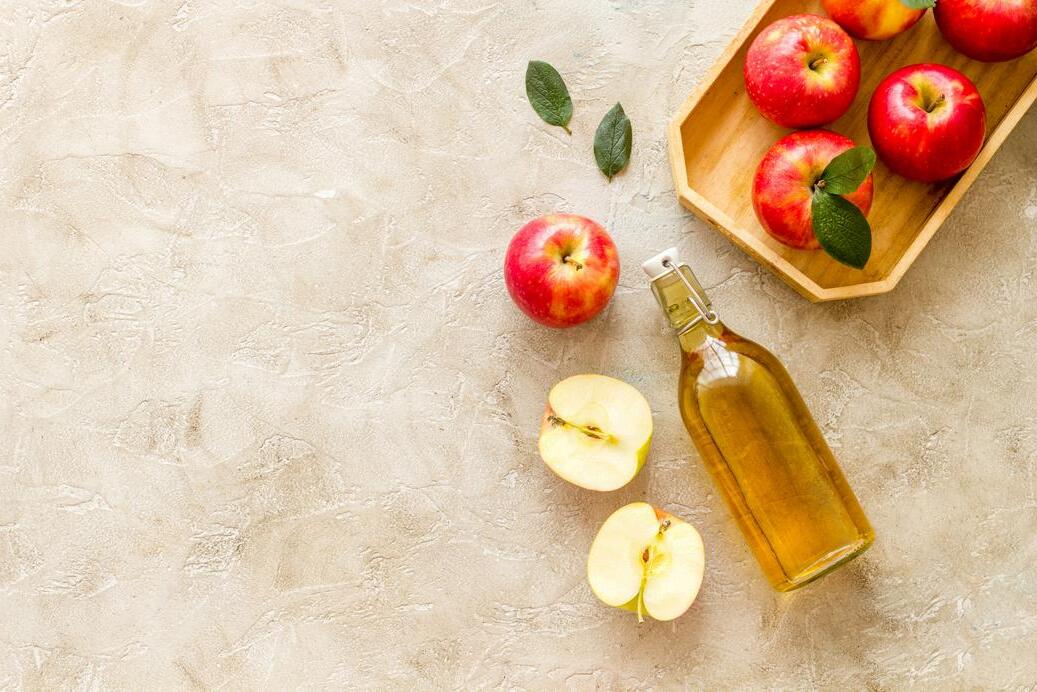
Apple cider vinegar (ACV) has been a staple in traditional medicine for centuries. Today, it's gaining popularity as a gut health superfood, and science is beginning to back up many of its purported benefits.
Promotes Digestive Health: ACV may help stimulate digestive juices, aiding in the breakdown of food.
Antimicrobial Properties: The acetic acid in ACV has been shown to have antimicrobial effects, potentially helping to balance gut bacteria.
Supports Blood Sugar Control: Research suggests that ACV may help improve insulin sensitivity and lower blood sugar responses after meals.
Apple cider vinegar's gut health benefits are primarily attributed to its active compounds:
Acetic acid, the main active component, has antimicrobial and blood sugar-regulating properties.
The "mother" in unfiltered ACV contains beneficial bacteria and enzymes that may support digestive health.
Pectin, a type of soluble fiber in ACV, may act as a prebiotic to feed beneficial gut bacteria
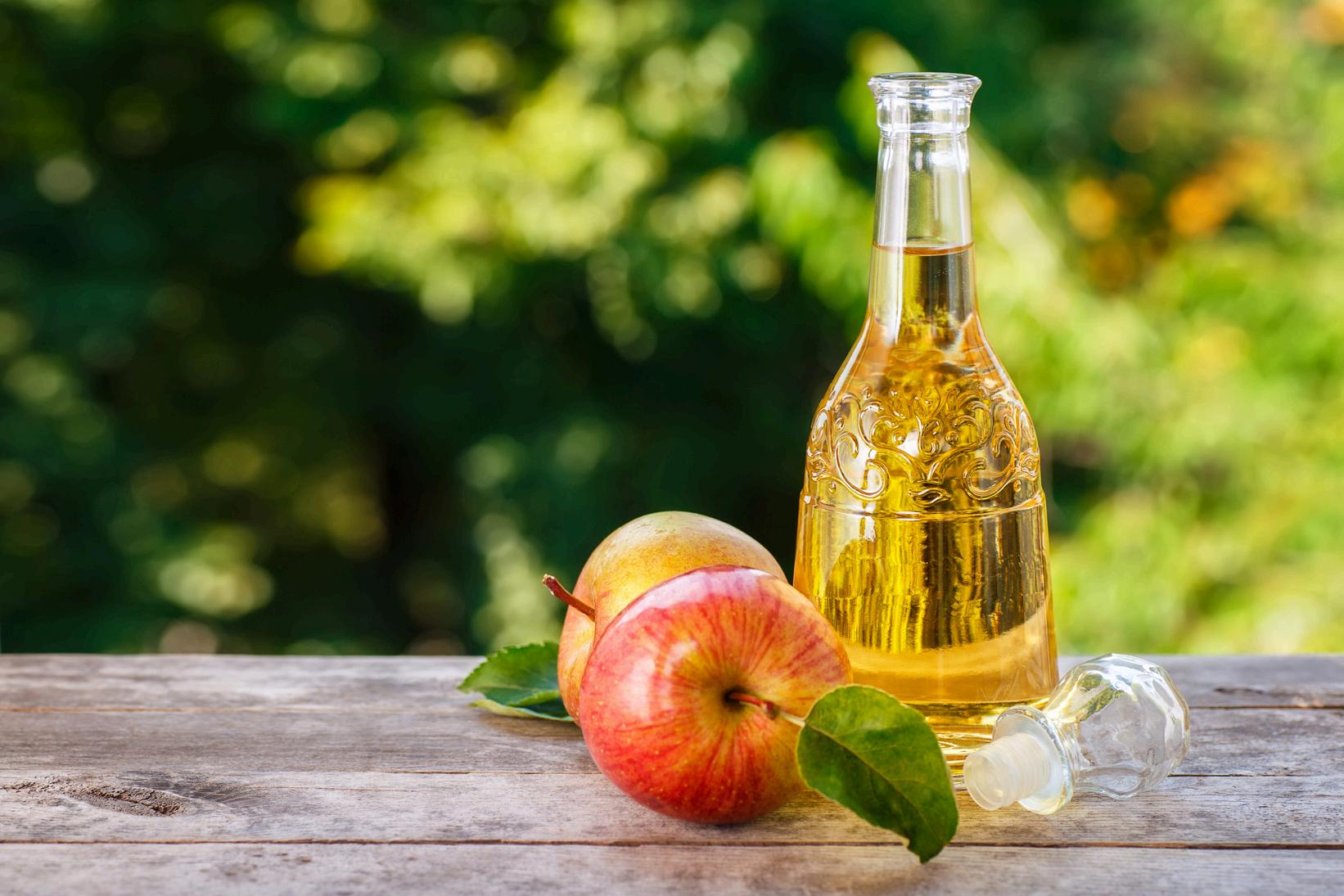
Diluted Drink: Mix 1-2 tablespoons of ACV in a glass of water and drink first thing in the morning or before meals.
Salad Dressing: Use ACV as a base for homemade salad dressings.
Cooking: Add a splash of ACV to soups, stews, or marinades for extra flavor and health benefits.
Apple Cider Vinegar Tonic: For a soothing tonic, mix ACV with honey, lemon juice, and warm water
Always dilute ACV before consuming to protect your tooth enamel and esophagus from its acidity.
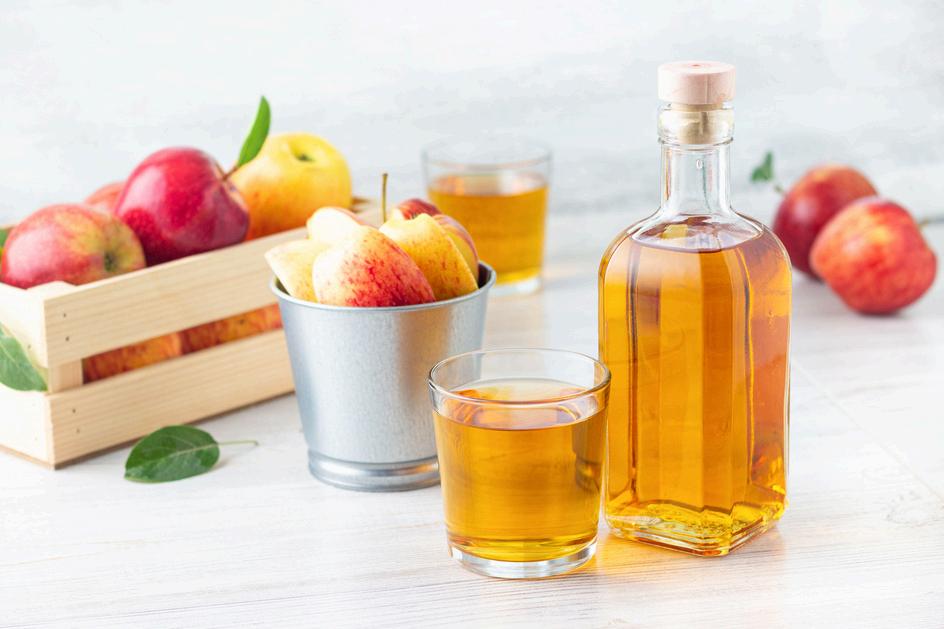
Although apple cider vinegar is generally safe, consider the following points:
Some people may experience digestive discomfort or throat irritation
ACV may interact with certain medications, particularly diabetes medications and diuretics Consult your healthcare provider if you're on any medications
People with chronic kidney disease should be cautious with ACV due to its high acid content
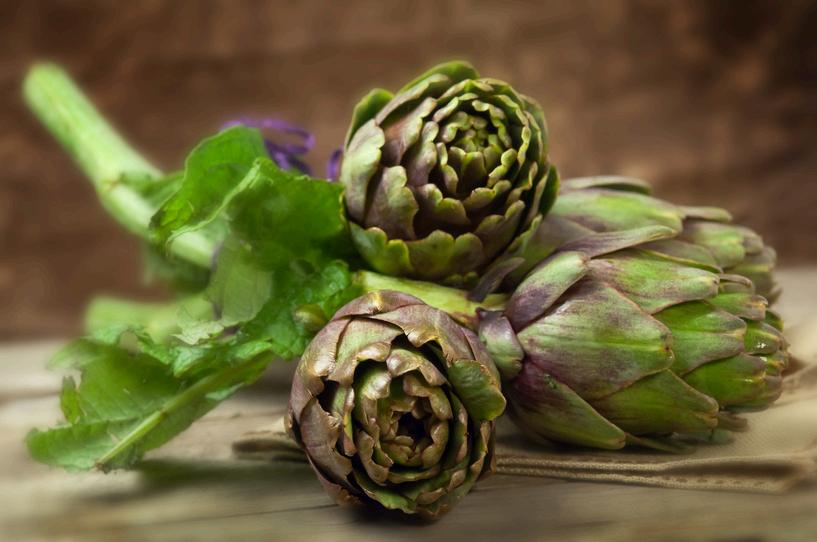
In ancient cultures, artichokes were prized not only as a food but also for their
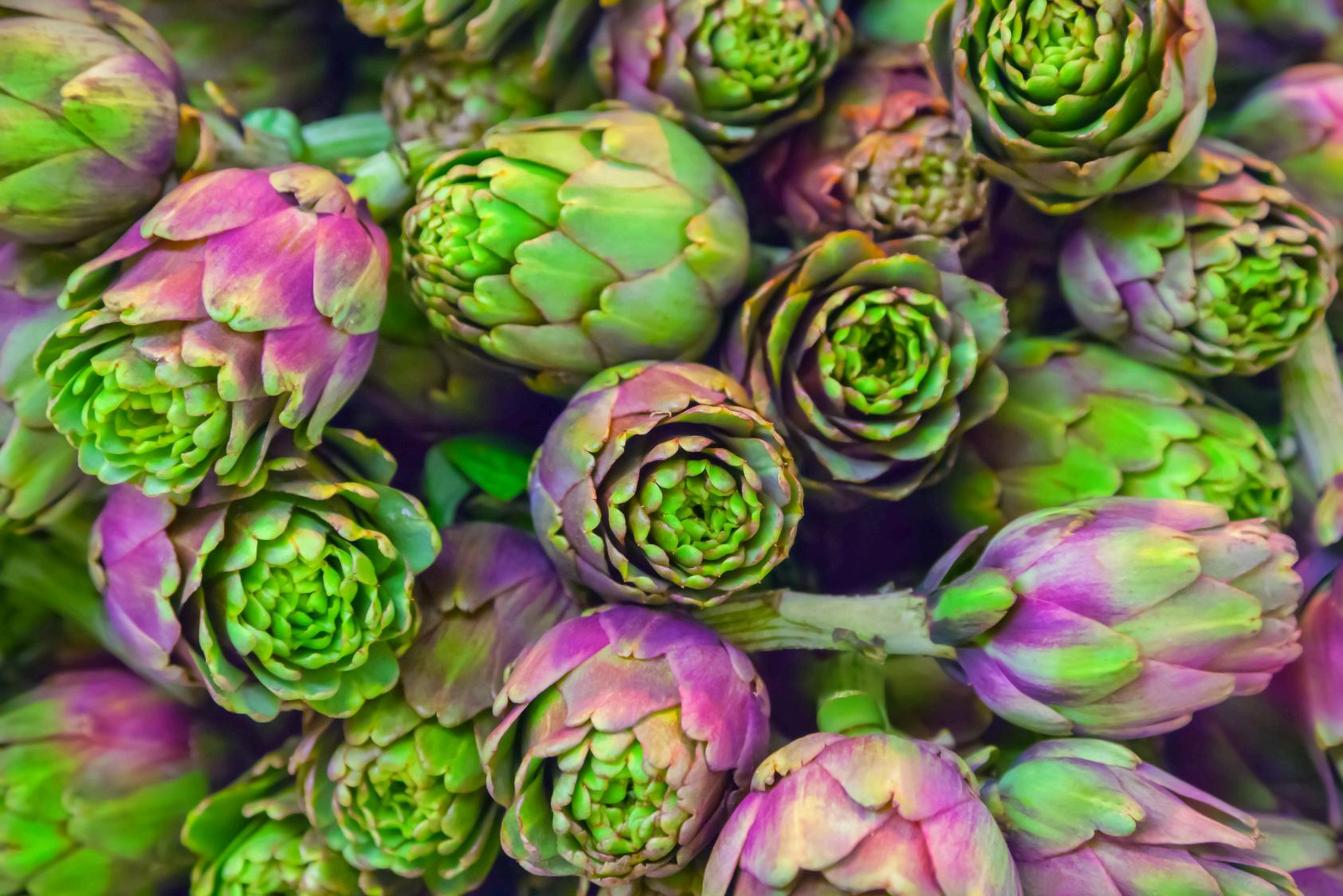
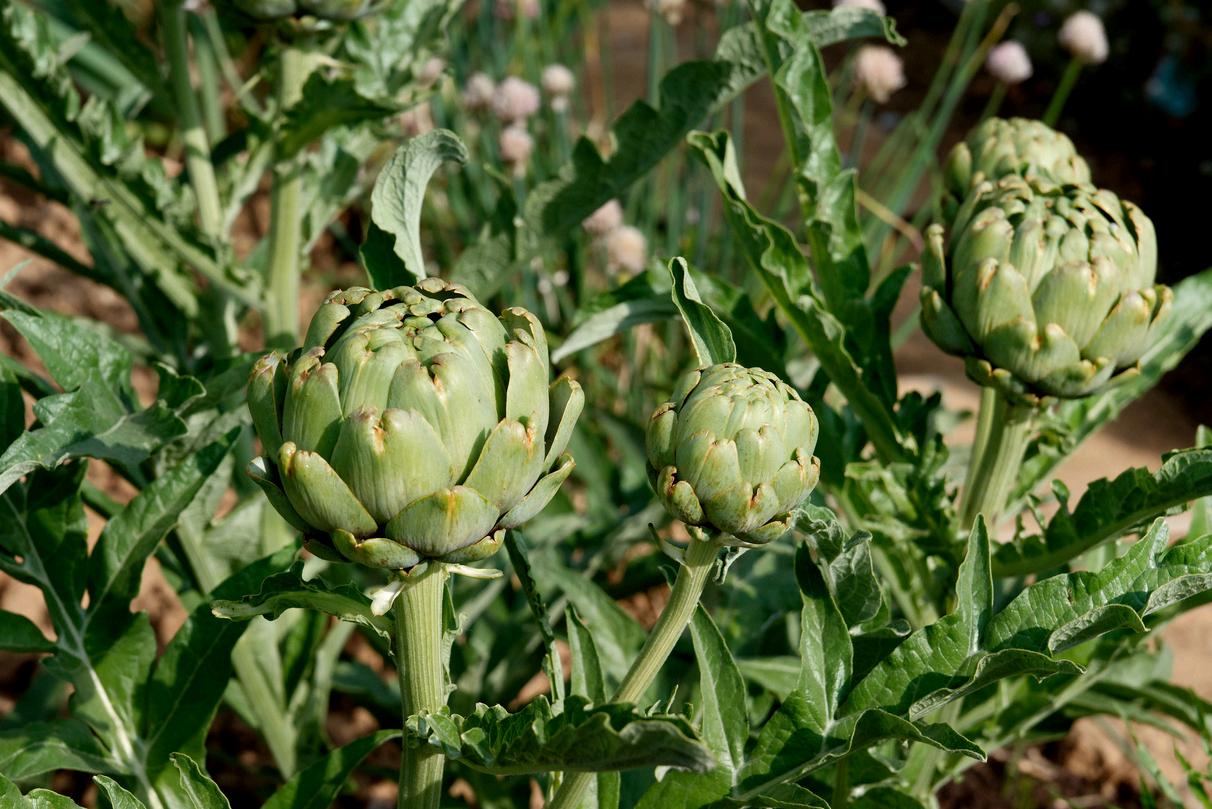
Artichokes support gut health through several mechanisms:
The inulin fiber feeds beneficial gut bacteria, promoting a healthy microbiome balance.
Cynarin stimulates bile production, which can aid in the digestion of fats and support liver function
The antioxidants in artichokes, including quercetin, rutin, and various polyphenols, help combat oxidative stress and inflammation in the gut.
Steamed or Grilled: Enjoy whole artichokes steamed or grilled as a side dish or appetizer.
In Salads: Add artichoke hearts (fresh, canned, or marinated) to salads for extra flavor and nutrition.
Artichoke Dip: Make a gut-friendly version of spinach and artichoke dip using Greek yogurt as a base
Don't discard the leaves! The edible flesh at the base of the leaves contains many of the beneficial compounds.
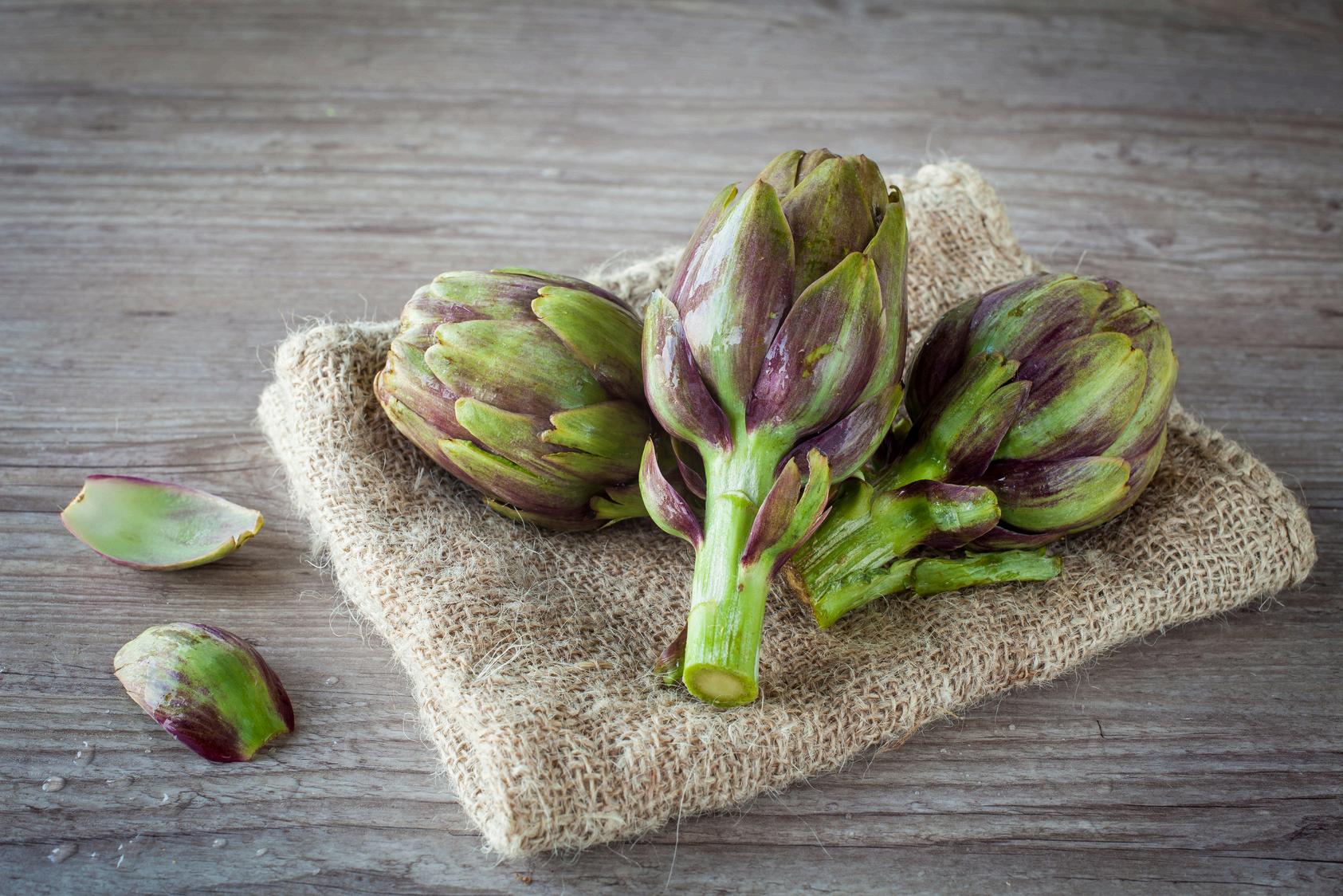
As you enjoy artichokes, consider these important points:
Due to the high fiber content, some people may experience gas or bloating when they first increase their intake of artichokes. Start with small amounts and gradually increase.
If you have gallstones or bile duct obstruction, consult your healthcare provider before adding artichokes to your diet, as they can increase bile flow
Artichokes may interact with certain medications, particularly those that are changed by the liver. If you're on any medications, check with your doctor before significantly increasing your artichoke intake.
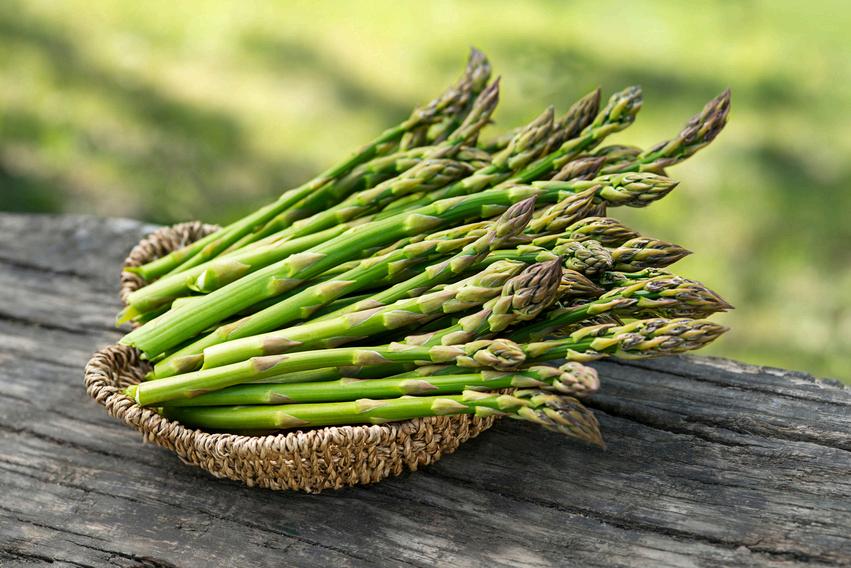
Long, lean, and green, asparagus spears might look like nature's pasta, but they pack a much more powerful punch for your gut health. This versatile veggie has been gracing dinner plates and boosting digestive wellness for centuries.
Microbiome Booster: Asparagus contains a unique blend of fibers, including fructooligosaccharides (FOS), that serve as fuel for beneficial gut bacteria. These fibers resist digestion in the upper GI tract, reaching the colon intact, where they're fermented by gut microbes, promoting a diverse and healthy microbiome
Supports Digestive Health: The high fiber content in asparagus helps promote regular bowel movements and prevent constipation
Anti-inflammatory Properties: Asparagus contains various antiinflammatory compounds that may help soothe the digestive tract.
Asparagus supports gut health via:
Inulin fiber feeds beneficial gut bacteria, promoting a healthy microbiome balance.
Its high fiber content adds bulk to stool and helps move waste through the digestive tract
Asparagine, an amino acid in asparagus, acts as a natural diuretic, potentially aiding in toxin removal.


Asparagus Water: Save the water you cook asparagus in and use it in soups or drink it (once cooled) for added nutrients.
To maximize nutrient retention, try steaming or quickly sautéing asparagus instead of boiling it.
Asparagus can be a healthy choice, but it’s wise to keep the following in mind:
Some people may experience gas or bloating when they first increase their fiber intake Start with small amounts and gradually increase
Asparagus can make urine smell strong or unusual. This is harmless but can be surprising if you're not expecting it.
If you're taking blood thinners, talk to your doctor about eating asparagus, as its high vitamin K content could interfere with these medications.
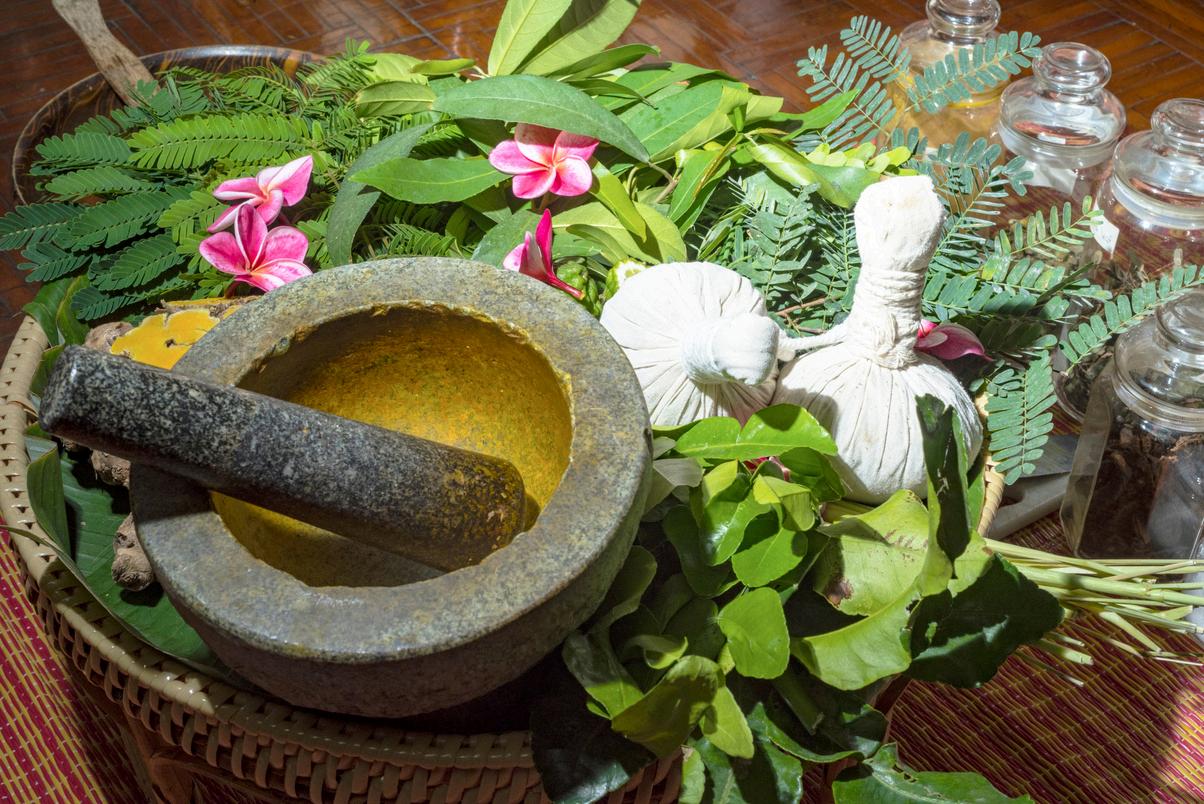
These aromatic powerhouses cardamom, cumin, coriander, and fennel—have been the cornerstone of traditional Indian medicine for millennia. Now, modern science is catching up to what Ayurvedic practitioners have long known: these herbs pack a serious punch when it comes to gut health
Digestive Harmony: This herb quartet works together to soothe digestive discomfort and promote smooth digestion.
Gas and Bloating Relief: These herbs have properties that naturally reduce gas and bloating.
Inflammation Reducer: The anti-inflammatory properties of these herbs may help calm gut inflammation.
Each herb in this Ayurvedic blend brings its own unique benefits to the table: How They Work
Cardamom stimulates the production of digestive enzymes and may help protect the gut lining.
Cumin enhances the activity of digestive enzymes and has antimicrobial properties
Coriander helps relax digestive muscles and ease cramps, promoting smoother digestion.
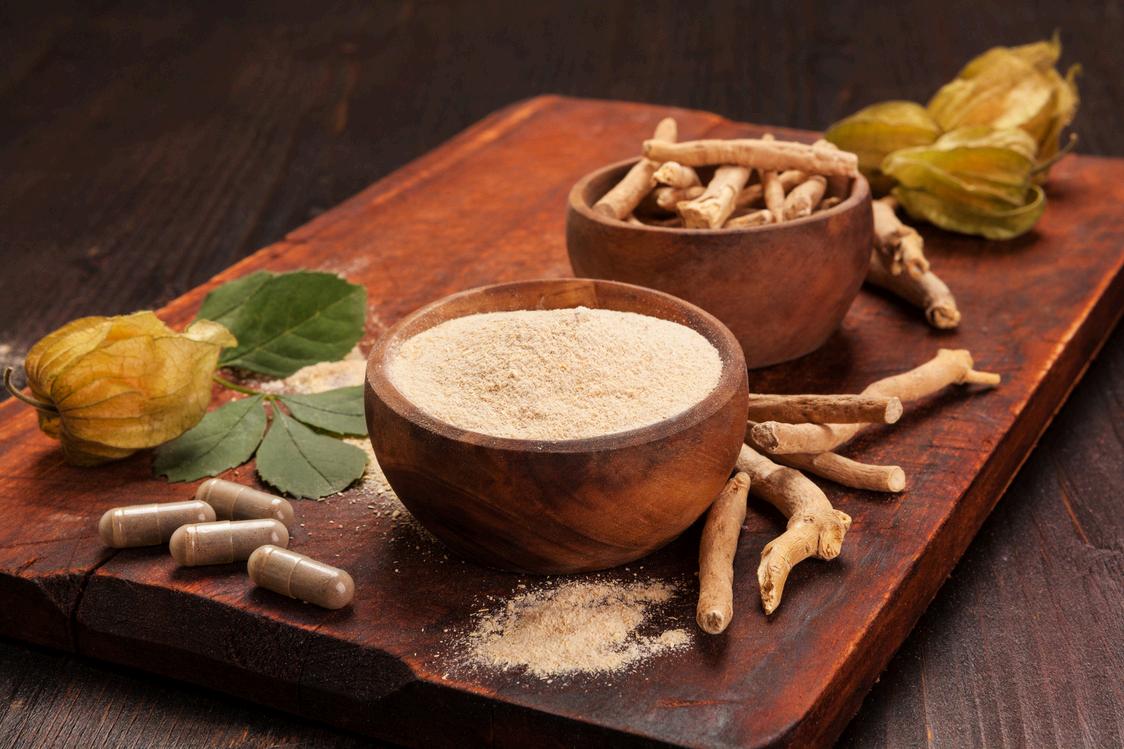
Fennel supports smooth muscle function in the digestive tract and may help reduce gut inflammation.
Spice Up Your Meals: Add these herbs to your cooking for flavor and digestive benefits
Ayurvedic Tea Blend: Steep a mixture of these herbs in hot water for a soothing digestive tea.
Flavored Water: Add crushed seeds to your water bottle for a subtle flavor and ongoing benefits throughout the day
For maximum benefit, try using these herbs in combination. The synergistic effect can enhance their individual properties. You can find CCF (cumin, coriander, fennel) tea on many online marketplaces
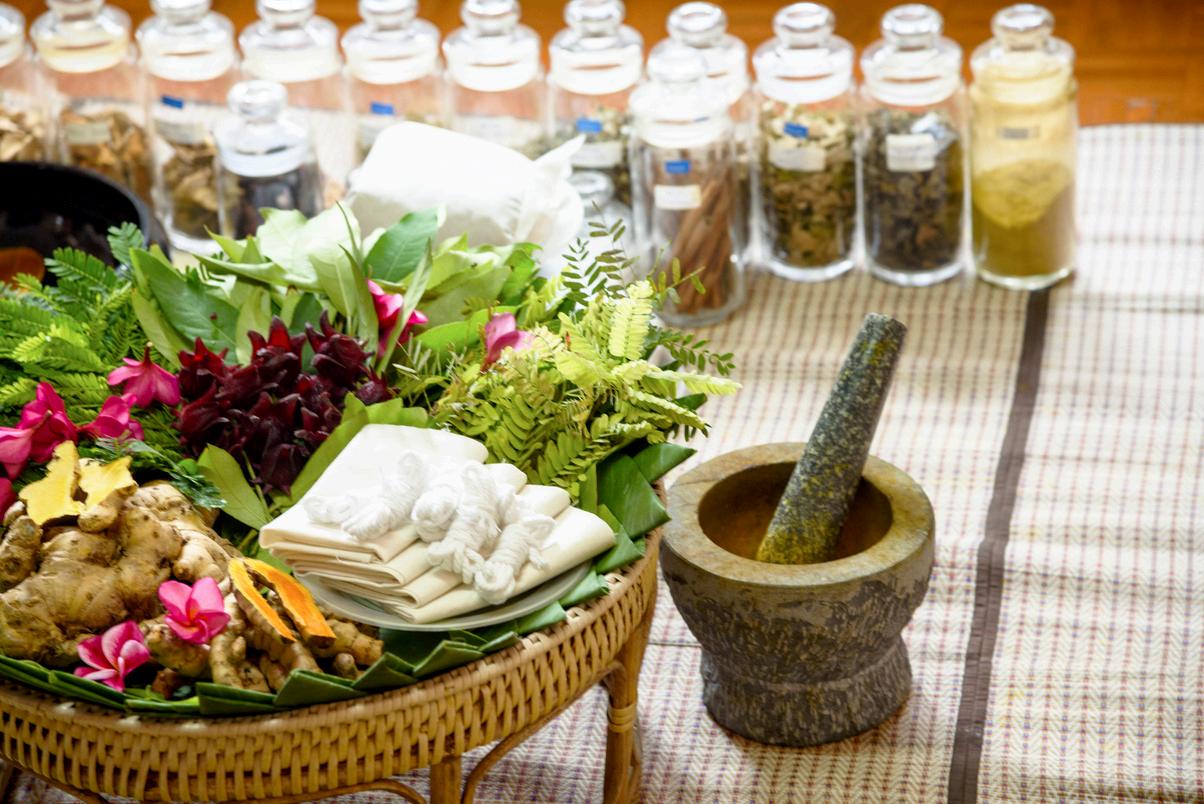
Before adding Ayurvedic herbs to your routine, take note of these precautions:
Some people may be allergic to certain herbs, particularly those in the parsley family like coriander and fennel
These herbs may interact with certain medications, including blood thinners or diabetes drugs, so consult your healthcare provider before significantly increasing your intake.
Pregnant women should consult their doctor before using these herbs medicinally, as some may stimulate uterine contractions.
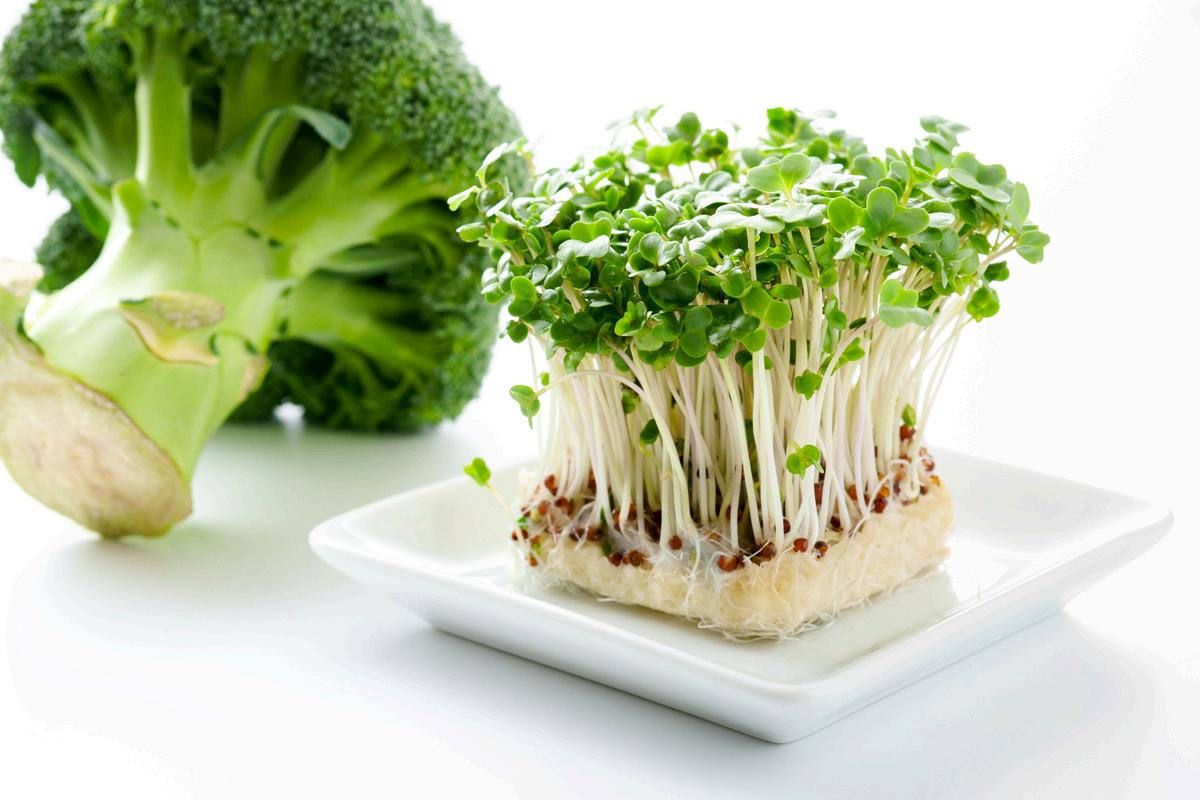
Don't let their small size fool you. Broccoli sprouts are nutritional giants when it comes to gut health. These young broccoli plants pack a more powerful nutrient punch than their full-grown counterparts, making them superstars in the world of digestive wellness
Sulforaphane Powerhouse: Broccoli sprouts are incredibly rich in sulforaphane, a compound with potent anti-inflammatory and antioxidant properties.
Gut Barrier Protection: Sulforaphane may help strengthen the gut barrier, potentially reducing leaky gut syndrome
Microbiome Balance: These sprouts may help promote a healthy balance of gut bacteria
Broccoli sprouts are not your average vegetable:
When chewed or chopped, they produce sulforaphane, a powerful sulfur-rich compound.
Sulforaphane activates Nrf2, a protein that turns on antioxidant genes and promotes detoxification.
This compound may also help reduce the growth of H. pylori, a bacteria linked to stomach ulcers and cancer.
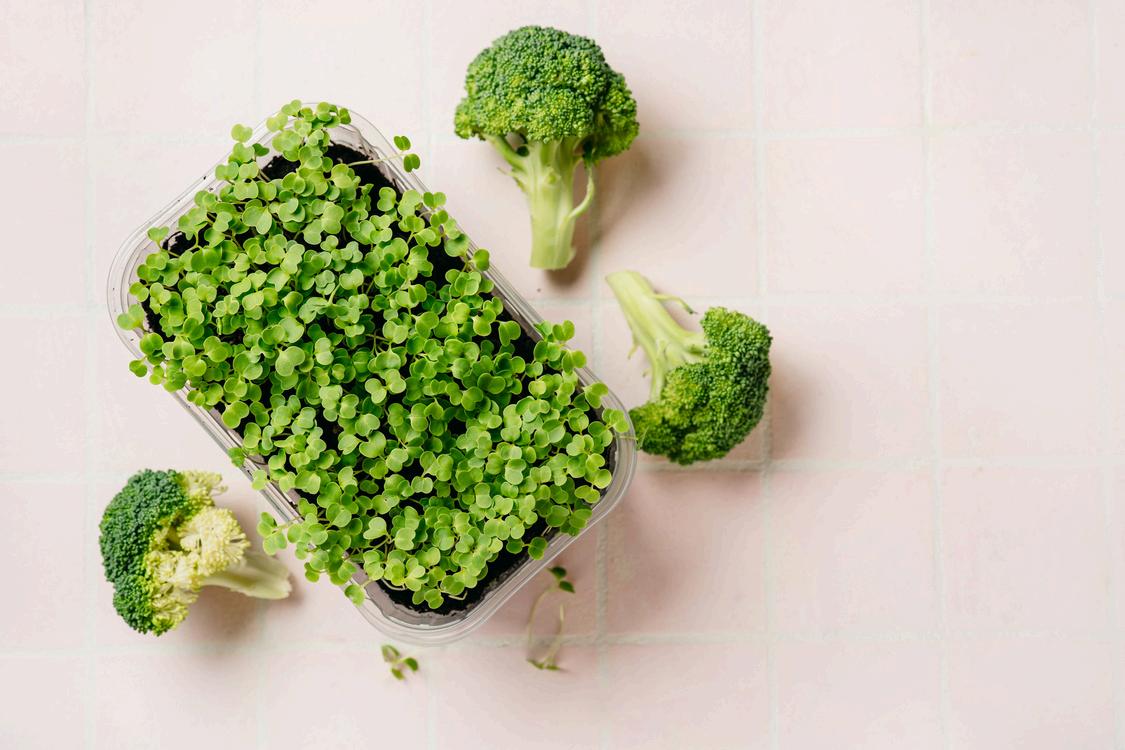
Raw in Salads: Toss a handful into your favorite salad for a nutrient boost.
Smoothie Addition: Blend some sprouts into your morning smoothie.
Sandwich Topper: Use as a fresh, crunchy topping for sandwiches or wraps.
Garnish: Sprinkle over soups, stir-fries, or other cooked dishes just before serving
To maximize sulforaphane content, eat broccoli sprouts raw or very lightly cooked Heat can deactivate the enzyme that produces sulforaphane.
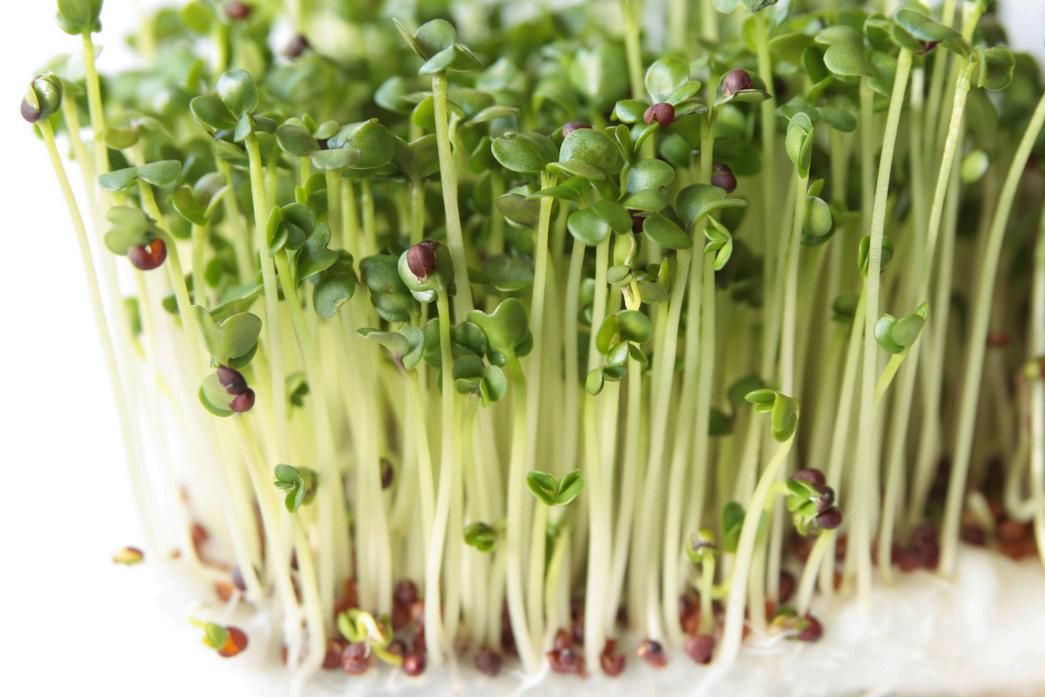
While broccoli sprouts are often safe for most people, here are a few things to consider:
Some people may experience digestive upset when first introducing sprouts into their diet Start with small amounts and increase gradually
As with any raw sprouts, there's a small risk of foodborne illness. Purchase from reputable sources and wash thoroughly before eating.
People taking blood thinners should consult their doctor, as broccoli sprouts are high in vitamin K
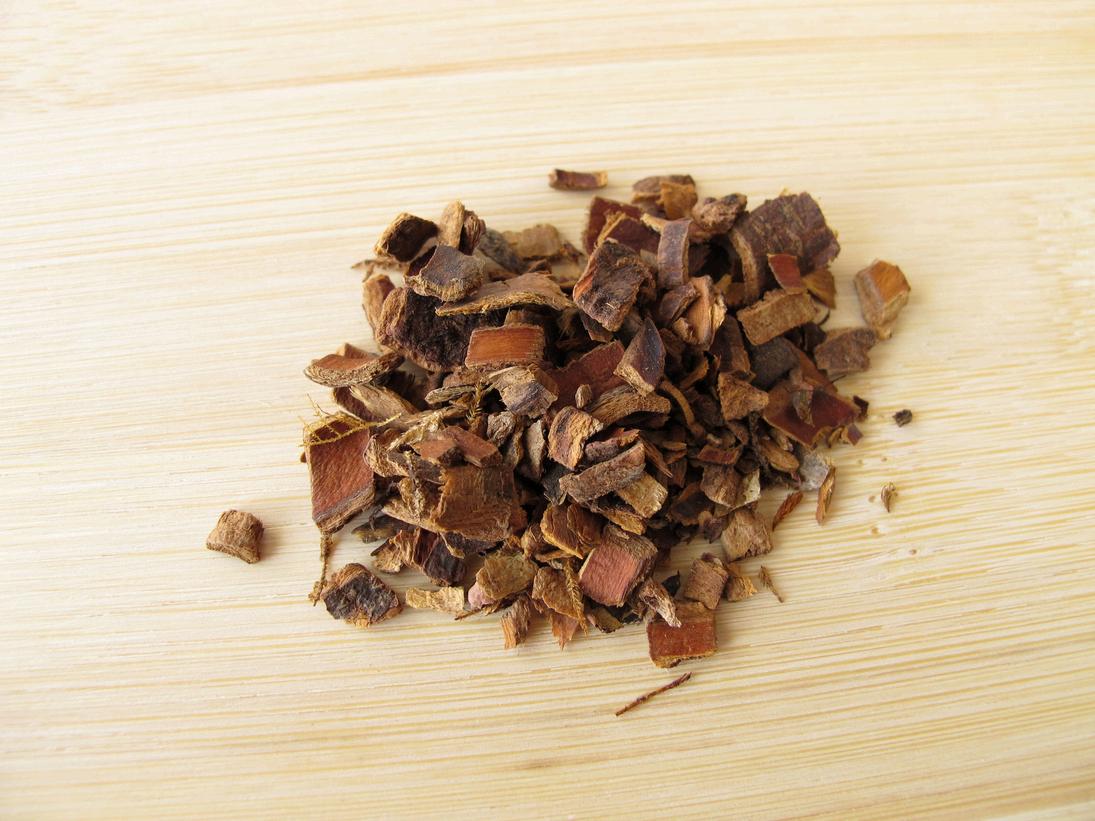
Cascara sagrada comes from the bark of a tree native to western North America. This herb has been used for centuries by Native American tribes and is now gaining attention for its potential digestive benefits.
Natural Laxative: Cascara sagrada is best known for relieving constipation. It stimulates the large intestine, promoting bowel movements.
Colon Cleansing: By promoting regular bowel movements, it may help cleanse the colon of built-up waste and toxins.
Potential Antimicrobial Properties: Some studies suggest that anthraquinones, the active compounds in cascara sagrada, may have antimicrobial effects against certain bacteria and fungi, including against harmful gut bacteria Staphylococcus aureus and Escherichia coli
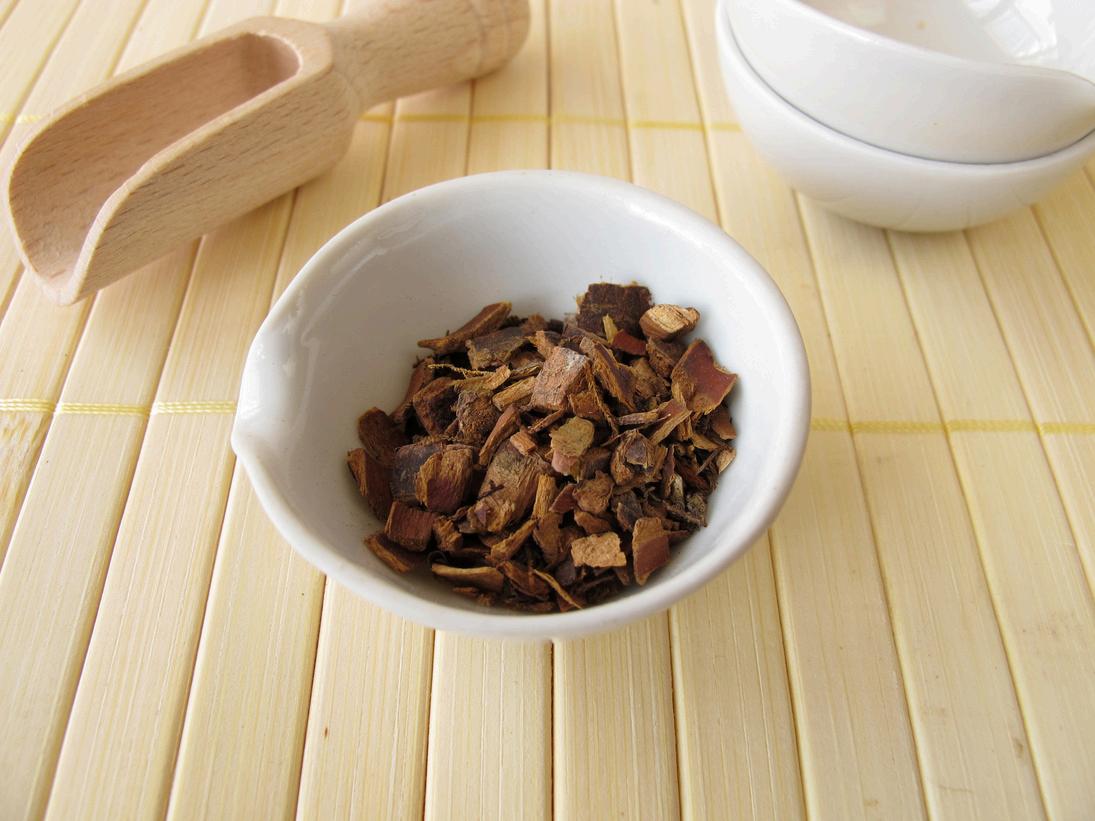
The anthraquinones in cascara sagrada, particularly cascarosides, are the key players in its effects on the gut Once they reach the large intestine, they:
Stimulate nerve endings in the colon walls, triggering increased muscle contractions These contractions create wave-like movements called peristalsis, which help propel stool through the intestines
Enhance water and electrolyte secretion into the bowel, softening stool and making it easier to pass.
May increase the production of prostaglandins lipid compounds that help regulate bodily functions which can further stimulate bowel movements.
Dried Bark Tea: Steep the dried bark in hot water to make a tea Be aware that it tastes very bitter.
Capsules or Tablets: These are available in most health food stores and offer a convenient, tasteless option
Liquid Extract: This concentrated form can be added to water or juice

Cascara sagrada is potent and should be used carefully. It's typically recommended for short-term use only (no more than 1-2 weeks at a time).
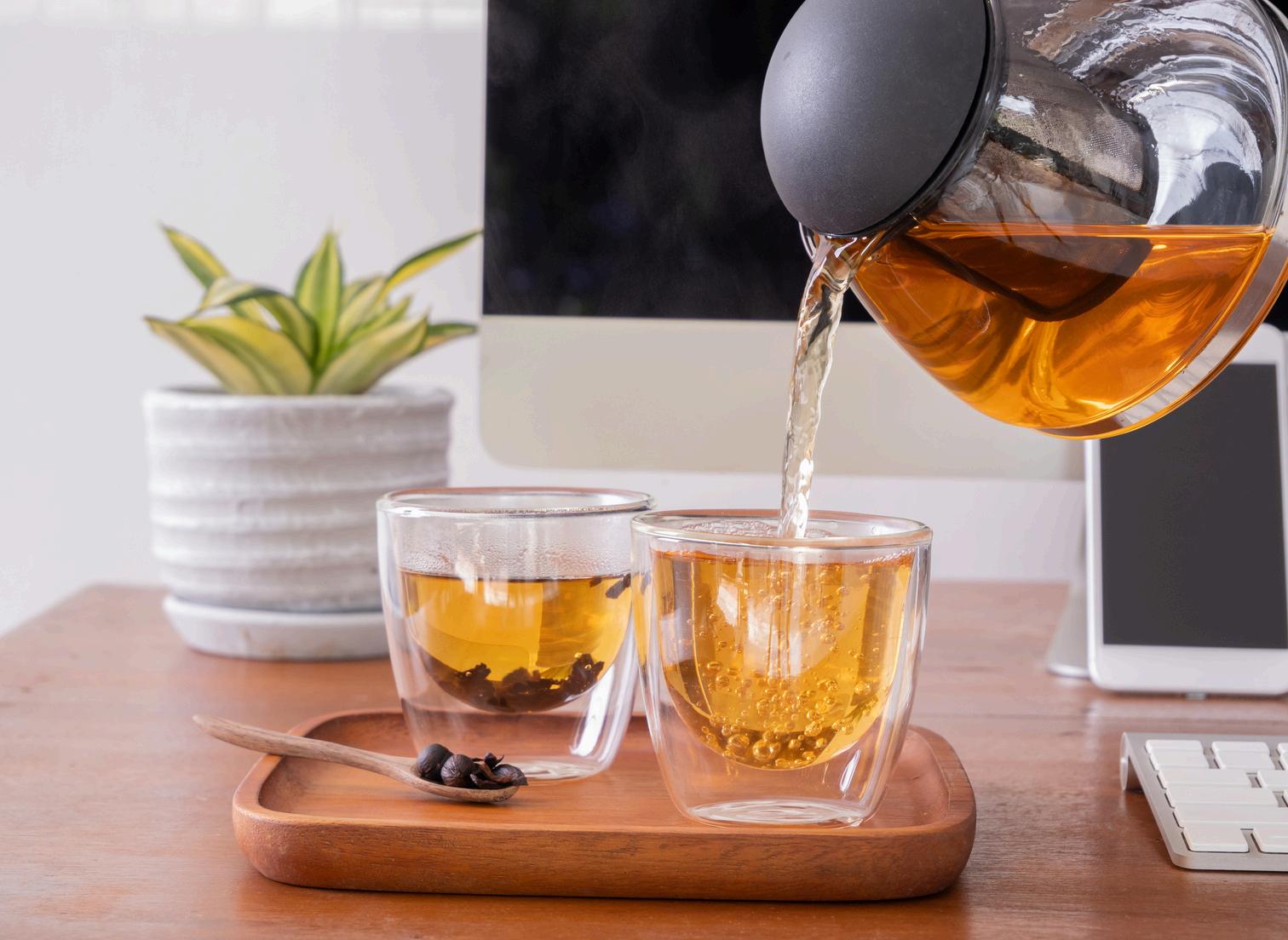
While cascara sagrada can be beneficial for some, it's important to be aware of potential risks:
Prolonged use can lead to dependence and may interfere with normal bowel function.
As a laxative, it can potentially cause dehydration and electrolyte imbalances if overused.
Pregnant and breastfeeding women should avoid cascara sagrada as it may stimulate uterine contractions and pass into breast milk
It may interact with certain medications, including heart rhythm drugs and diuretics, so always consult with a healthcare provider before use.

Cat's Claw isn't a feline appendage, but a woody vine from the Amazon rainforest with a fierce name and potent healing properties. This plant, known scientifically as Uncaria tomentosa, has been a staple in traditional medicine for centuries, particularly for gut health

Anti-inflammatory
Cat's Claw may help reduce gut inflammation, potentially benefiting conditions like inflammatory bowel disease.
Immune
Potential
Cat's Claw's gut-healing prowess comes from its unique blend of compounds:
Alkaloids in the plant may modulate inflammatory responses in the gut.
Antioxidants like tannins and flavonoids protect against cellular damage.
Compounds such as quinovic acid glycosides may influence the growth of gut bacteria
Capsules or Tablets: Cat's claw supplements are widely available as a more convenient option.
Tea: Steep dried Cat's Claw bark in hot water for a traditional medicinal tea
Tincture: A liquid extract can be added to water or juice


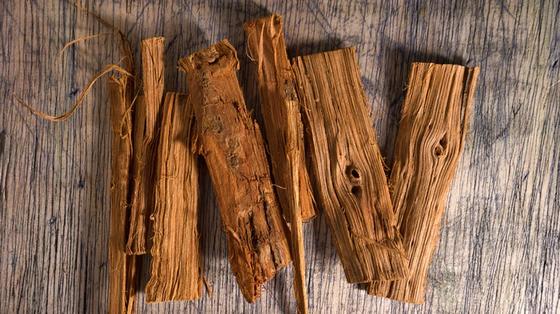



Start with small doses and gradually increase to assess your tolerance.
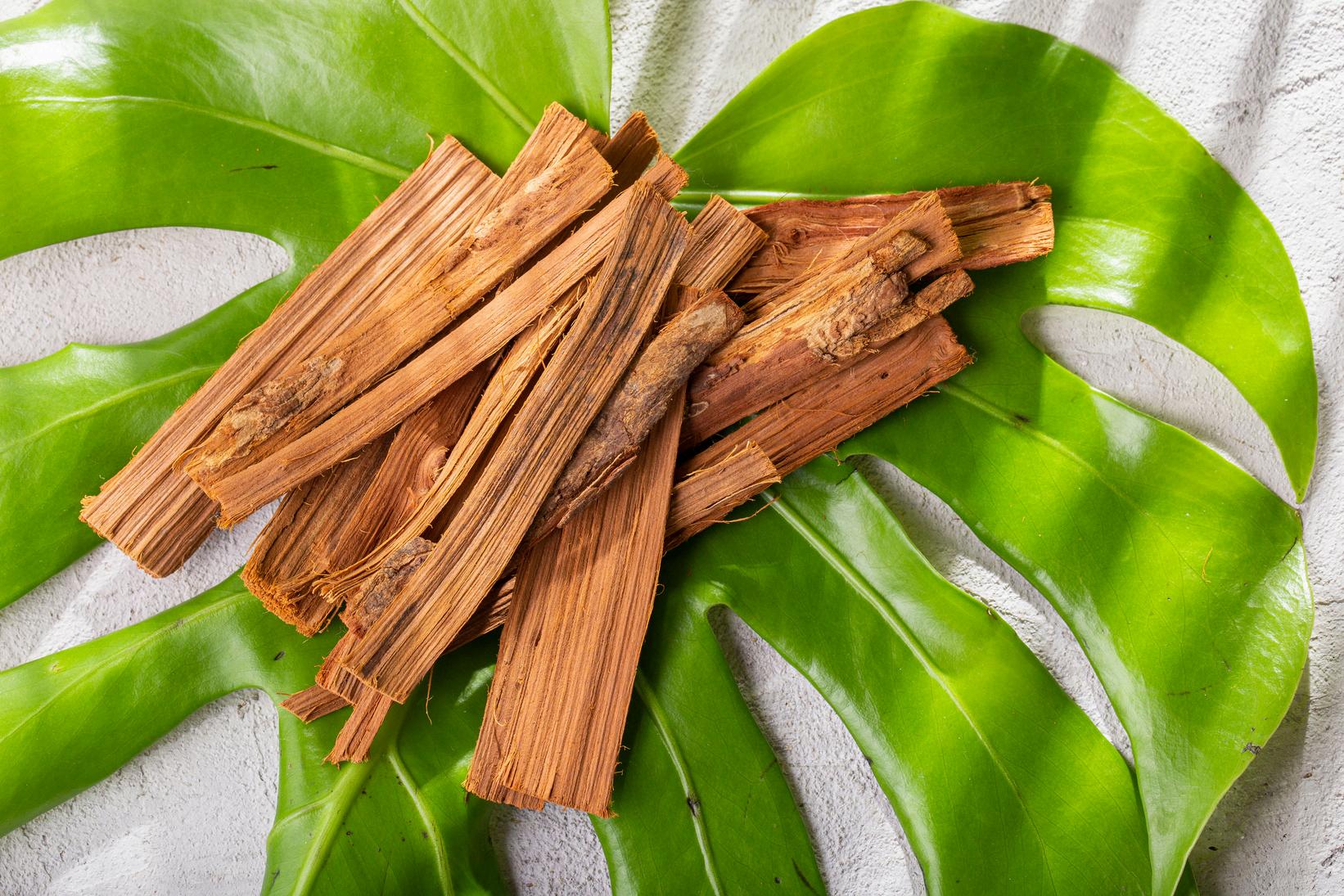
Even though Cat’s Claw offers many benefits, here are some things to watch out for:
Pregnant or nursing women should avoid Cat's Claw because it may stimulate the immune system and potentially cause uterine contractions, which could pose risks during pregnancy.
It may interact with certain medications, including blood thinners and immunosuppressants
Some people may experience mild side effects like dizziness or nausea.
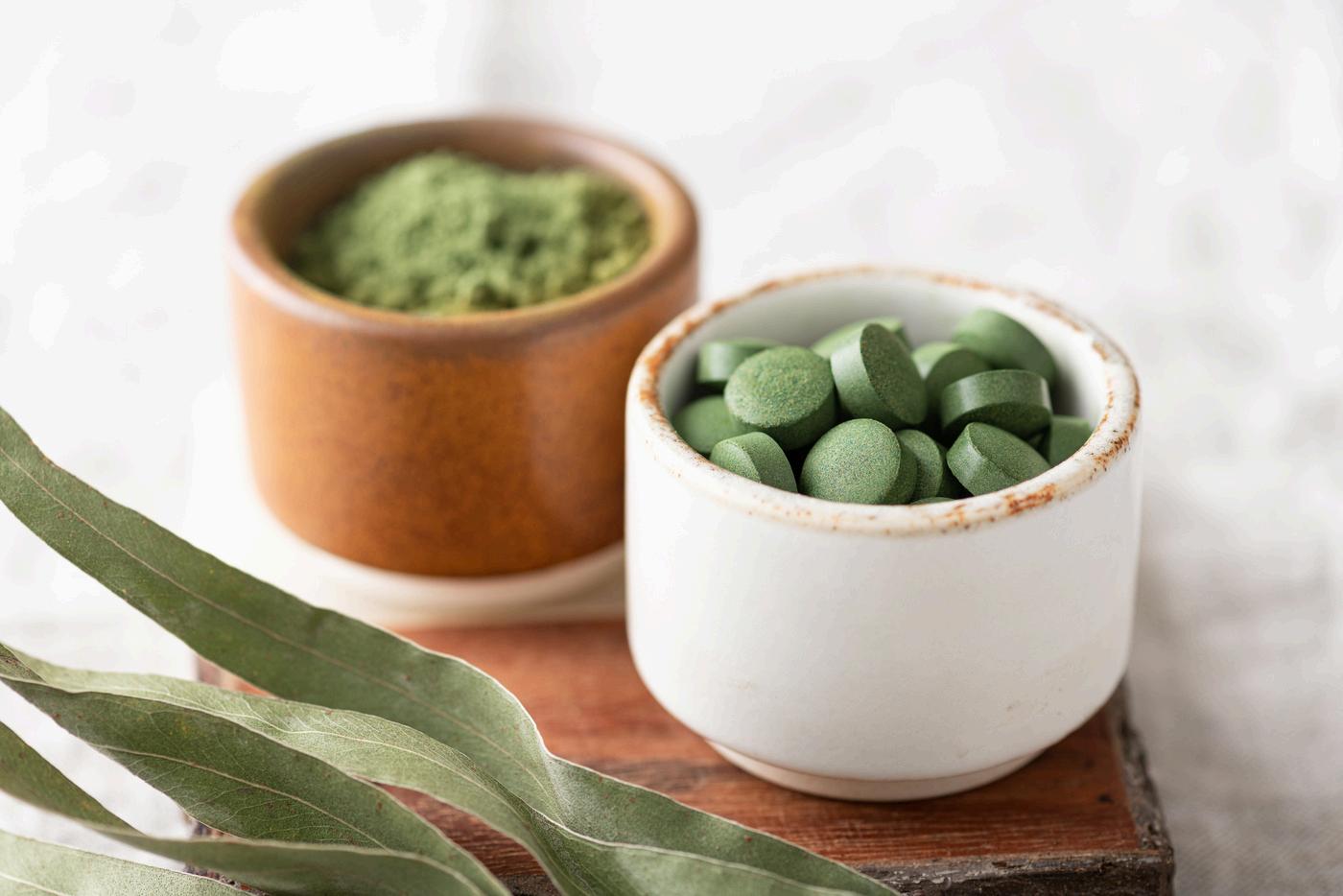
Meet the dynamic duo of the algae world: Chlorella and Spirulina. These microscopic green powerhouses have been around for billions of years, and now, they're making waves in the world of gut health.
Detoxification Support: Both algae can bind to heavy metals and toxins, potentially aiding in their removal from the body
Prebiotic Effects: They may promote the growth of beneficial gut bacteria
Anti-inflammatory Properties: These algae contain compounds, including phycocyanin and chlorophyll, that can help reduce inflammation in the gut.
Nutrient Density: Packed with vitamins, minerals, and protein, they support overall gut health
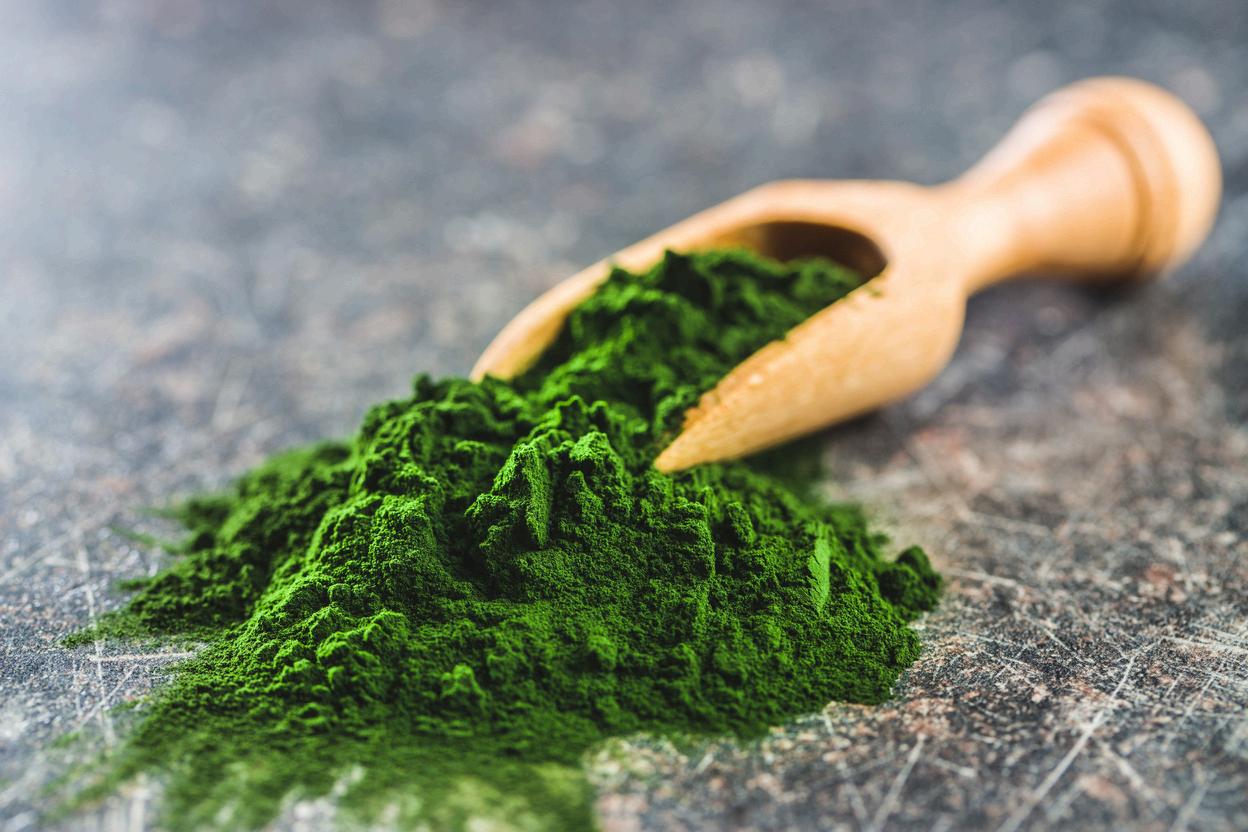
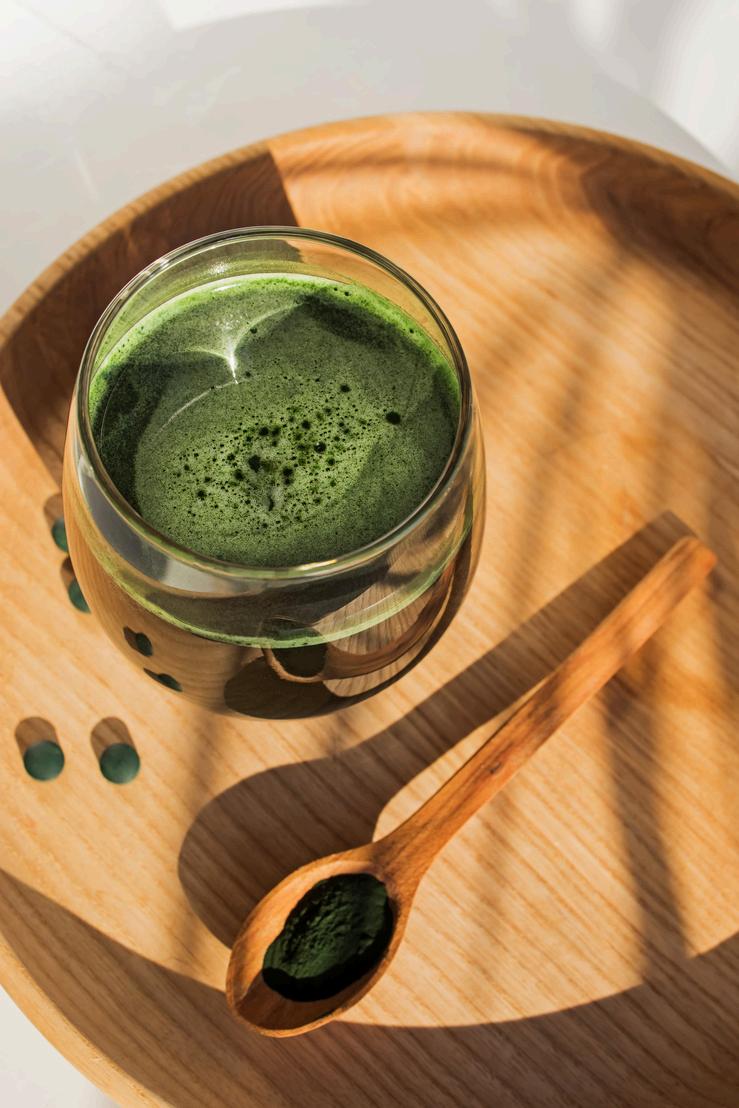

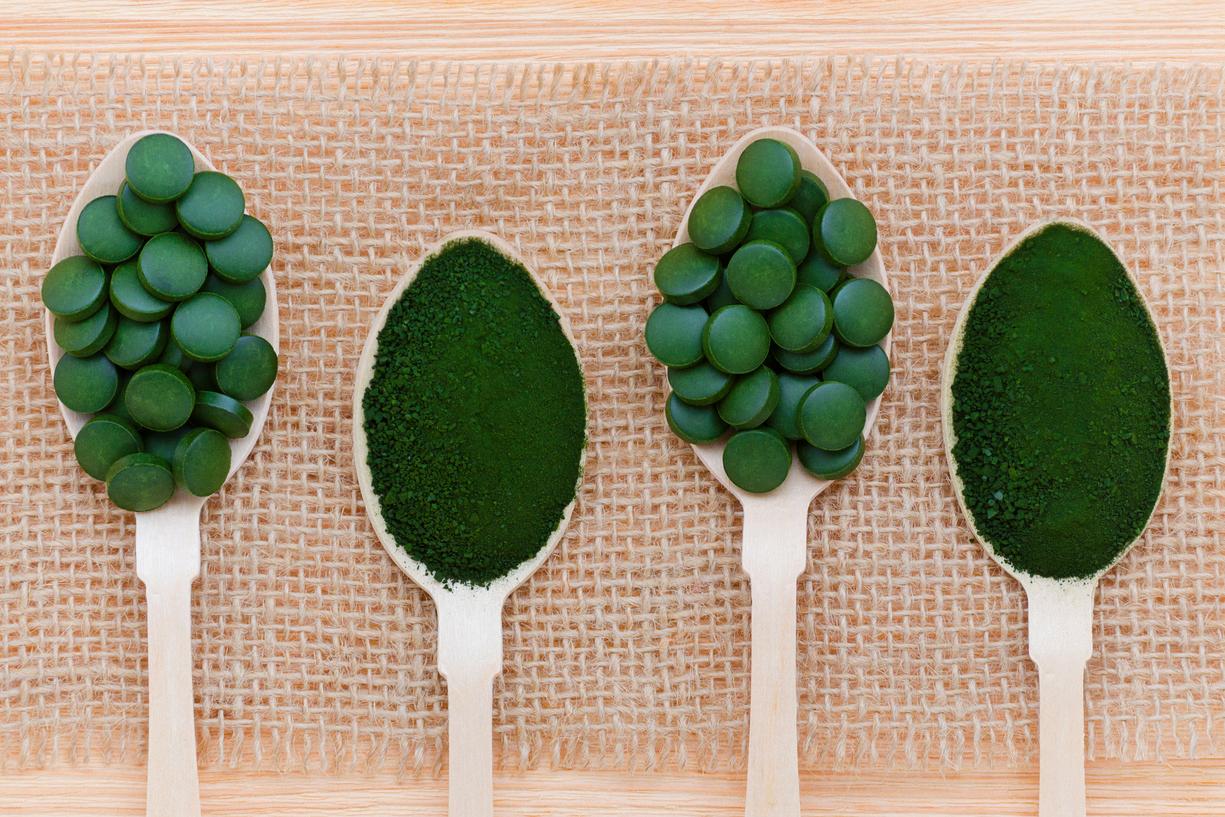
These tiny algae pack a big punch:
Antioxidants in both help combat oxidative stress in the gut
Their fiber content feeds beneficial gut bacteria
Both Chlorella and Spirulina are rich in amino acids, which are essential for repairing and maintaining the gut lining and supporting overall digestive health.
Smoothie Boost: Add a teaspoon of powder to your favorite smoothie recipe.
Algae Tablets: Tablets offer a convenient alternative for those who don't enjoy the taste.
Sprinkle on Food: Try sprinkling the powder on salads or mixing into dressings
Algae Energy Balls: Mix the powder into homemade energy ball recipes for a nutrient-dense snack. Pinterest has some great recipes!
Pair Chlorella and Spirulina with a source of vitamin C, like citrus fruits, to enhance nutrient absorption, especially for minerals like iron.
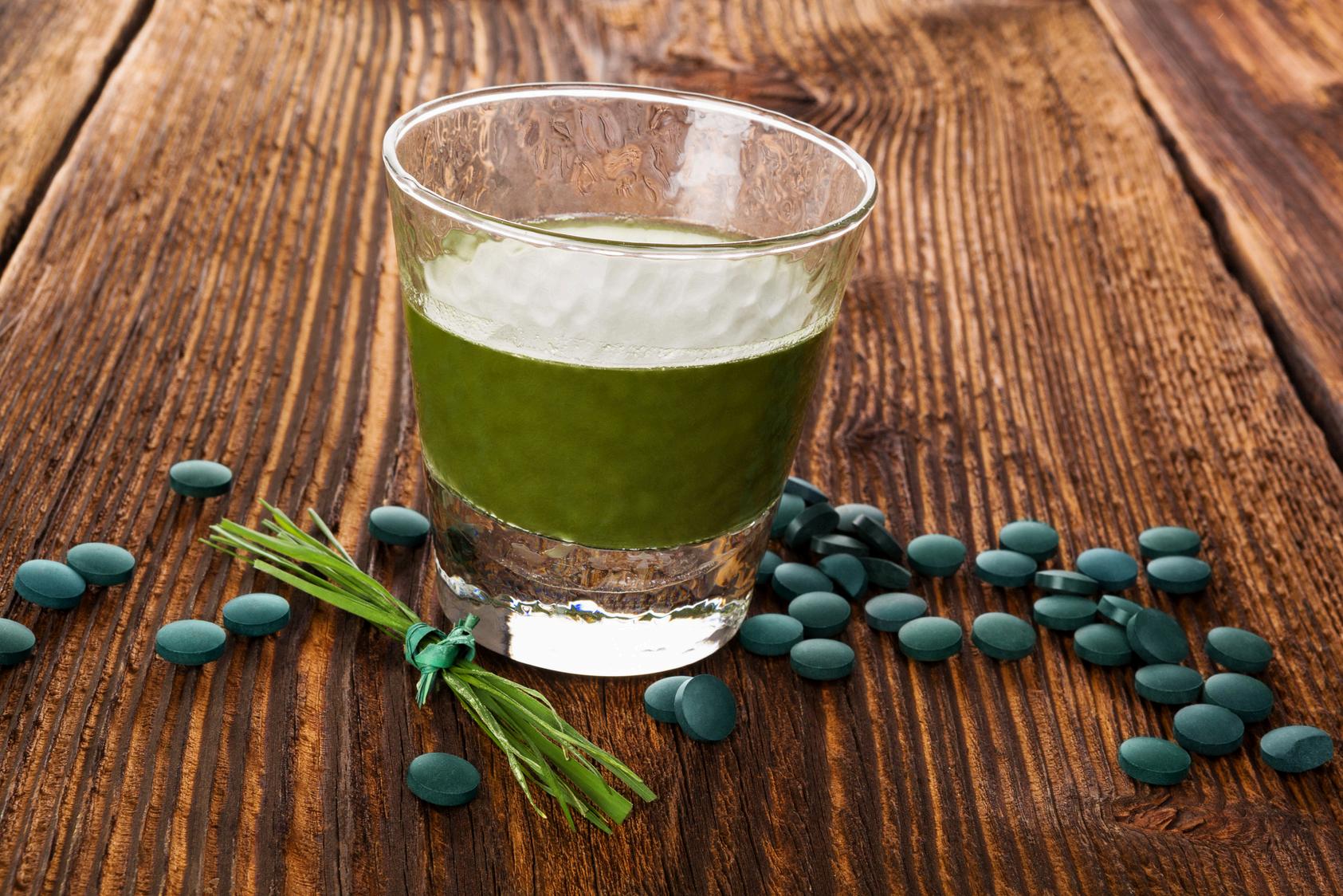
Before incorporating Chlorella and Spirulina into your diet, be aware of these potential concerns:
Some people may experience mild digestive discomfort when first introducing these algae
Those with autoimmune conditions should consult a healthcare provider before use because these algae can stimulate the immune system.
Ensure you source from reputable suppliers to avoid contamination risks such as heavy metals and toxins
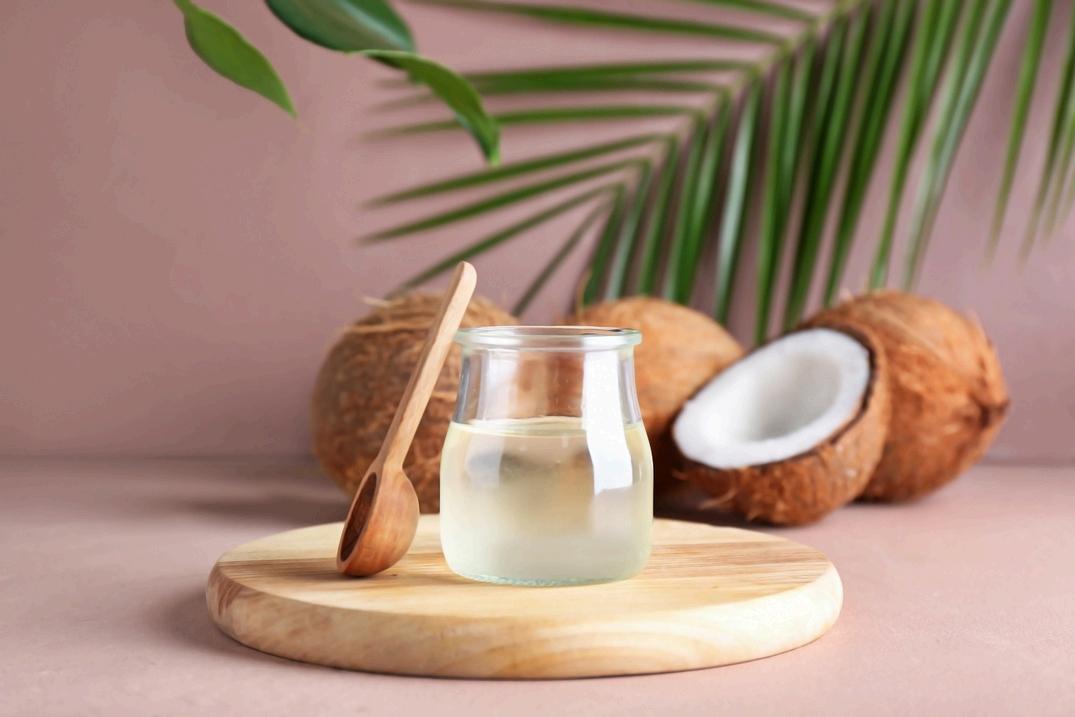
From tropical beaches to your kitchen shelf, coconut and its oil have journeyed far to become a staple in health-conscious households. But beyond its versatility in cooking, coconut offers a treasure trove of benefits for gut health.
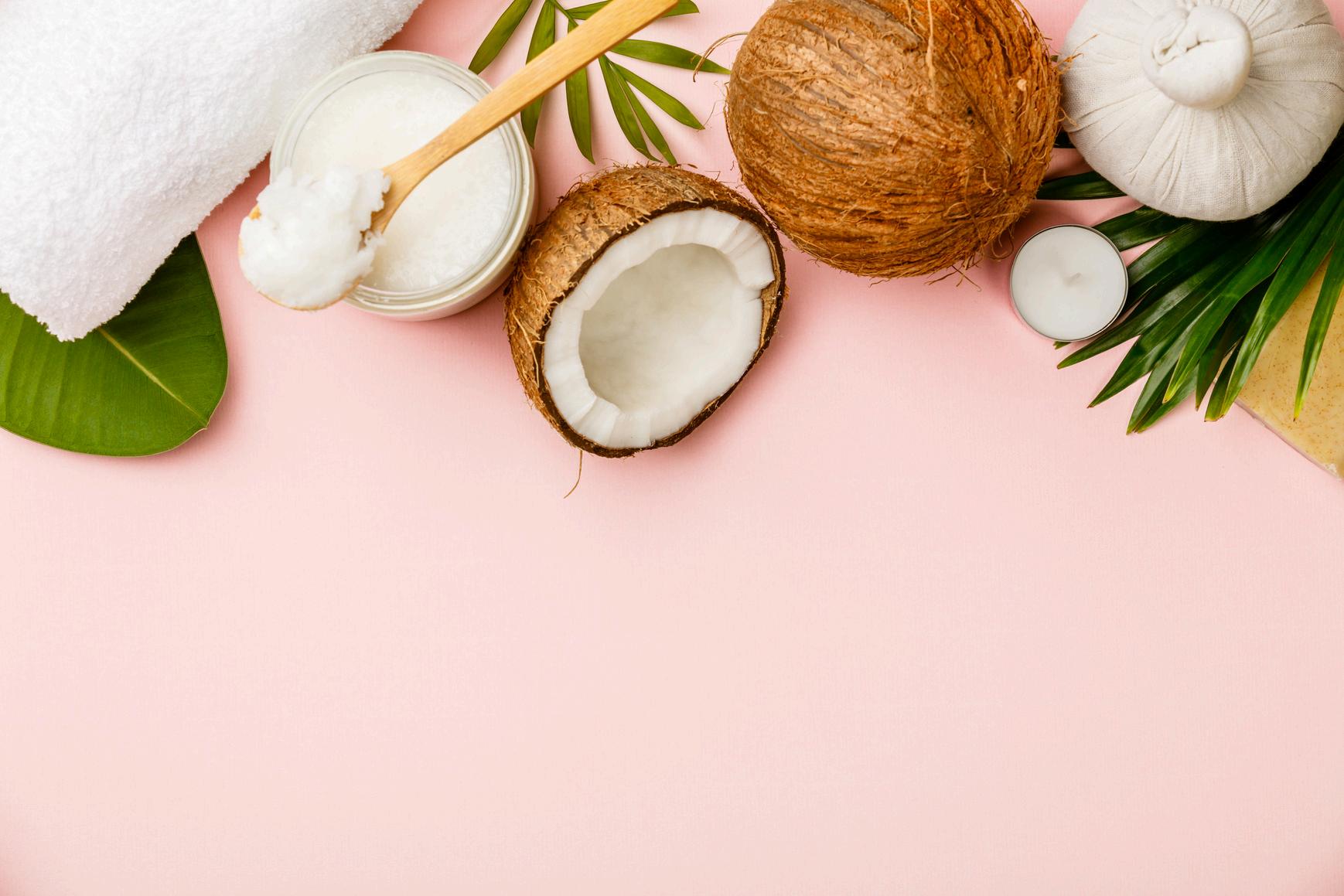
Digestive Aid: Coconut oil's MCFAs are easy to digest and may support overall digestive function.
Gut Bacteria: A recent study found that about 88% of coconut crude polysaccharides reach the intestine within two hours of eating, where they can be used by gut bacteria.
Coconut's gut-friendly actions stem from its unique composition:
MCFAs are rapidly absorbed and can provide quick energy for the body and brain.
Lauric acid, when digested, forms monolaurin, a compound with potent antimicrobial properties
The fiber in whole coconut can support digestive health and feed beneficial gut bacteria.
Cooking Oil: Use coconut oil for sautéing or baking as a gut-friendly alternative to other oils.
Coconut Yogurt: Try dairy-free coconut yogurt for a probiotic-rich treat
Shredded Coconut: Add to smoothies, oatmeal, or baked goods for fiber and flavor.
Coconut Water: Enjoy as a hydrating drink rich in electrolytes.
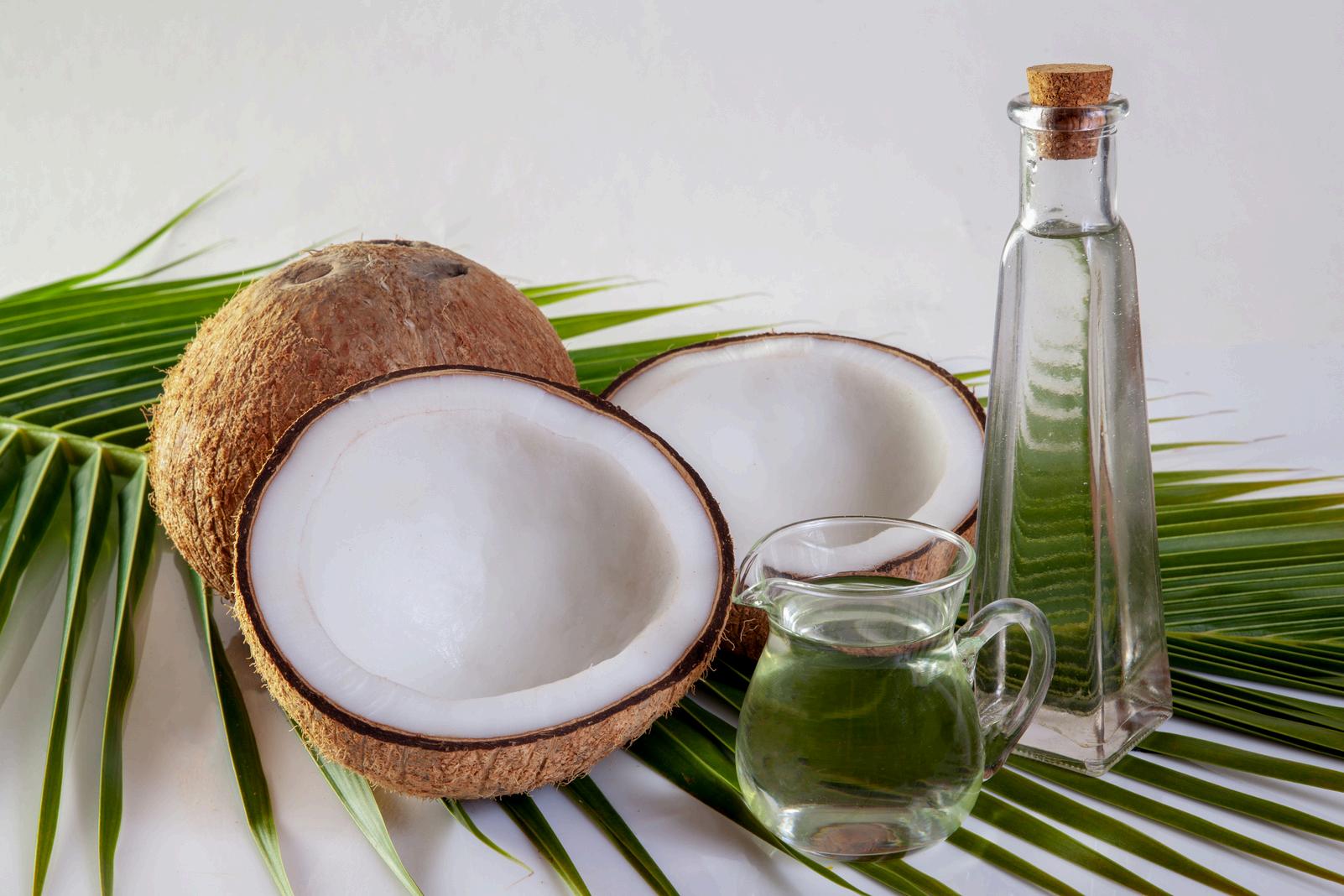
Opt for virgin, unrefined coconut oil to maximize potential health benefits.
Even though coconut offers many benefits, here are some things to watch out for:
Coconut oil is high in saturated fat. While MCFAs are metabolized differently than other saturated fats, moderation is key
Some people may experience digestive upset when first introducing coconut products. Start with small amounts.
Those with tree nut allergies should consult a healthcare provider before consuming coconut products.

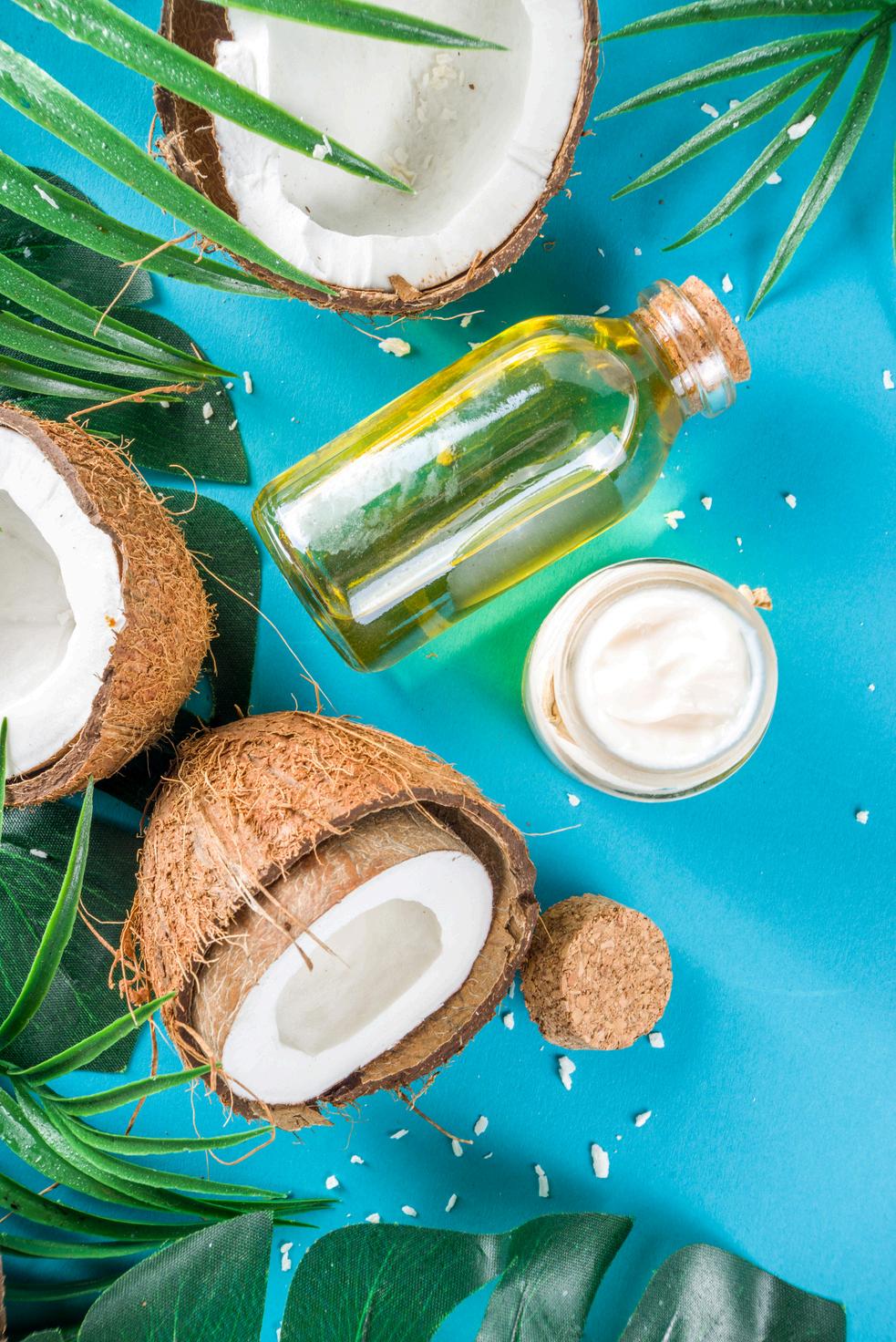

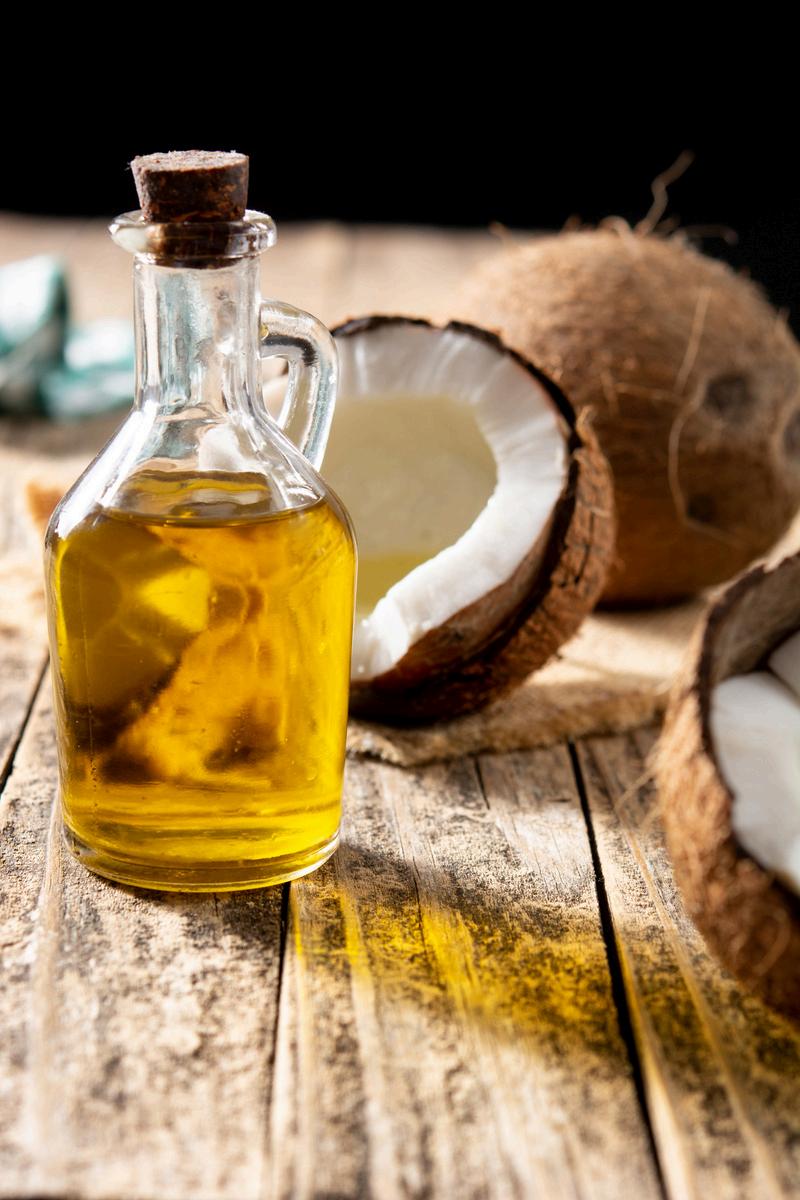

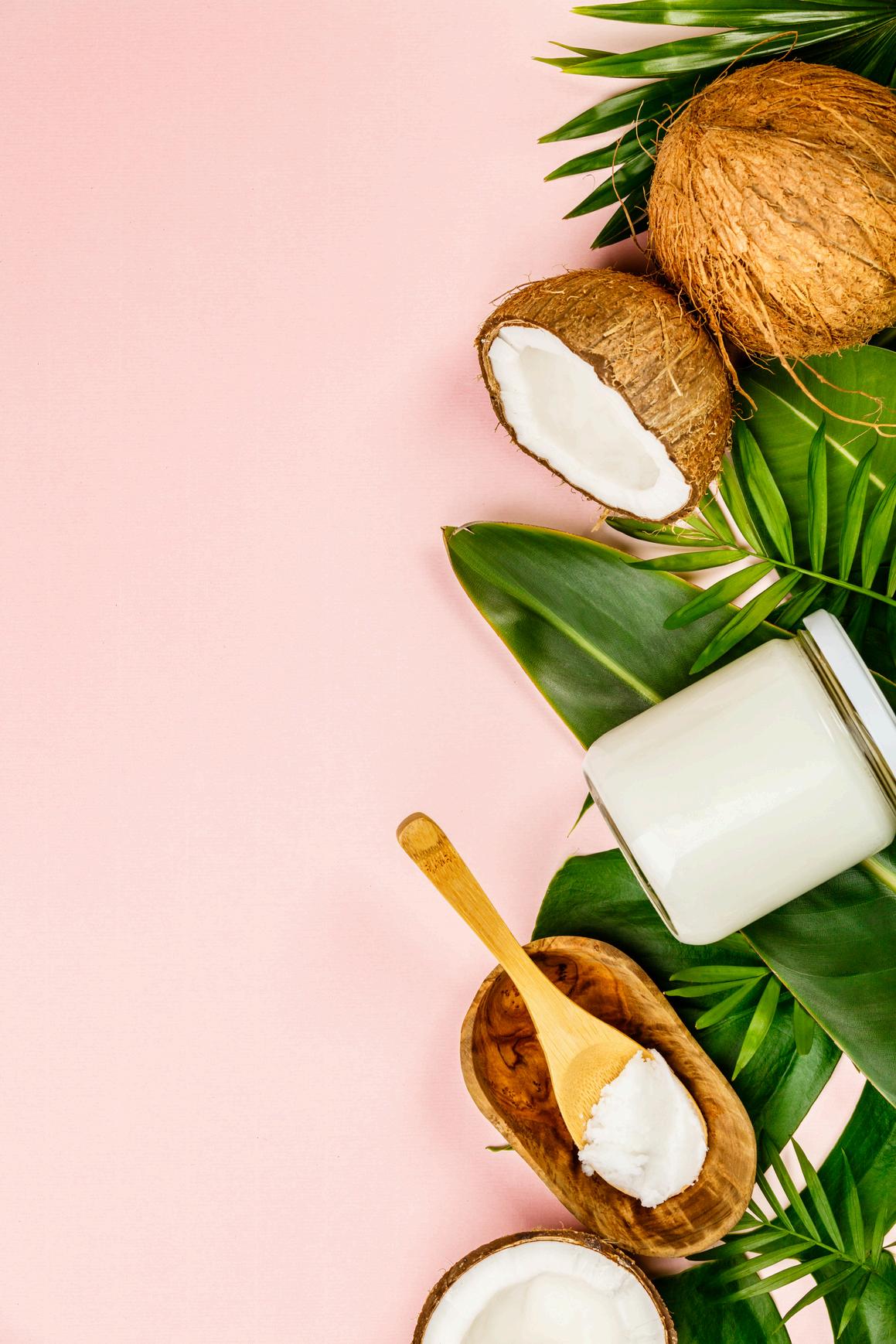
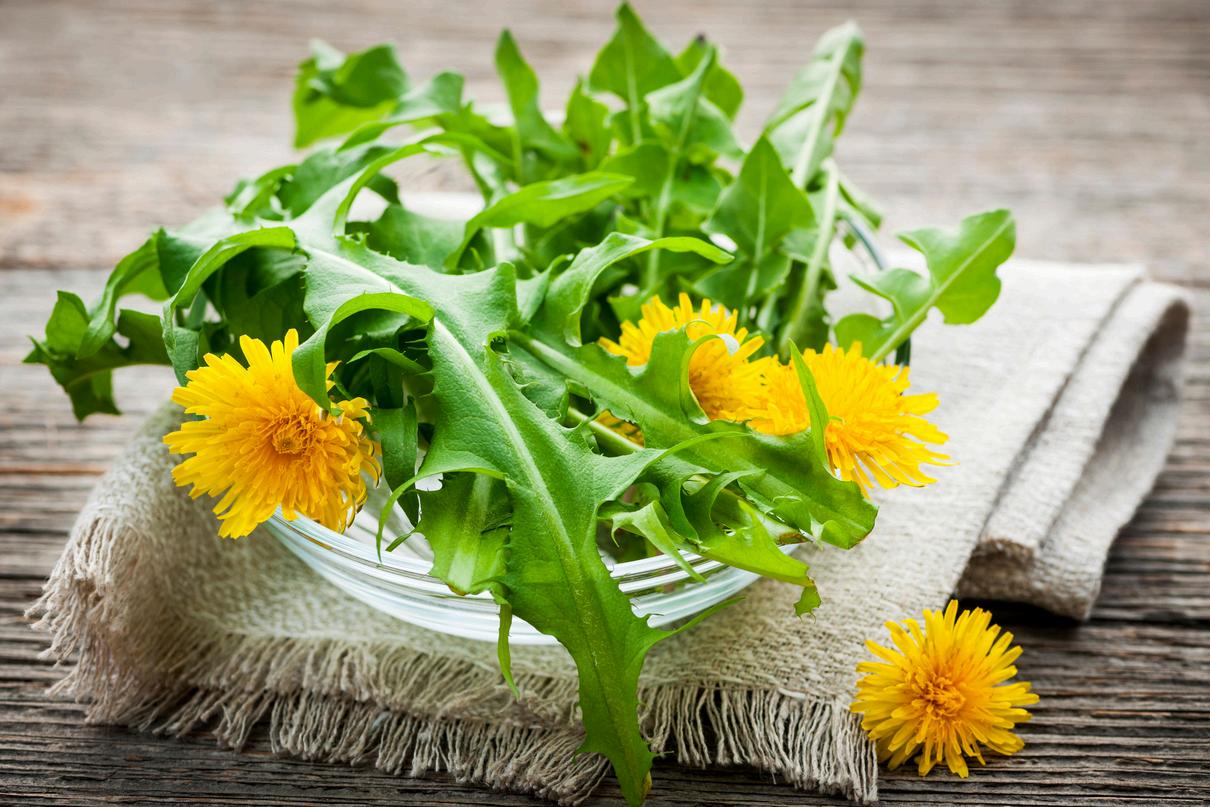
Did you know that dandelion greens are part of the sunflower family? They’re actually related to lettuce, chicory, and endive. These unassuming plants pack a punch when it comes to supporting digestive health and overall well-being.
Prebiotic Fiber: Leafy greens are rich in inulin, a type of prebiotic fiber that feeds beneficial gut bacteria.
Digestive Support: The bitter compounds in many leafy greens can stimulate digestive enzyme production. (15)
Detoxification Aid: Greens like dandelion support liver function, indirectly aiding gut health.
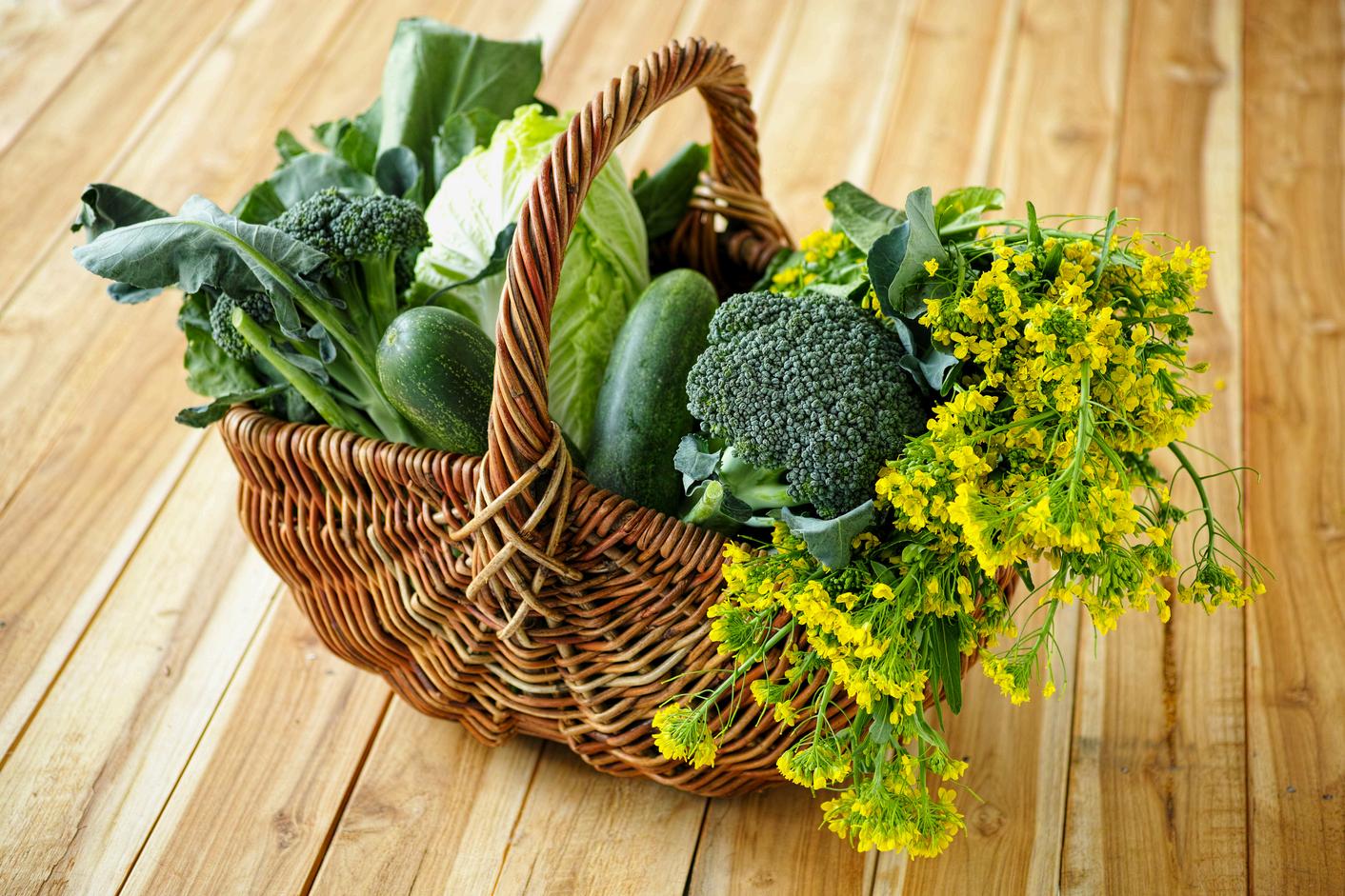
Anti-inflammatory Effects: Many leafy greens contain compounds such as flavonoids and carotenoids that may help reduce gut inflammation
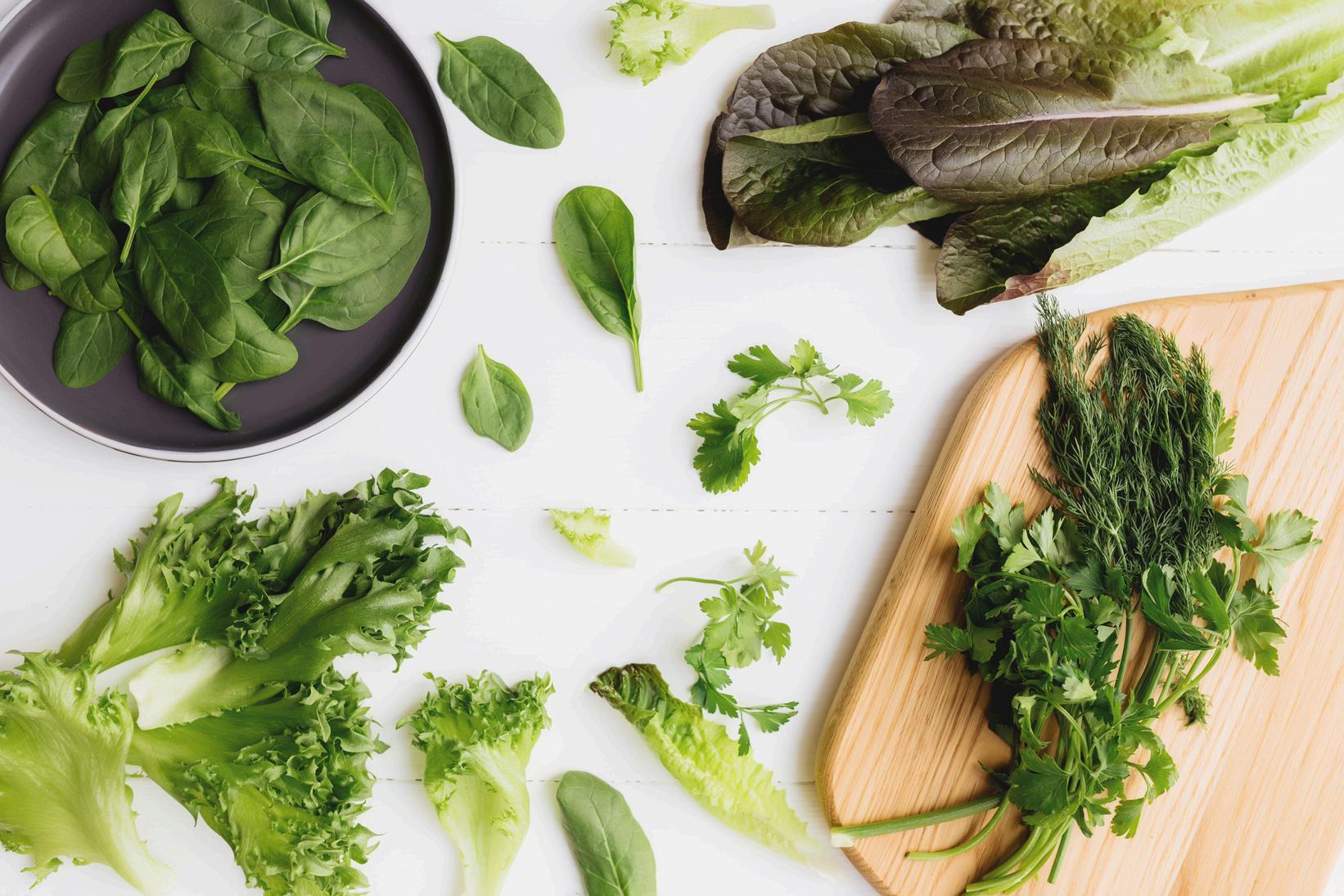
Chlorophyll may help in detoxification processes.
Salads: Use dandelion greens as the base for a nutrient-packed salad with your favorite toppings
Pesto: Blend dandelion greens with nuts, garlic, and olive oil for a zesty, gutfriendly pesto.
Smoothies: Blend dandelion greens with pineapple or mango to create a refreshing, gut-healthy smoothie.
Dandelion Chips: Bake dandelion leaves in the oven with a sprinkle of sea salt for a crunchy snack.
Balance the natural bitterness of dandelion greens with a drizzle of honey or a squeeze of citrus
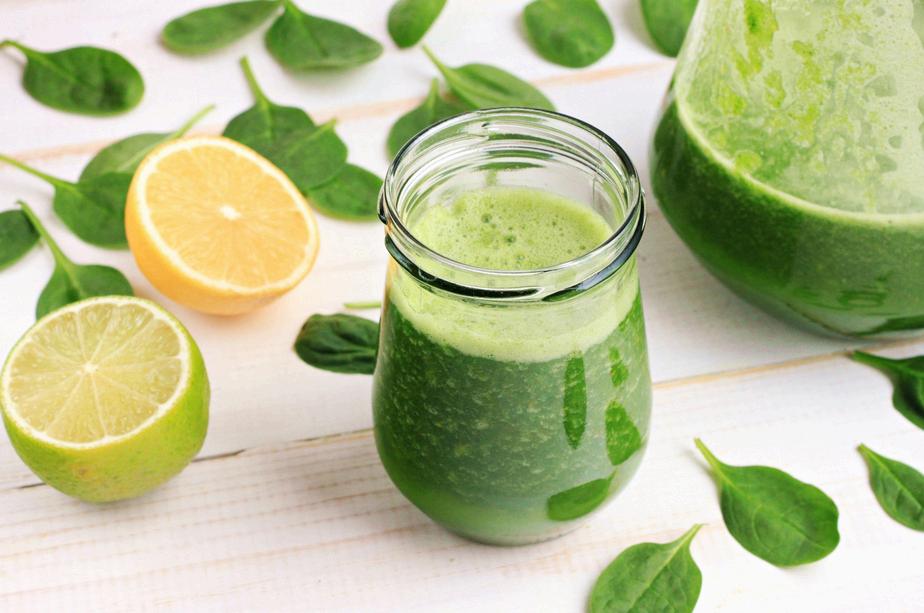
While dandelion greens and other leafy greens is often safe for most people, here are a few things to consider:
Ramp up intake gradually to avoid digestive discomfort from sudden fiber increase.
Some leafy greens are high in vitamin K, which may interact with bloodthinning medications
If foraging wild greens, ensure proper identification and avoid areas treated with pesticides
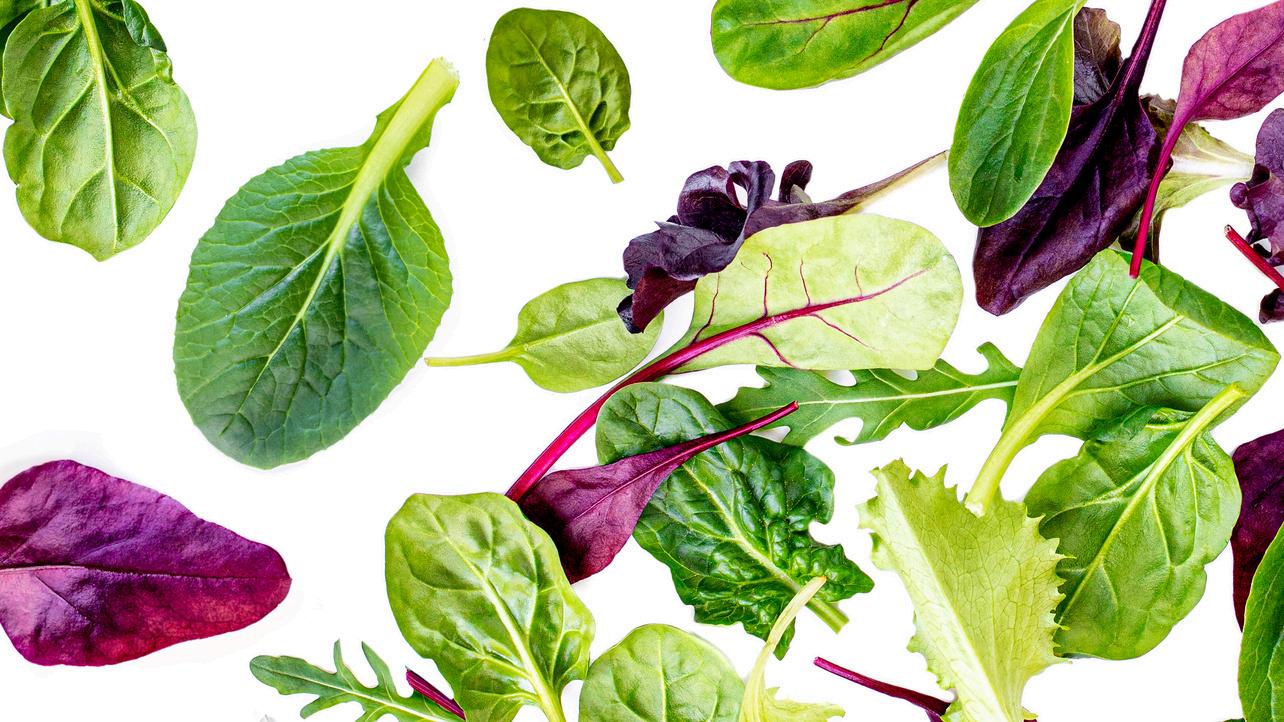

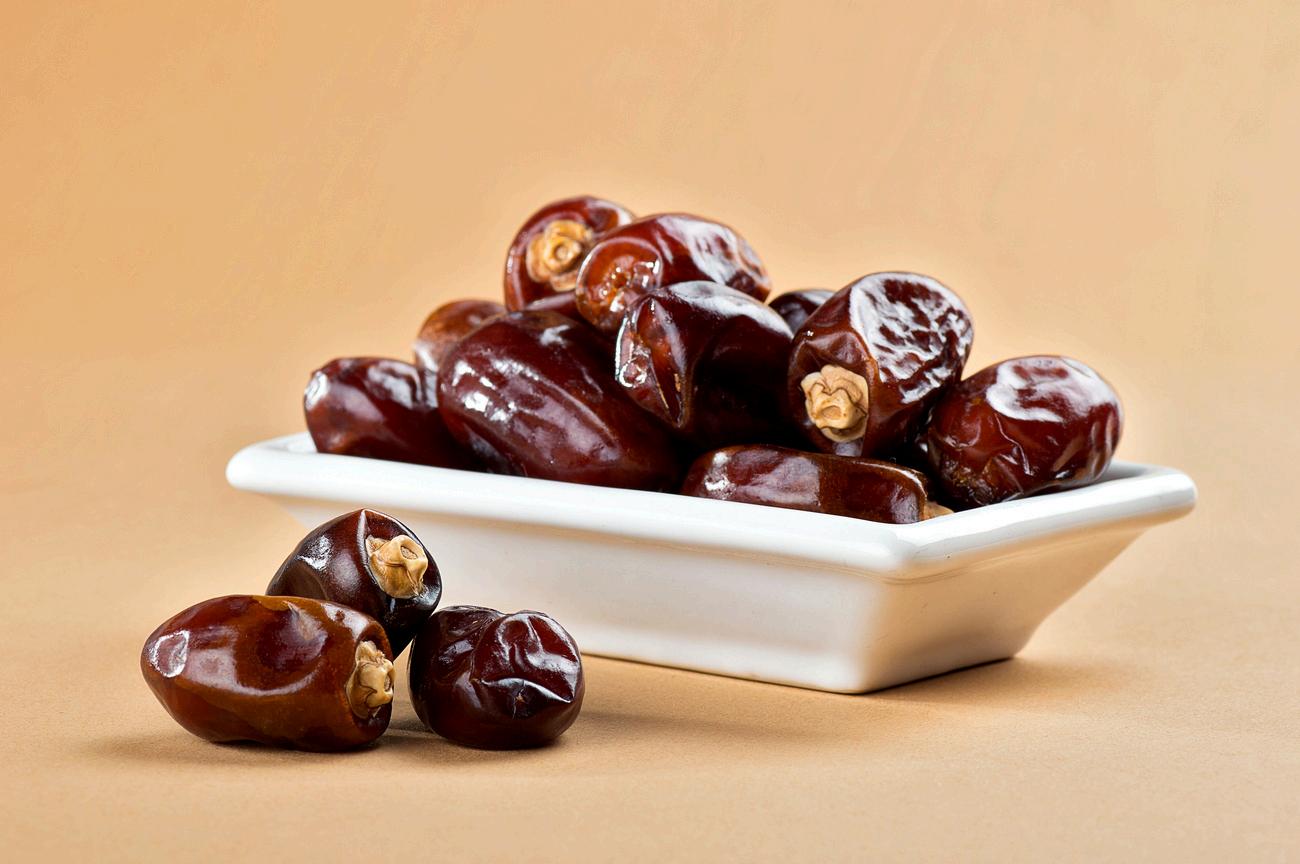
Dates support digestive health beca
Their fiber content feeds b bacteria and adds bulk to stool.
Antioxidants like flavonoids pro lining from oxidative stress.
Potassium in dates helps ma electrolyte balance, supporti function

Natural Sweetener: Use chopped dates to sweeten oatmeal or yogurt.
Energy Balls: Blend dates with nuts and seeds for a healthy snack.
Stuffed Dates: Fill with nut butter or cheese for a satisfying treat.
Date Syrup: Blend soaked dates to make a natural syrup for baking or drizzling.
Soak dates in warm water for 10-15 minutes before eating to soften them and make them easier to digest, especially if you're new to incorporating them into your diet.
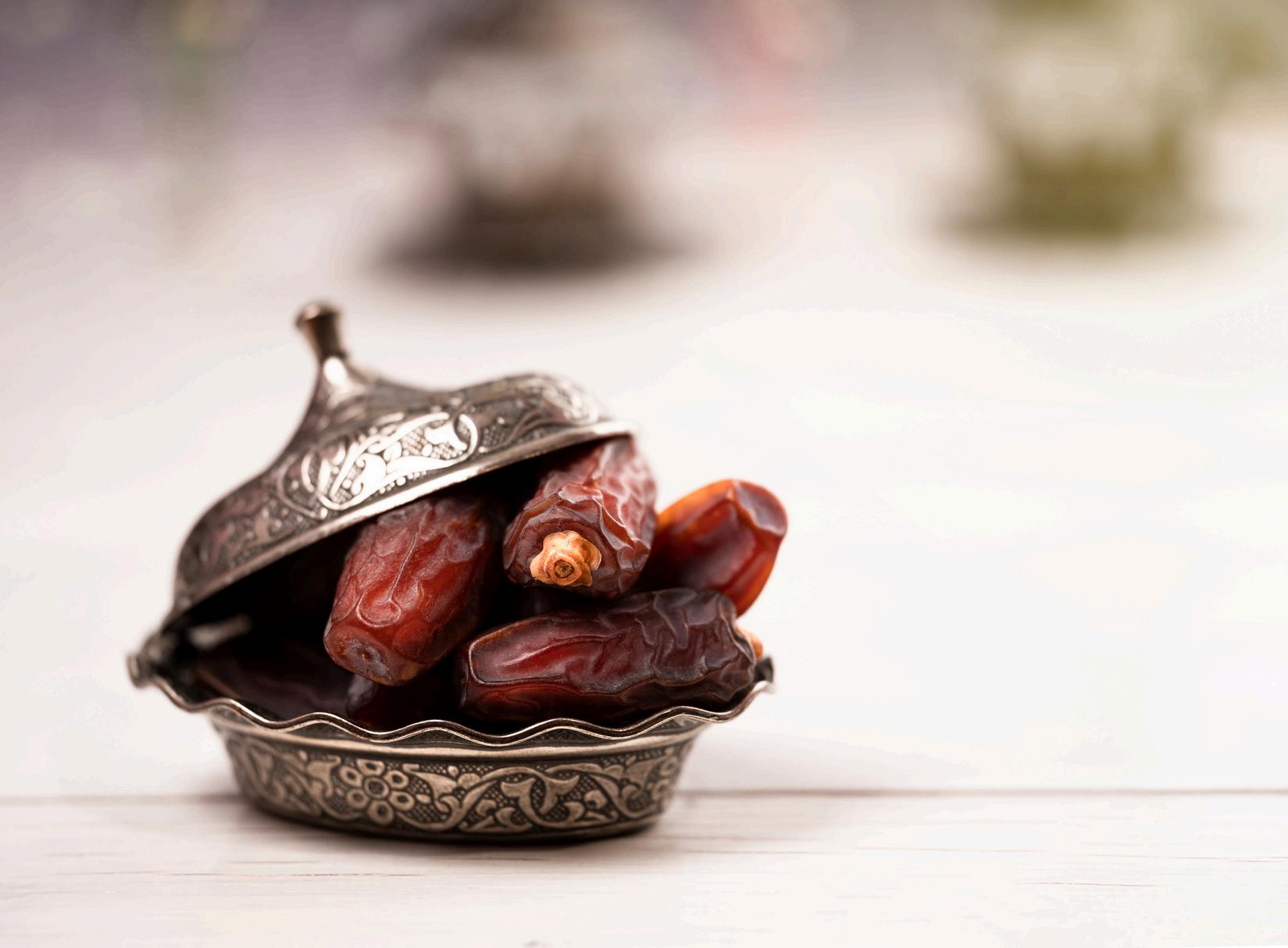
While dates are generally safe and nutritious, keep these points in mind:
Dates are high in natural sugars. While these are different from refined sugars, people with diabetes should monitor their intake.
The high fiber content might cause digestive discomfort if you're not used to it Start with small amounts and increase gradually
Dried dates may be treated with sulfites, which some people are sensitive to Look for unsulfured varieties if this is a concern


Ecklonia Cava, also known as brown algae or sea trumpet, is an edible seaweed native to the coasts of Japan and Korea. This marine plant has gained attention in the scientific community for its potential health benefits, particularly in relation to gut health and overall well-being
Unique Polyphenols: Ecklonia Cava contains phlorotannins, a type of polyphenol rarely found in land plants, which have potent antioxidant and anti-inflammatory effects
Anti-Inflammatory Effects: The seaweed is rich in phlorotannins, potent antioxidants that help reduce inflammation in the gut and throughout the body
Gut Barrier Support: Research suggests that Ecklonia Cava may help strengthen the gut lining and act as a natural binder for environmental and metabolic toxins This could potentially aid in the prevention and management of leaky gut syndrome
Digestive Enzyme Support: Some studies indicate that compounds in Ecklonia Cava may support the production and activity of digestive enzymes, which could improve overall digestion.

Ecklonia Cava's gut health benefits are primarily attributed to its unique polyphenol content, particularly a compound called dieckol, which has been shown to:
Inhibit the growth of harmful bacteria while promoting beneficial bacteria
Reduce oxidative stress in the gut
Support the integrity of tight junctions in the intestinal lining, healing and preventing leaky gut



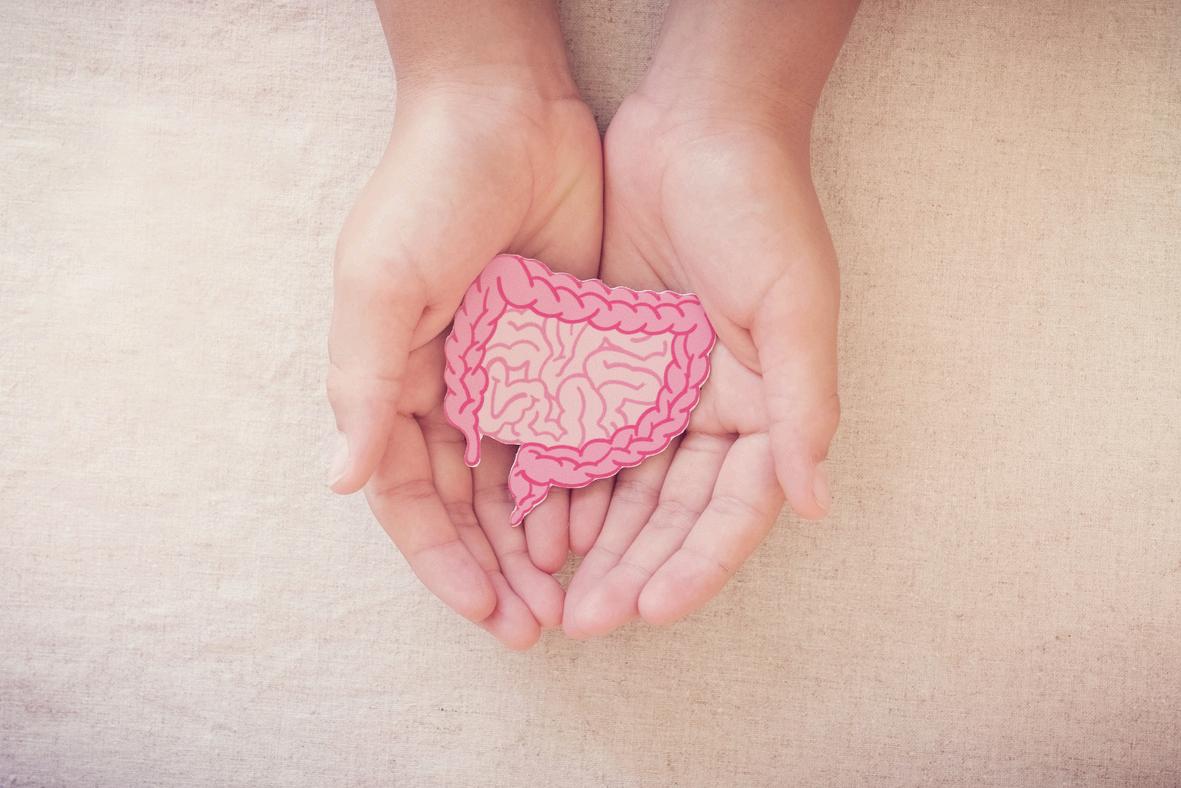


Supplements: Ecklonia Cava extract is available in capsule or powder form Depending on where you live, this is often the prevalent form of Ecklonia Cava you’ll find.
Seaweed Snacks: Some specialty stores offer dried Ecklonia Cava as a snack or salad topping.
Teas: Ecklonia Cava can be steeped in hot water to make a nutrient-rich tea.
If you are sensitive to the taste of seaweed, opting for capsules or tablets might be the best way to take Ecklonia cava supplements without encountering the seaweed flavor.

While Ecklonia Cava is generally considered safe, it's important to note:
As with any seaweed, it contains iodine. Those with thyroid conditions should consult a healthcare provider before consuming large amounts
If you're taking blood thinners, speak with your doctor before adding Ecklonia Cava to your diet, as it may have mild anticoagulant effects.
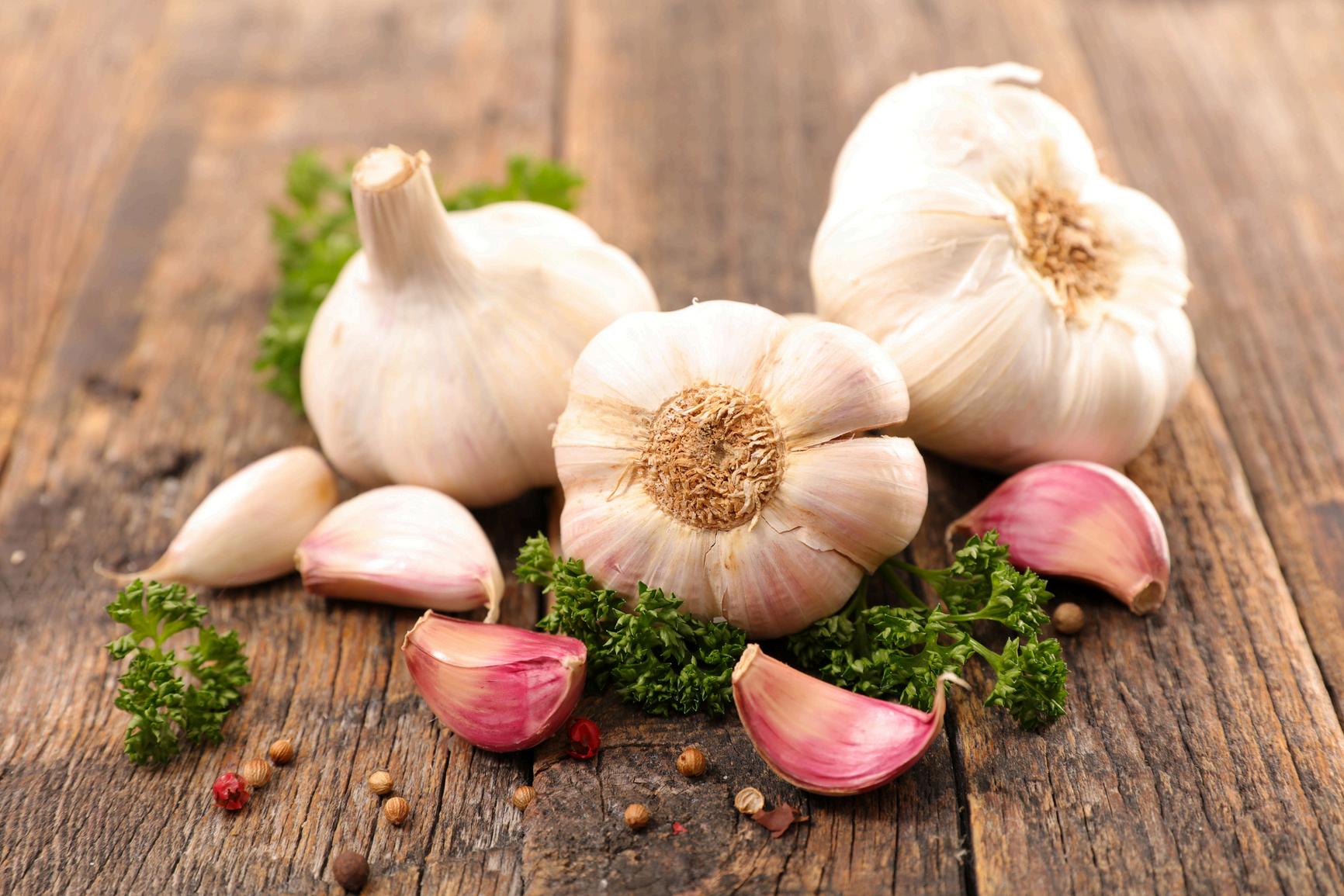
Garlic isn't just for vampires and Italian food. This pungent bulb has been used for thousands of years as both food and medicine. Today, science is backing up what traditional healers have long known: garlic is a powerhouse for gut health.
Prebiotic Properties: Garlic contains inulin and fructooligosaccharides (FOS), which feed beneficial gut bacteria and promote a healthy gut microbiome. 01
Antimicrobial Effects: Compounds in garlic, particularly allicin, have been shown to combat harmful bacteria, fungi, and viruses in the gut without destroying beneficial bacteria (20) 02
Anti-inflammatory Action: Garlic's organosulfur compounds may help g 03 e
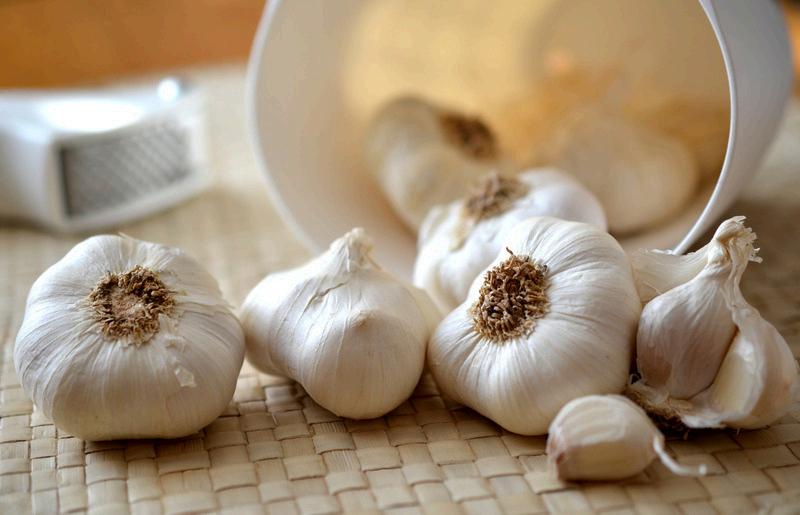
When you chop or crush garlic, it triggers the formation of sulfur-containing compounds, Including allicin. These compounds:
Act as natural antibiotics against harmful gut bacteria
Stimulate the growth of beneficial gut bacteria
Reduce inflammation in the gut lining
Support the body's detoxification processes
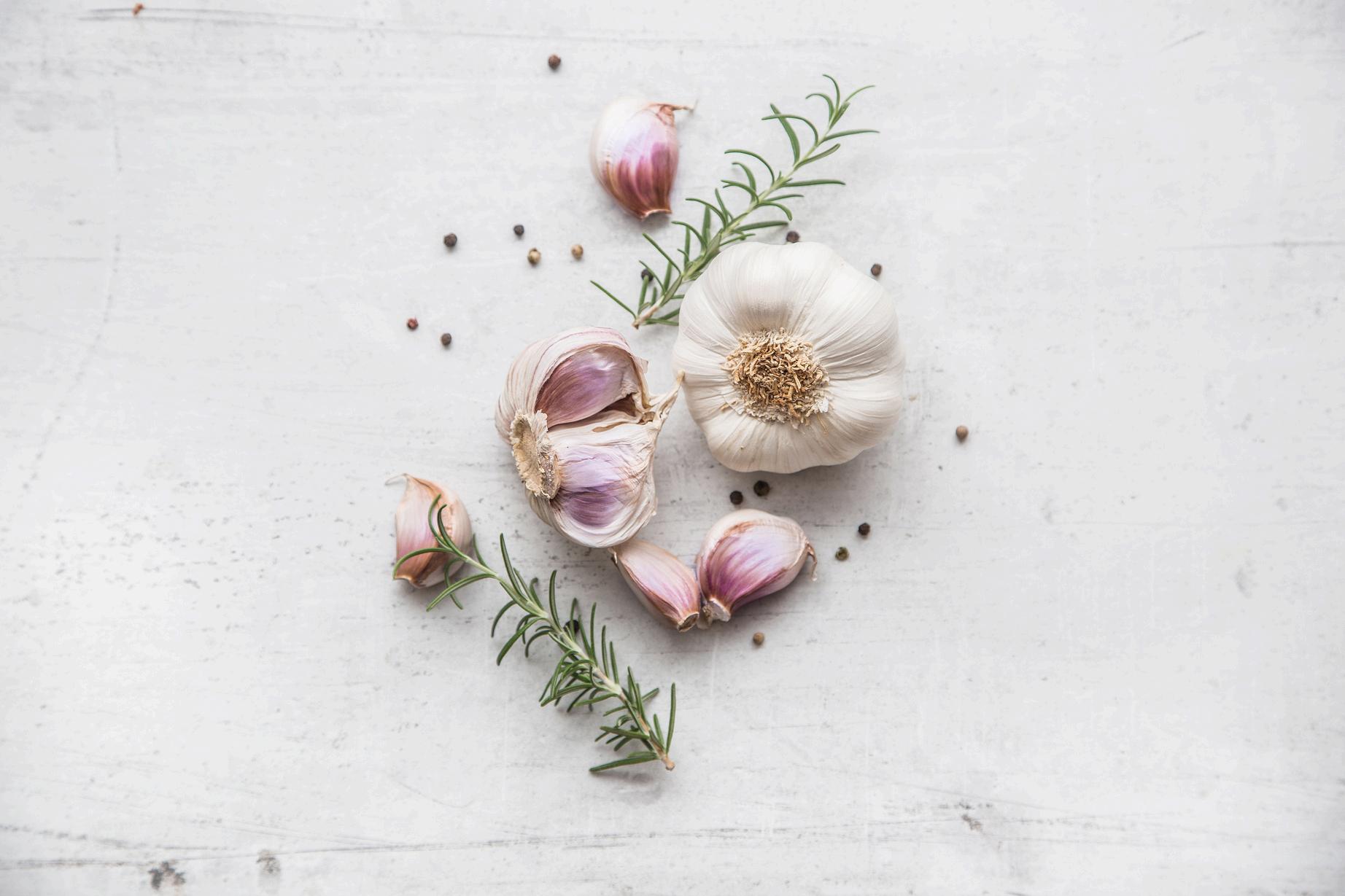
Garlic-Infused Honey: Peel whole garlic cloves and cover them with raw honey. Let it sit for a few weeks. Use this in teas or as a spread for a sweet and savory immune boost.
Roasted Garlic Spread: Roast whole garlic bulbs until soft and caramelized to make a delicious and gut-friendly spread for bread or a mix-in for mashed potatoes.
Pickled Garlic: Pickling garlic not only preserves it but also creates beneficial probiotics. Enjoy as a tangy, crunchy snack or condiment.
If you're enjoying a garlic-heavy meal, consider having apples for dessert or chewing on fresh mint leaves to banish garlic breath. One study found that the chemical composition of raw or heated apples, lettuce, and mint can help neutralize garlic breath. Hot green tea and lemon juice might also be effective
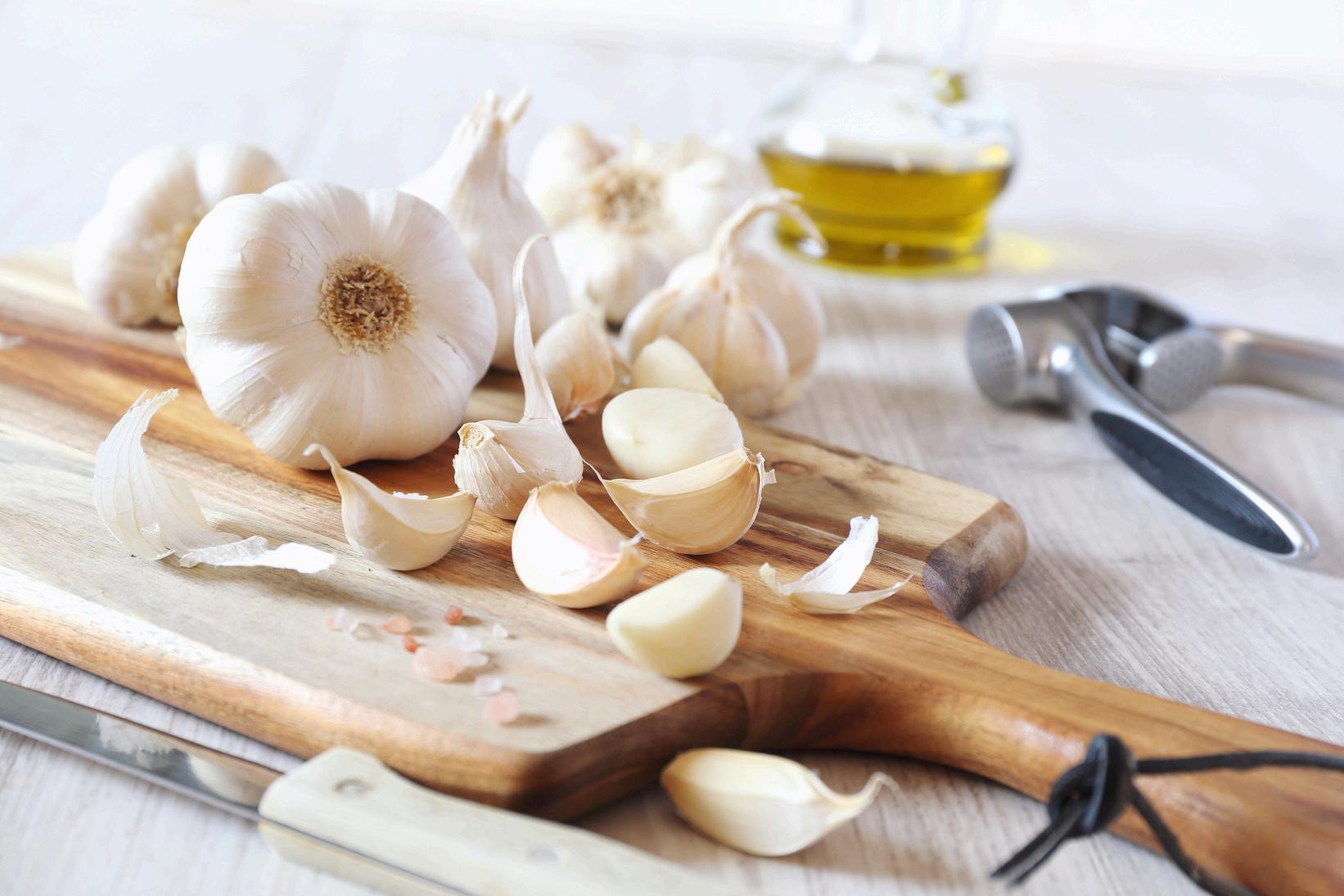
Garlic can have a mild blood-thinning effect. If you're taking blood thinners or planning surgery, consult your doctor about your garlic intake. When enjoying garlic, keep these points in mind:
Garlic contains high levels of FODMAPs, which are fermentable carbohydrates that can trigger symptoms in people with IBS. If you're on a low-FODMAP diet, consider using garlic-infused oil, which provides flavor without the problematic compounds.
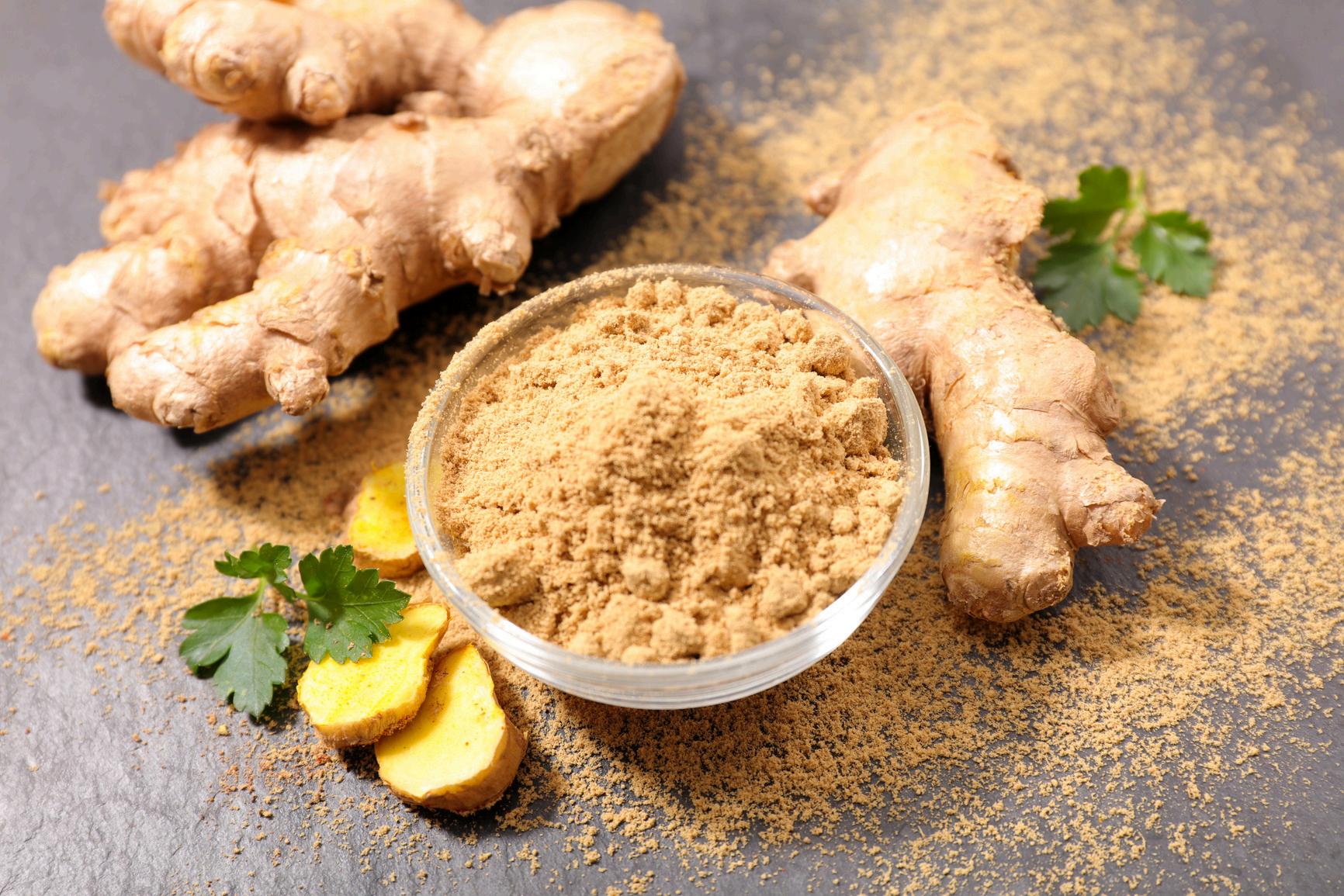
From ancient Chinese medicine to modern-day wellness shots, ginger has been spicing up our health routines for millennia. This knobby root isn't just about adding zing to your dishes – it's a powerhouse for gut health.
Digestive Motility Booster: Ginger can help speed up gastric emptying, potentially reducing bloating and discomfort.
Nausea Fighter: Whether it's morning sickness or chemotherapy-induced nausea, ginger has proven anti-nausea effects.
Gut Inflammation Reducer: Compounds in ginger, like gingerols, have potent anti-inflammatory properties that may soothe the gut.
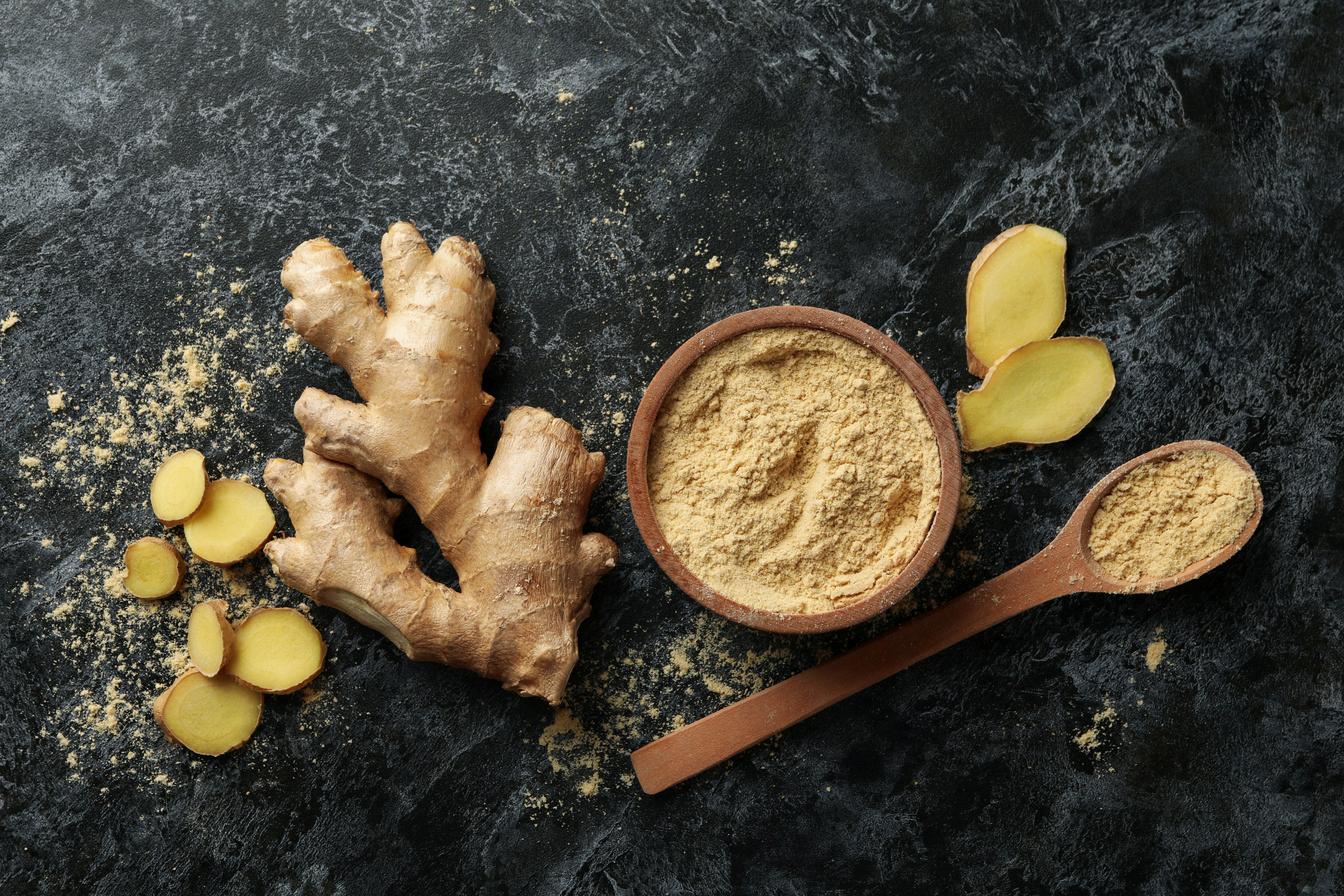
Ginger's gut-healing magic comes from its bioactive compounds:
Gingerols and shogaols stimulate digestive juices and increase gut motility
These compounds also have antispasmodic properties, which can help relieve gas and bloating.
Ginger's anti-inflammatory effects may help protect the gut lining from damage.
Ginger Tea: Steep fresh ginger slices in hot water for a soothing digestive tea.
Stir-Fry Staple: Add minced ginger to stir-fries for flavor and health benefits.
Ginger Shots: Try a concentrated ginger juice shot for a powerful gut health boost
Pickled Ginger: Enjoy as a palate cleanser or digestive aid with meals.
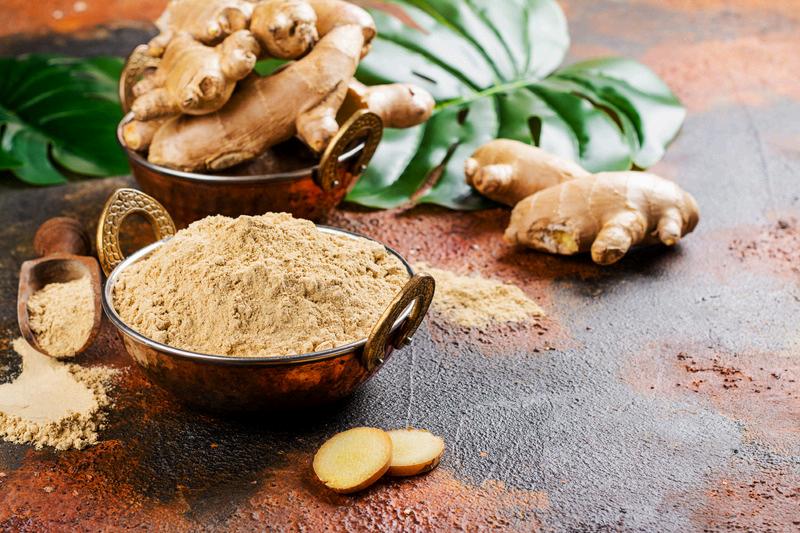
For maximum benefits, use fresh ginger rather than dried Peel the skin with a spoon edge to minimize waste.
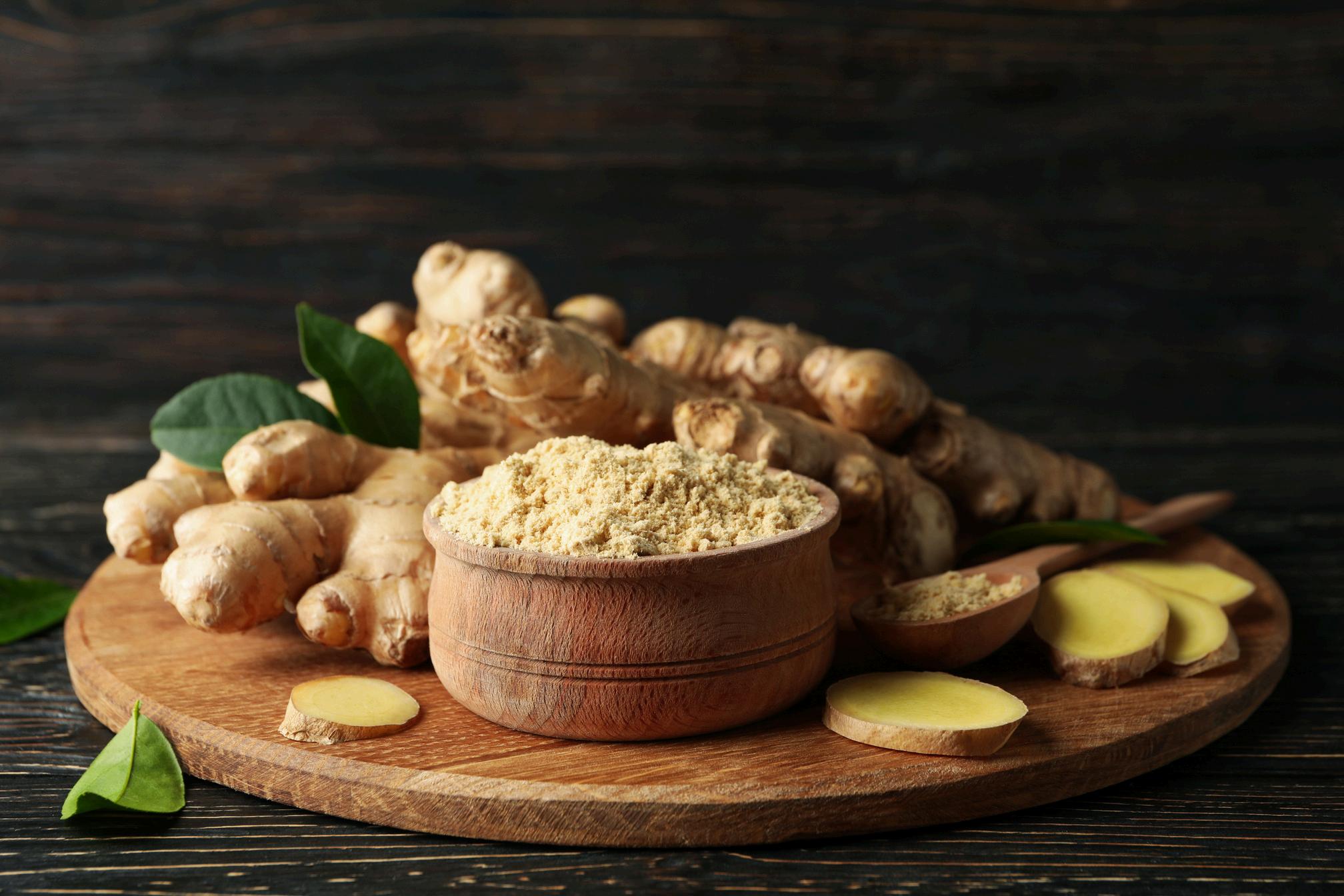
Ginger is generally beneficial, but there are a few caveats to note:
While generally safe, large amounts of ginger may cause mild heartburn or digestive discomfort in some people
If you're taking blood thinners, talk to your doctor before consuming large amounts of ginger, as it may have mild blood-thinning effects.
Pregnant women should consult their healthcare provider before using ginger supplements because high doses might increase the risk of bleeding or uterine contractions,, although moderate dietary intake is generally considered safe.
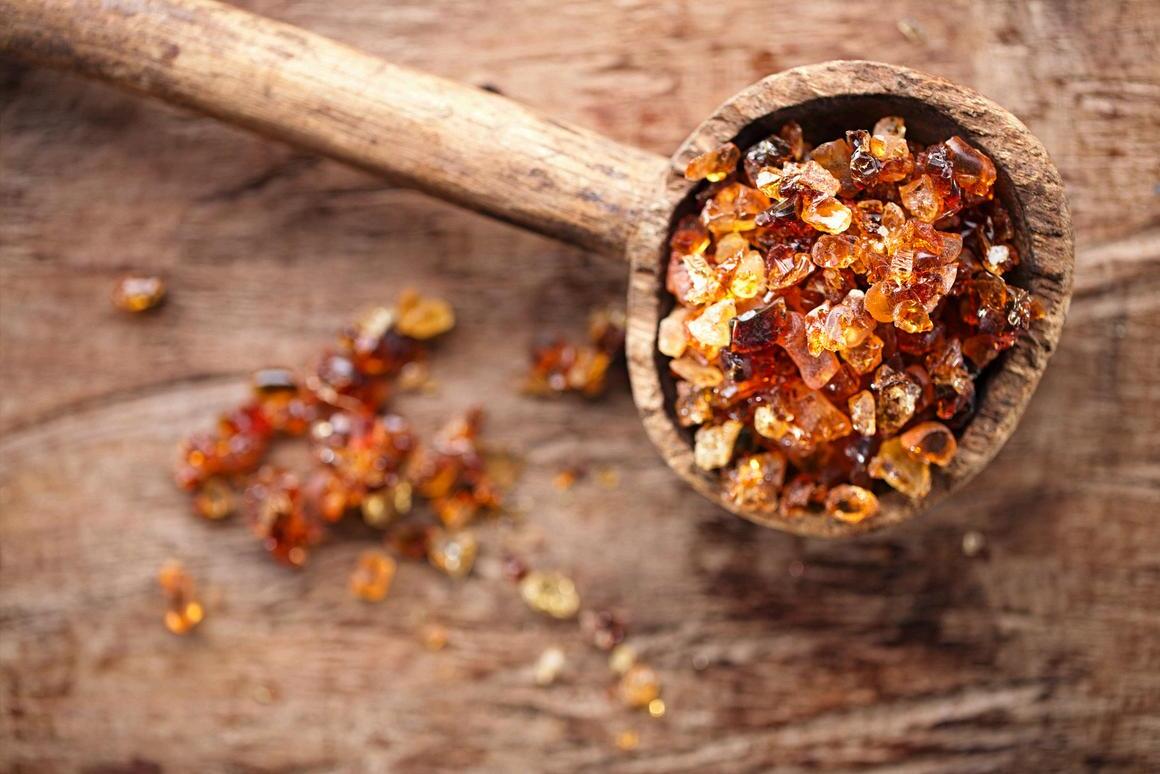
Gum Arabic, also known as Acacia Gum is a natural, soluble dietary fiber that comes from the sap of Acacia trees. While you may not have heard of it, it’s actually been used for thousands of years in traditional medicine!
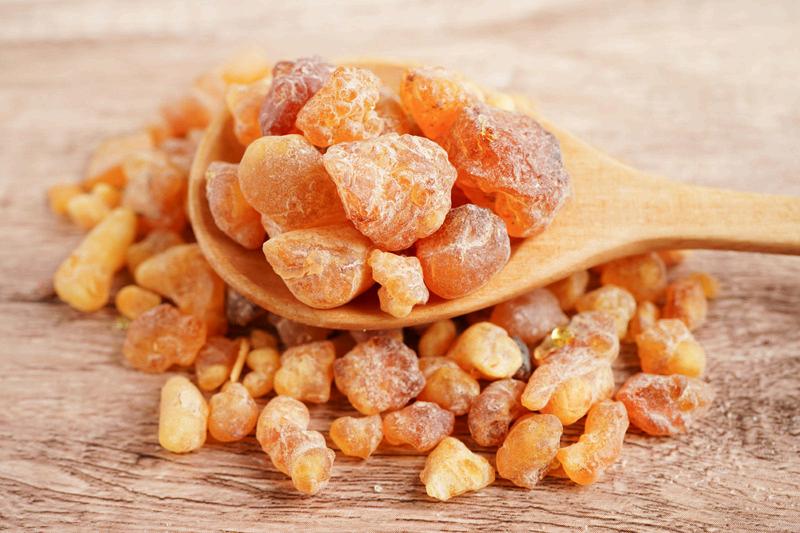
Digestive Health Support: It can help regulate bowel movements and may alleviate symptoms of irritable bowel syndrome (IBS).
Blood Sugar Regulation: Some studies suggest that Gum Arabic may help stabilize blood sugar levels, which can indirectly benefit gut health by preventing spikes and crashes that might otherwise contribute to gut dysbiosis and inflammatory responses.
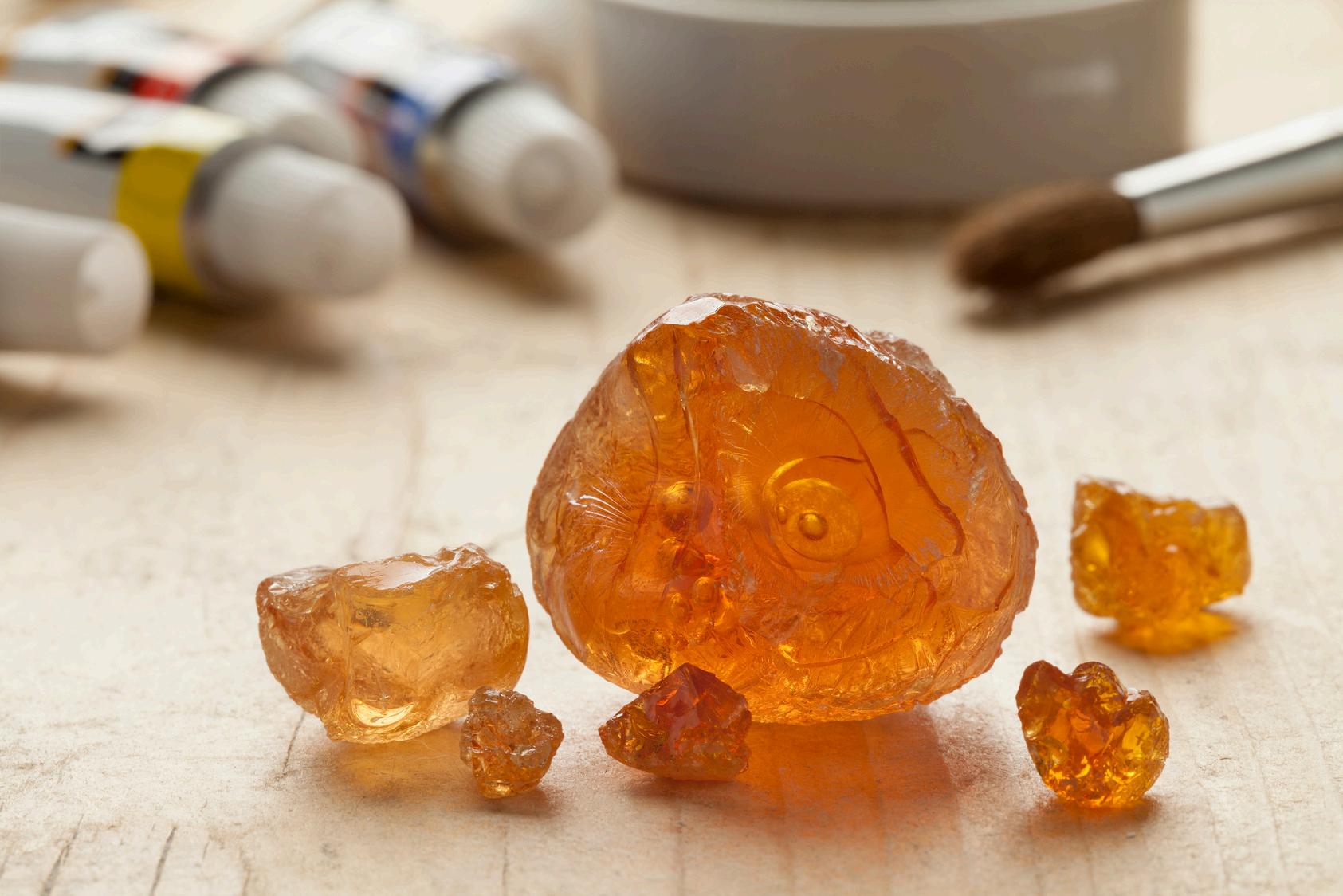
Gum Arabic's gut-boosting magic comes from its high fiber content and unique chemical structure.
It ferments in the colon, providing food for beneficial bacteria.
As it moves through your digestive tract, it forms a gel-like substance. This slows down digestion (in a good way!) and helps you absorb more nutrients from your food
The fermentation process produces short-chain fatty acids, which nourish colon cells and may have anti-inflammatory effects.
Baking: Use it as a fiber-rich addition to baked goods or as an egg substitute in vegan recipes Gum Arabic has a very mild, neutral taste, often described as slightly sweet but generally considered tasteless when mixed into food or beverages.
Thickener: Gum Arabic works great as a natural thickener for sauces and dressings.
Supplements: For a more concentrated dose, Gum Arabic is available in supplement form. As always, follow the recommended dosage on the label.
Always buy food grade! You’ll often find Gum Arabic in art supply stores because it’s commonly used in watercolor painting, but that is NOT food grade so ensure you’re getting the kind you can eat
While Gum Arabic is generally considered safe for most people, it's important to note:
Start with small amounts and gradually increase to avoid digestive discomfort.
If you have diabetes, monitor your blood sugar levels when using Gum Arabic, as it may affect blood sugar.

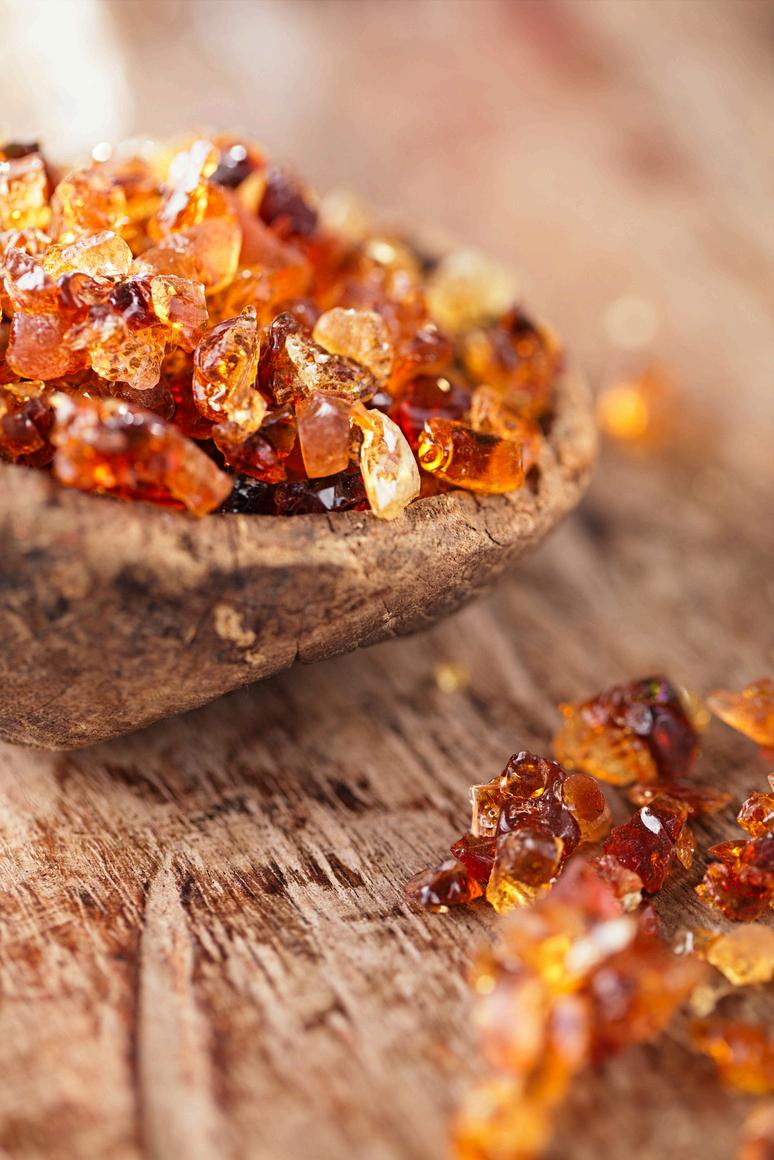

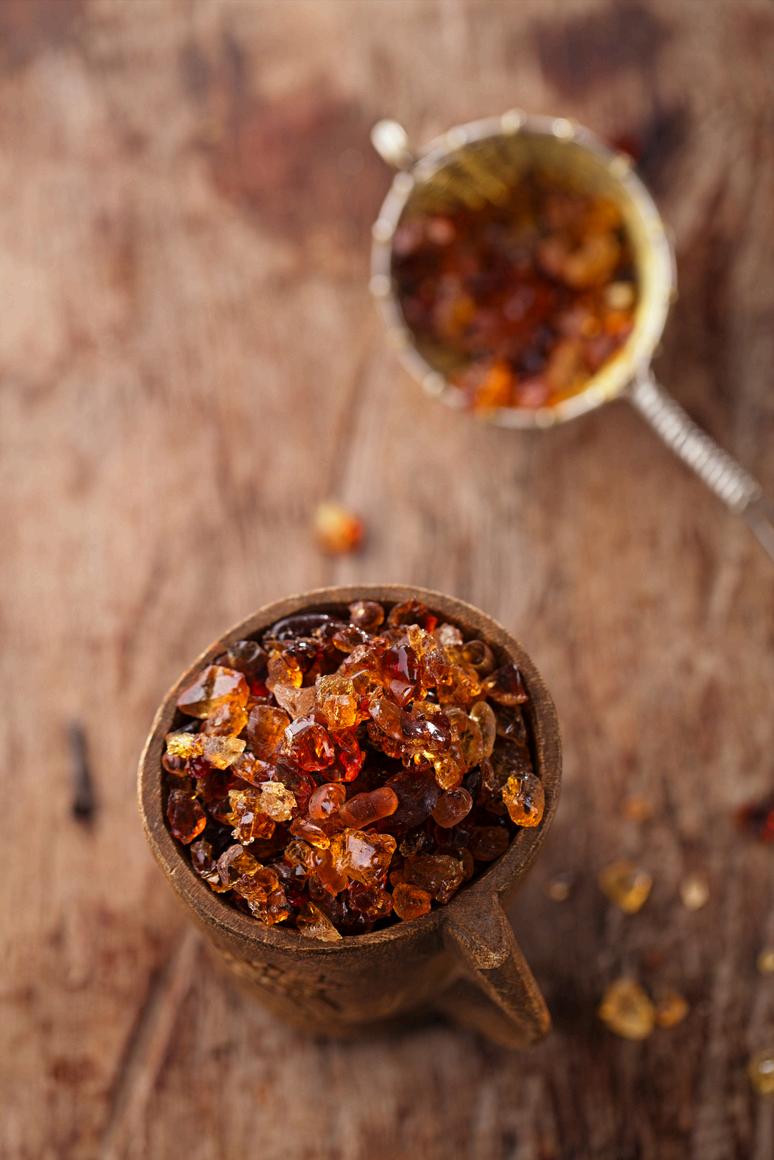

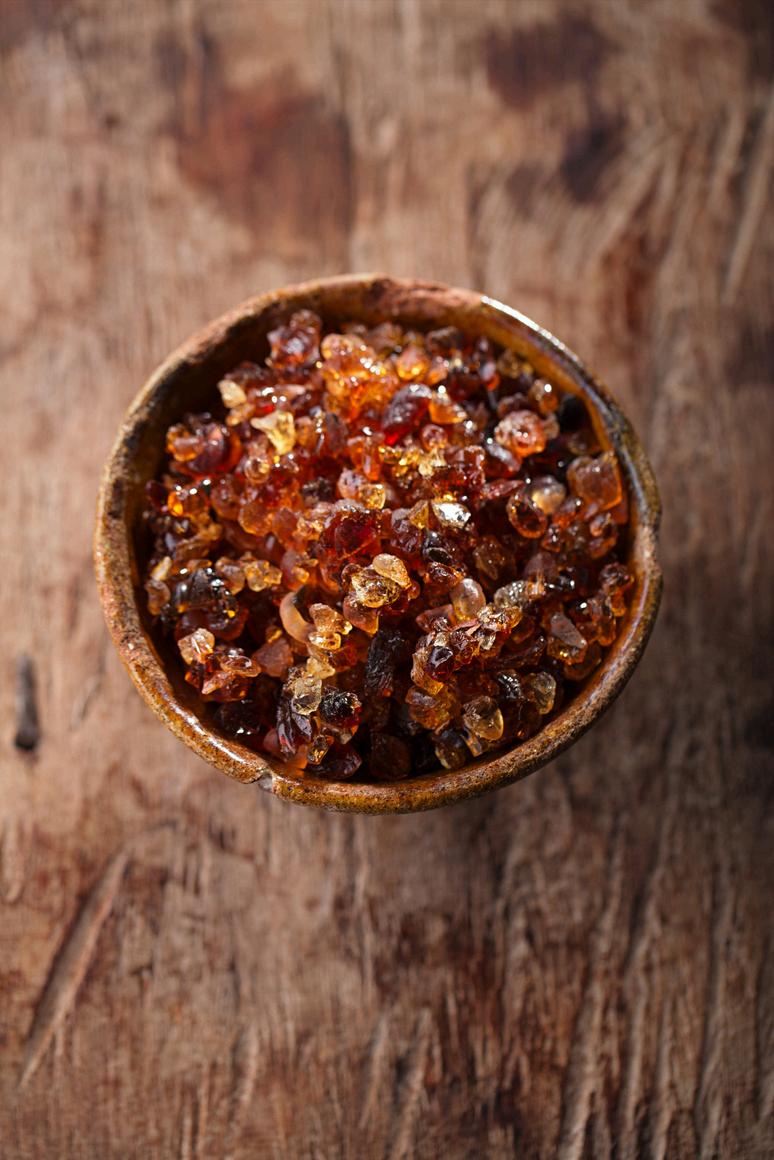
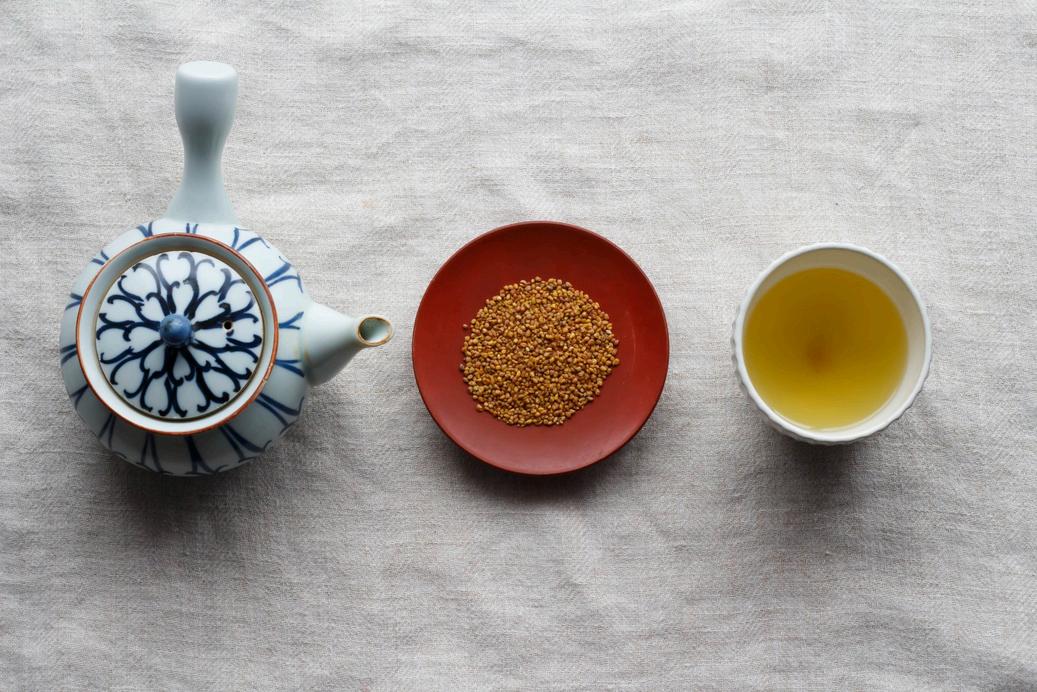
Despite its name, Himalayan Tartary Buckwheat is not actually related to wheat at all. In fact, it's a seed that's more closely related to rhubarb! This ancient grain has been cultivated in the Himalayas and parts of China for thousands of years.
High Fiber Content: Buckwheat has both soluble and insoluble fiber. These are crucial for keeping your gut bacteria happy and your bowel movements regular.
Resistant Starch: This type of starch acts as a prebiotic, feeding beneficial gut bacteria and supporting overall digestive health.
Gluten-Free: If you're sensitive to gluten or have celiac disease, Himalayan Tartary Buckwheat is a great alternative to wheat-based grains.
Himalayan Tartary Buckwheat supports gut health through several mechanisms: How It Works
2-HOBA, a unique compound, may help reduce oxidative stress and inflammation in the gut.
The high fiber content slows digestion, allowing more time for nutrient absorption.
Prebiotic fibers feed beneficial gut bacteria, promoting a healthy microbiome.
Fiber adds bulk to stool, promoting regular bowel movements and supporting detoxification.
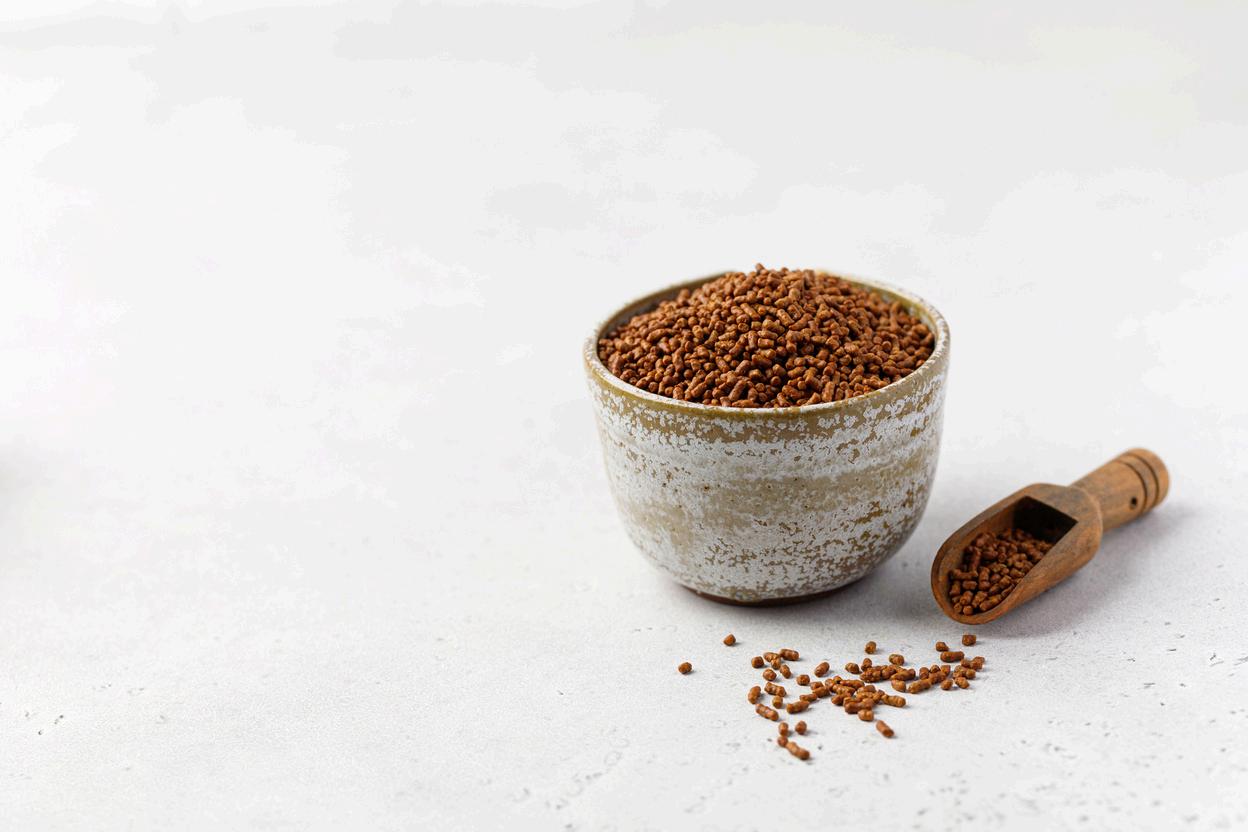
Buckwheat Breakfast Bowl: Cook buckwheat groats and top with fresh fruits, nuts, and a drizzle of honey for a nutritious start to your day
Hearty Soups and Stews: Add cooked buckwheat to your favorite soup or stew recipes for extra texture and a nutritional boost. It pairs particularly well with vegetable-based soups.
Gluten-Free Baking: Experiment with Himalayan Tartary Buckwheat flour in your baking It works well in pancakes, bread, and even as a base for gluten-free pizza crusts
To maximize nutritional benefits, soak buckwheat groats overnight before cooking. This can help reduce phytic acid and increase nutrient bioavailability
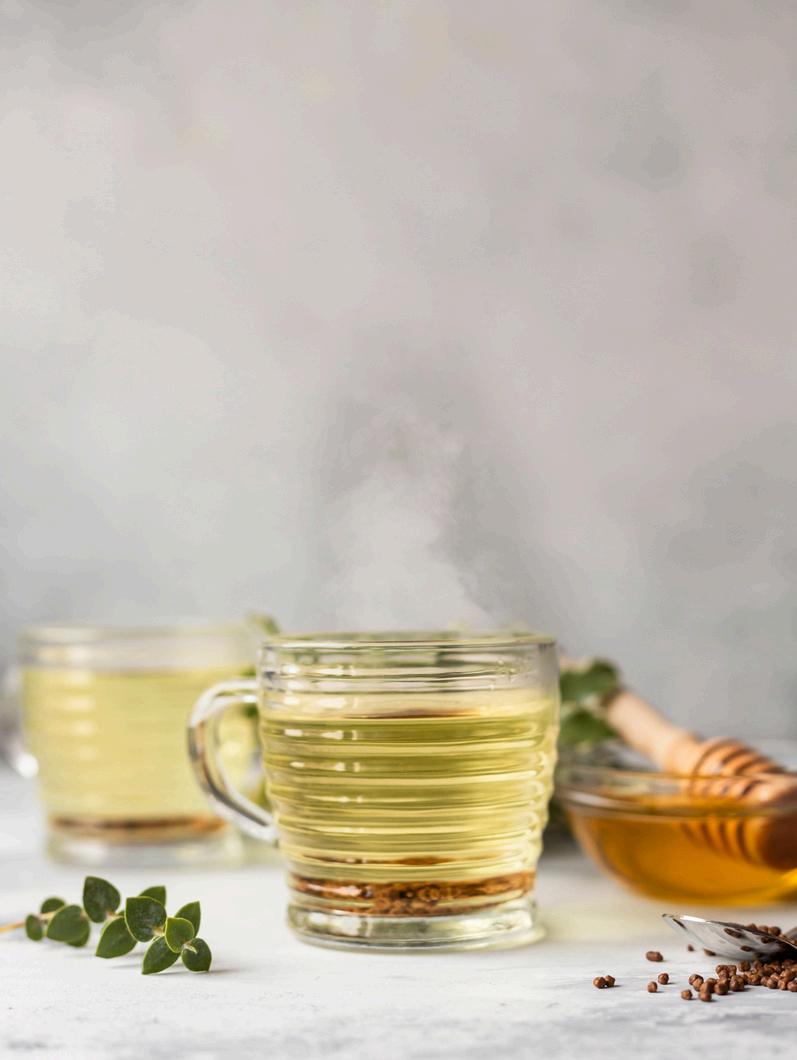
While Himalayan Tartary Buckwheat can be a healthy choice, it’s wise to keep the following in mind:
Introduce it gradually if you're new to high-fiber foods to avoid digestive discomfort.
Be aware of potential allergies Although rare, some people may be allergic to buckwheat If you experience any allergic symptoms, discontinue use and consult your healthcare provider.

Irish sea moss isn't just another seaweed. This red algae has been used for centuries, especially in Ireland, as both food and medicine. Recently, it's been making waves in the health world for its potential benefits, particularly for gut health
Rich in Mucilage: This gel-like substance can soothe and protect the lining of your digestive tract, potentially helping with issues like acid reflux and inflammation
Supports Digestive Health: Some studies suggest that Irish sea moss might help with digestive issues like ulcers and constipation. (26)
Packed with Nutrients: It's a good source of iodine, which is important for thyroid function, and it contains other minerals such as magnesium, calcium, and potassium that support overall health.
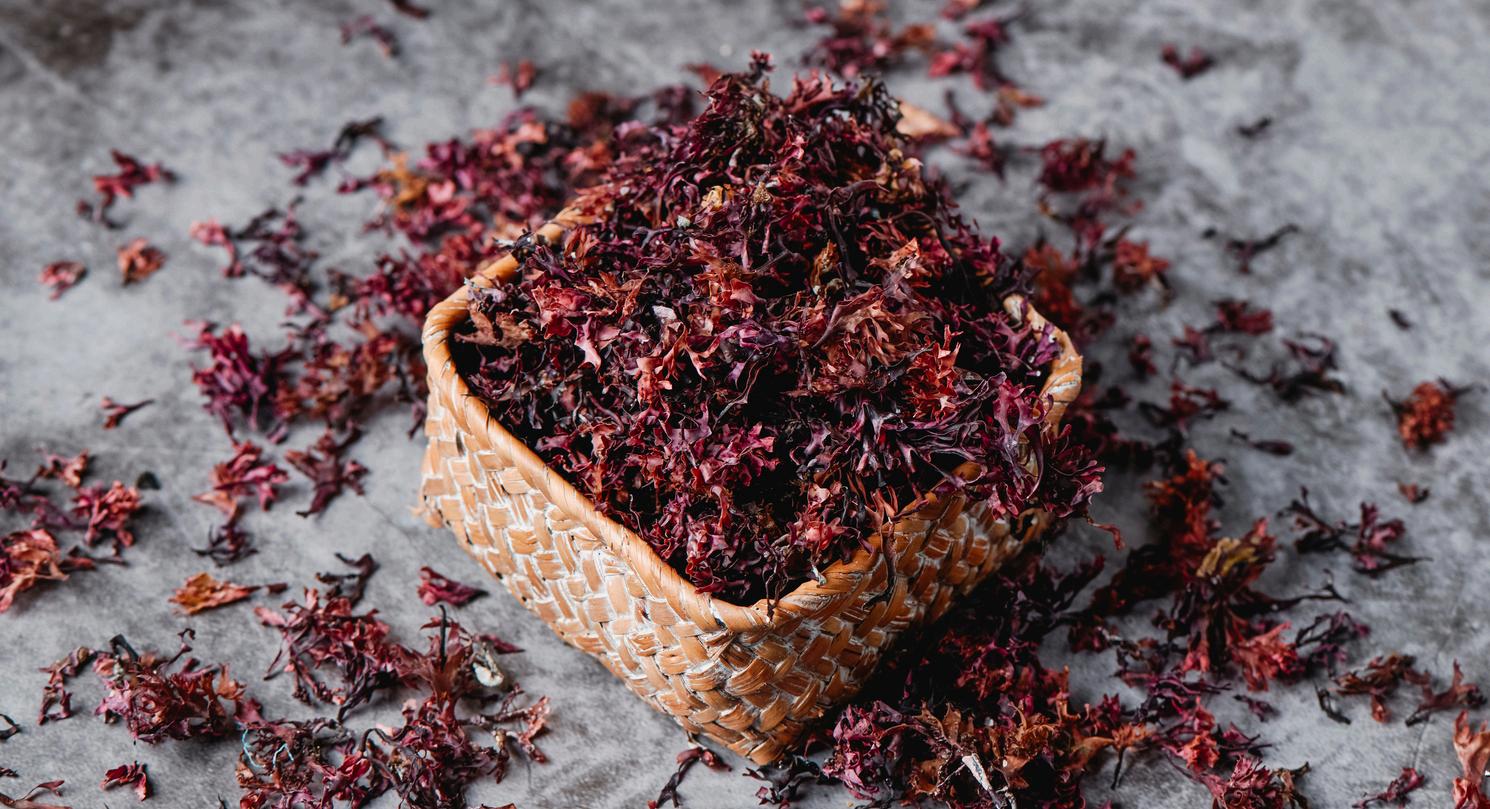
Irish sea moss is full of a substance called carrageenan While there's some debate about processed carrageenan, the natural form in sea moss appears to have several benefits:
It can act as a gentle laxative, helping to keep things moving through your digestive system.
It might help form a protective layer in your gut, which could be helpful if you're dealing with issues like leaky gut
The prebiotic fibers in sea moss feed your good gut bacteria, helping to maintain a healthy gut environment.
Make a Gel: Soak dried sea moss in water, then blend it to make a gel You can add this to soups and stews, or use it as a thickener in recipes.
Homemade Gummies: Mix sea moss gel with fruit juice and set in molds for healthy, gut-friendly gummies
Try Sea Moss Supplements: If you're not keen on the taste or texture, sea moss is available in capsule or powder form.
To maximize nutrient absorption and minimize any potential "seaweed" taste, soak your sea moss in pure water with a slice of lemon for 12-24 hours before preparing your gel.
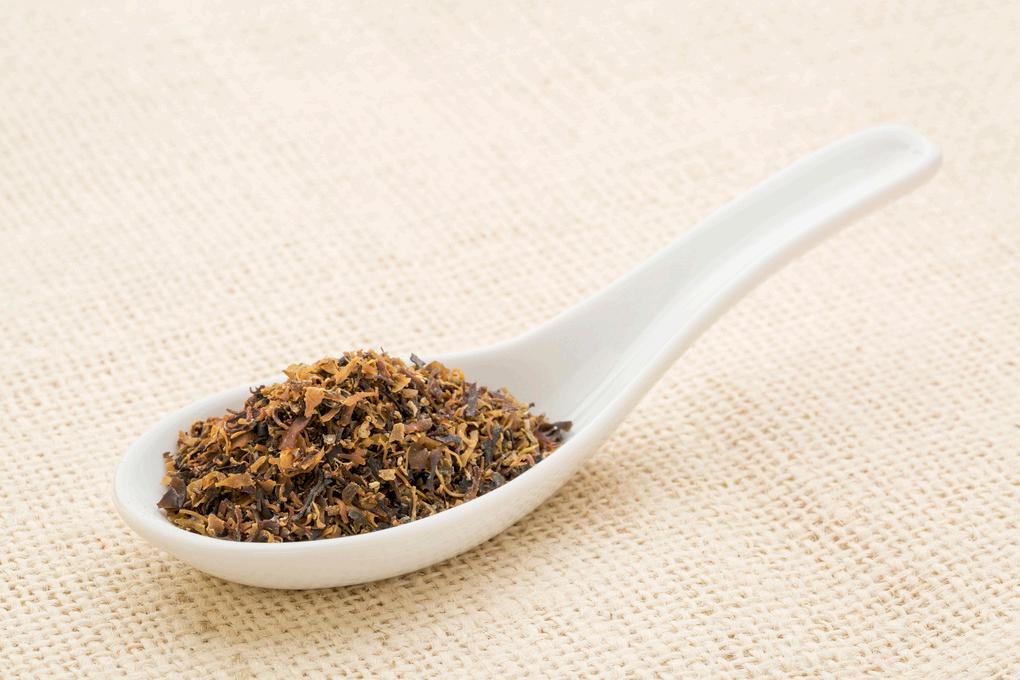
Before adding Irish sea moss to your routine, take note of these precautions:
It's high in iodine, so people with thyroid issues should talk to their doctor before using it regularly.
As with any sea vegetable, there's a risk of contamination with heavy metals or other pollutants Choose sea moss from reputable sources and consider products that have been tested for contaminants.
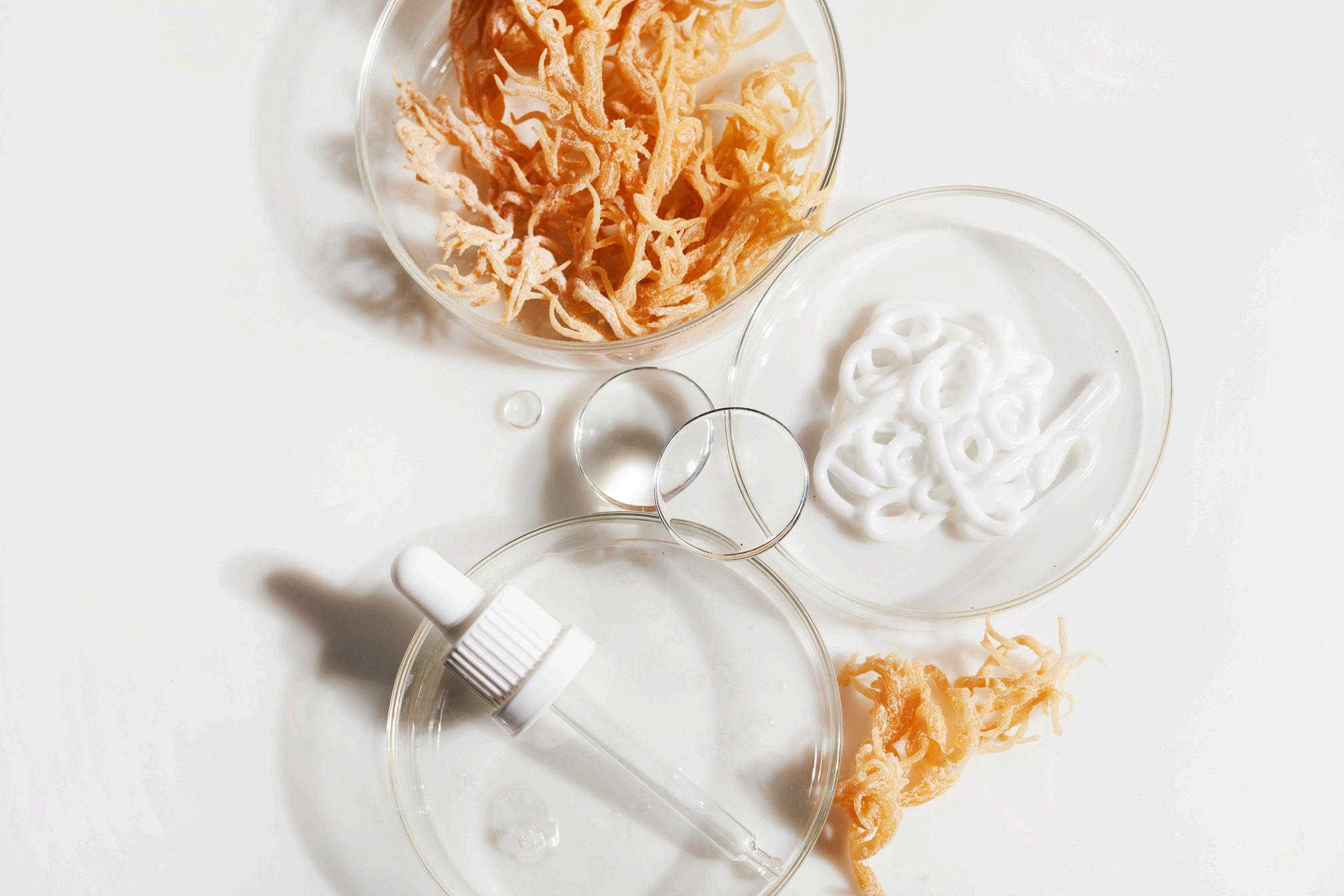
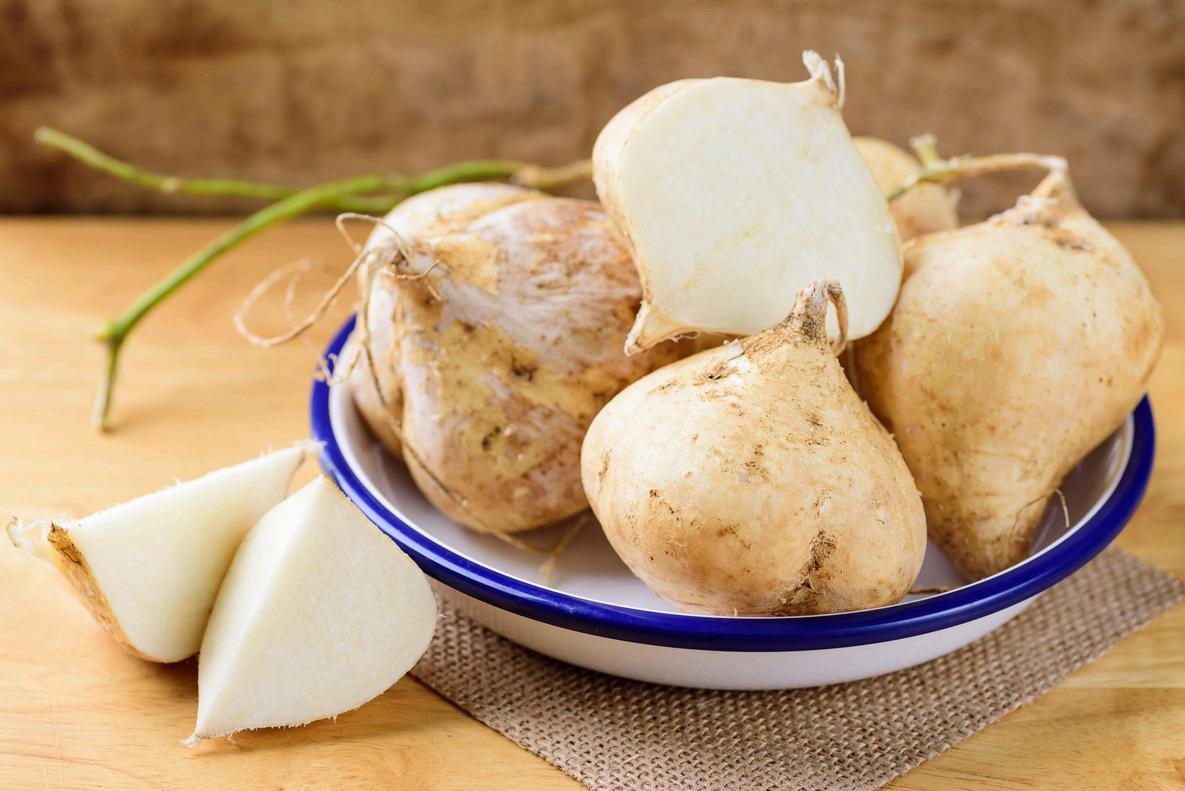
Often overlooked in the produce aisle, jicama is a crunchy, slightly sweet root vegetable that's a secret weapon for gut health. This Mexican turnip, as it's sometimes called, packs a powerful prebiotic punch.
Prebiotic Fiber: Jicama is rich in inulin, a type of fiber that feeds beneficial gut bacteria
Low FODMAP: Despite its prebiotic content, jicama is well-tolerated by most people with IBS due to its low FODMAP nature
Digestive Support: The high fiber content in jicama promotes regular bowel movements and helps prevent constipation
Antioxidant Properties: Jicama contains vitamin C and other antioxidants that may help reduce inflammation in the gut
Jicama supports gut health in several ways:
Inulin fiber acts as a prebiotic, nourishing beneficial gut bacteria
Its high water and fiber content aids in digestion and promotes feelings of fullness
Antioxidants in jicama help protect the gut lining from oxidative stress
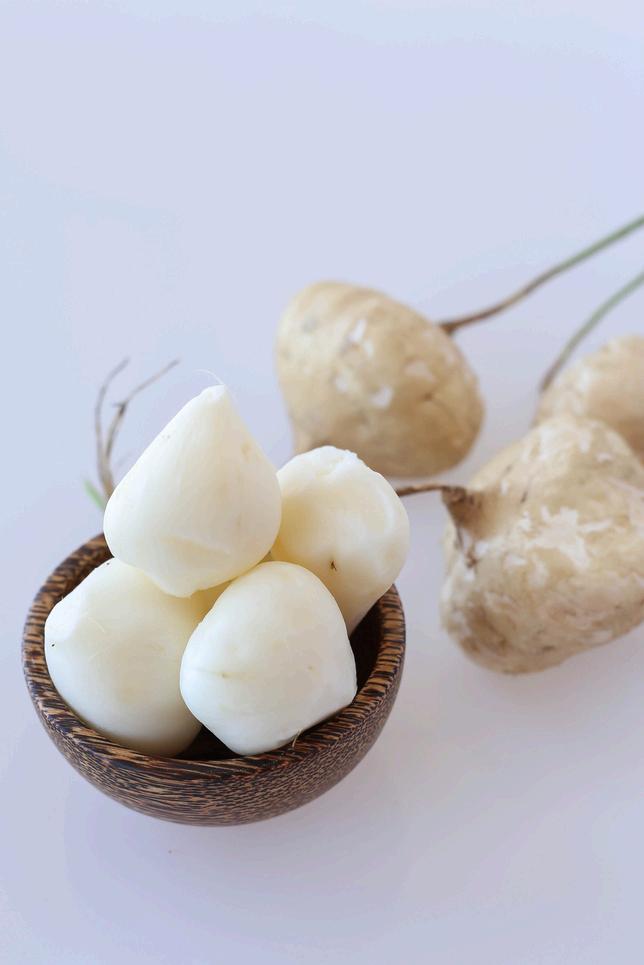
Raw Snack: Slice jicama into sticks and enjoy with your favorite dip or sprinkle with chili and lime for a Mexican-inspired treat
Crunchy Salad Addition: Grate or julienne jicama and add to salads for extra crunch and prebiotic benefits.
Stir-Fry Ingredient: Add jicama cubes to stir-fries for a unique texture and subtle sweetness
Jicama "Fries": Cut jicama into thin strips, toss with oil and spices, and bake for a healthier alternative to potato fries.
To prevent browning and maintain crispness, store cut jicama in water with a squeeze of lemon juice in the refrigerator.
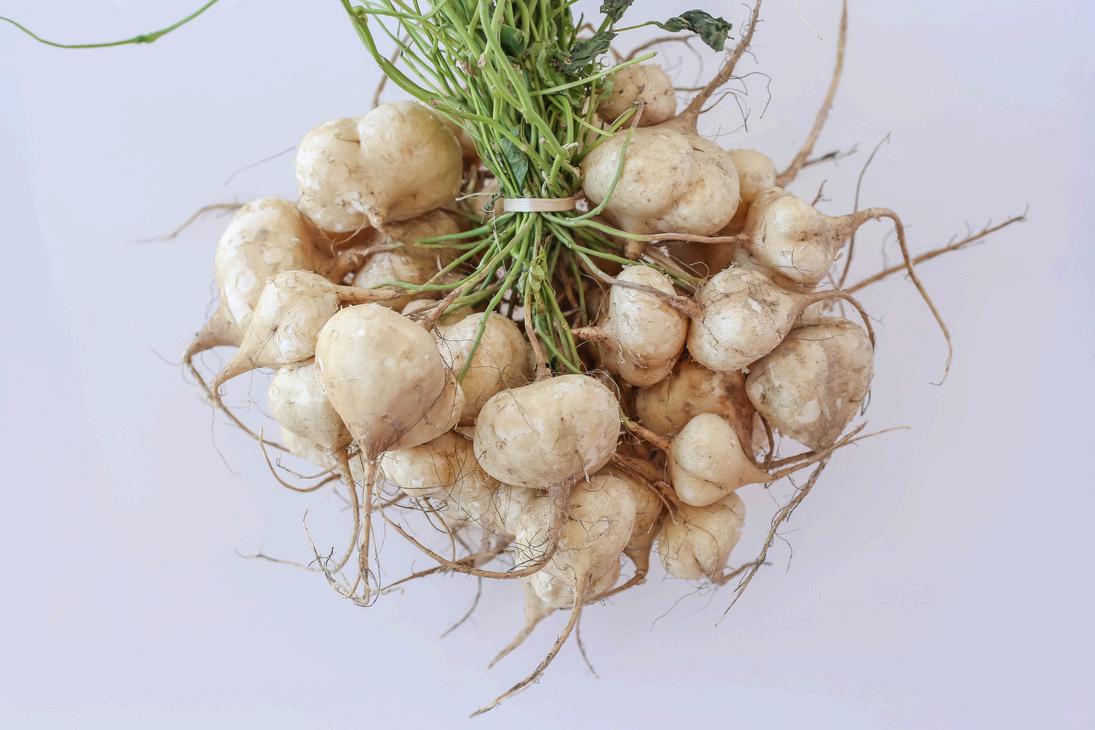
While jicama is often safe for most people, here are a couple of things to consider:
The skin of jicama is tough and inedible, so always peel before consuming
Some people may experience gas or bloating when first introducing jicama due to its high fiber content. Start with small amounts and increase gradually.
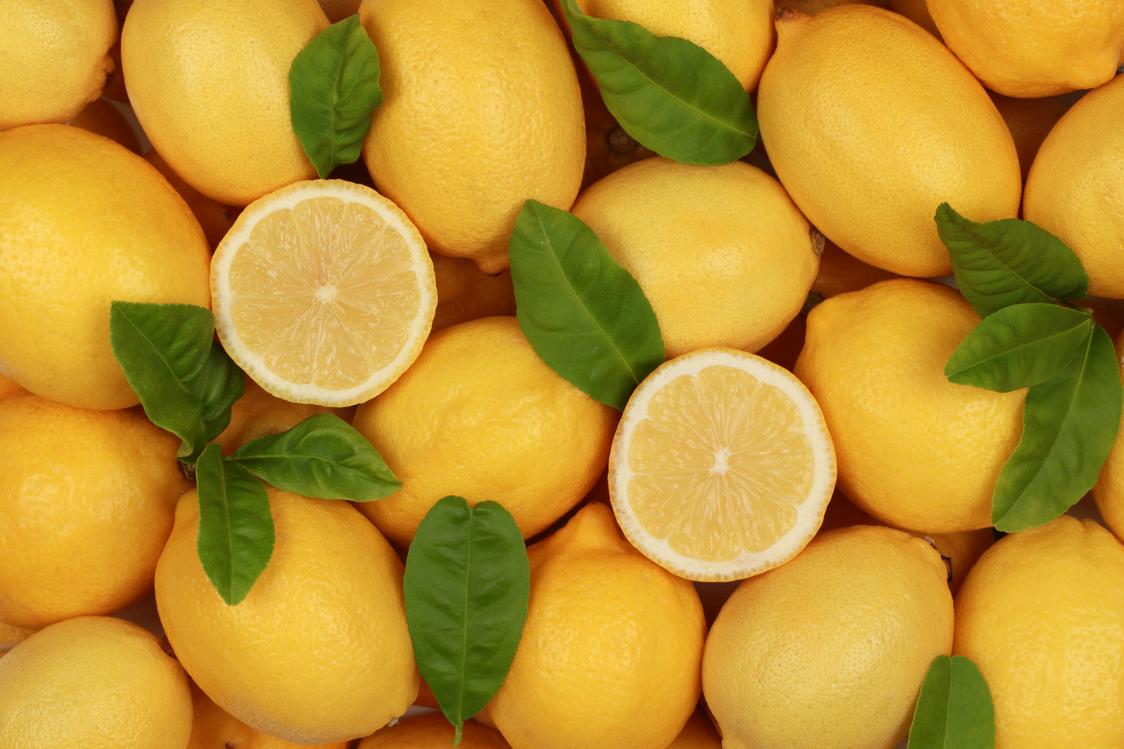
When life gives you lemons, your gut says thank you! These zesty citrus fruits are more than just a flavor enhancer – they're a powerful ally in maintaining digestive health.
Digestive Aid: The acidity in lemons can help stimulate the production of digestive juices, aiding in better digestion.
Detoxification Support: Lemons may help support the liver in its detoxification processes, indirectly benefiting gut health.
Prebiotic Properties: The pectin fiber in lemons can act as a prebiotic, feeding beneficial gut bacteria
Anti-inflammatory Effects: Lemons contain antioxidants that may help reduce inflammation in the gut
Lemons support gut health because:
Citric acid stimulates the production of digestive enzymes and bile
Vitamin C and other antioxidants in lemons help protect the gut lining from oxidative stress
Pectin fiber feeds beneficial gut bacteria and may help regulate bowel movements
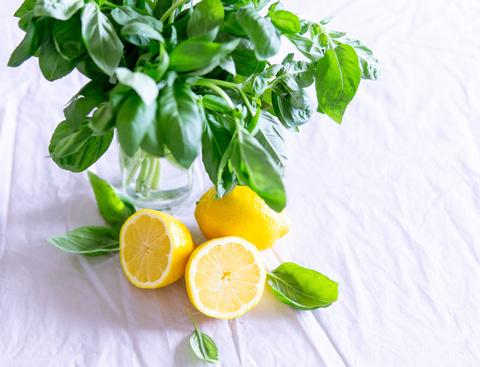
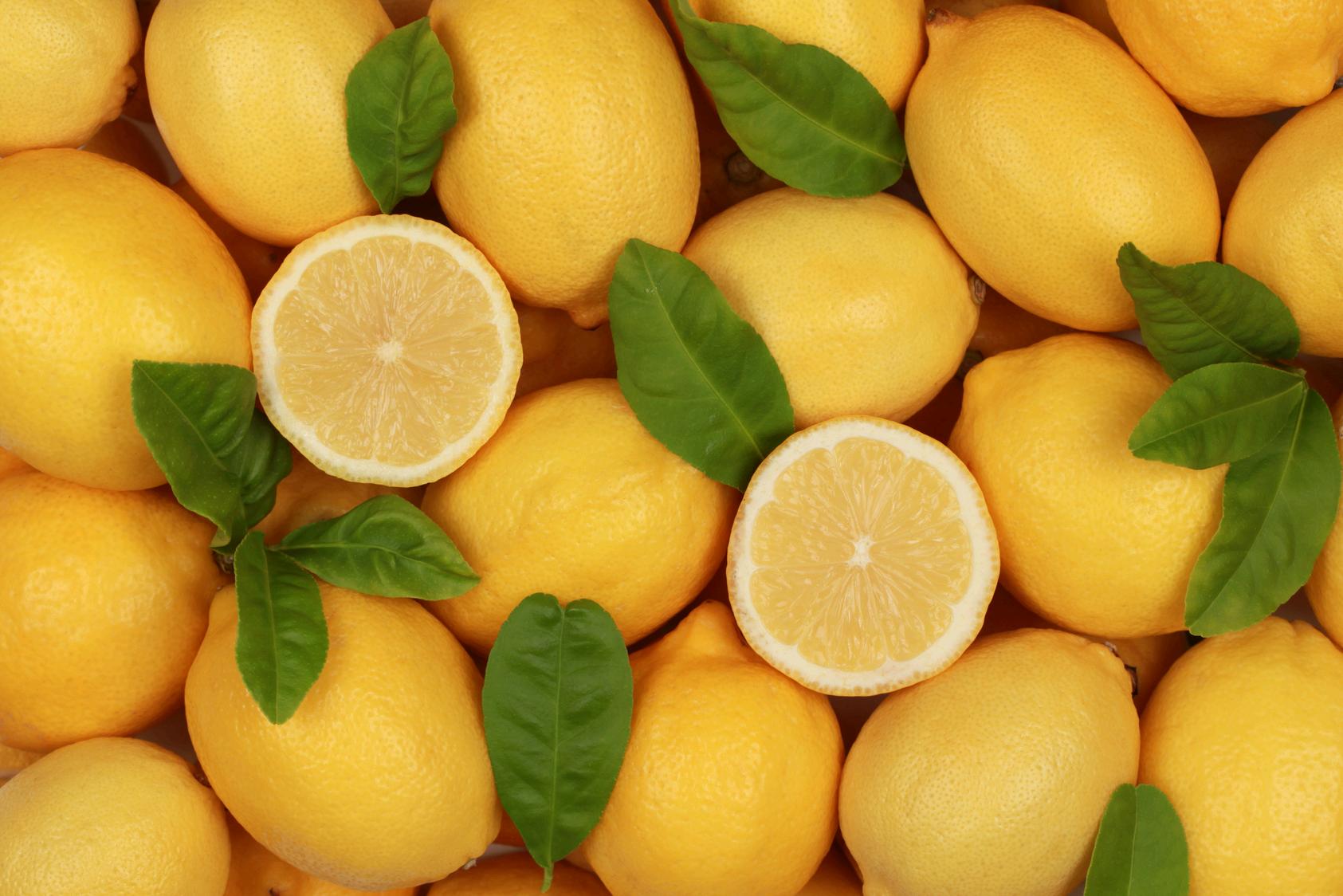
Lemon Water: Start your day with a glass of warm water with fresh lemon juice to stimulate digestion.
Salad Dressing: Use lemon juice as a base for homemade salad dressings.
Flavor Enhancer: Squeeze lemon juice over fish, chicken, or roasted vegetables for added flavor and digestive benefits.
Preservative: Use lemon juice to prevent browning in cut fruits and add a vitamin C boost.
Don't discard the lemon peel – zest it and add it to dishes for extra flavor and gut-healthy pectin fiber.
Even though lemon offers many benefits, here are some things to watch out for:
The acidity of lemons can erode tooth enamel. It's best to drink lemon water through a straw and rinse your mouth afterward.
Some people may experience heartburn or acid reflux from consuming lemons, especially on an empty stomach.
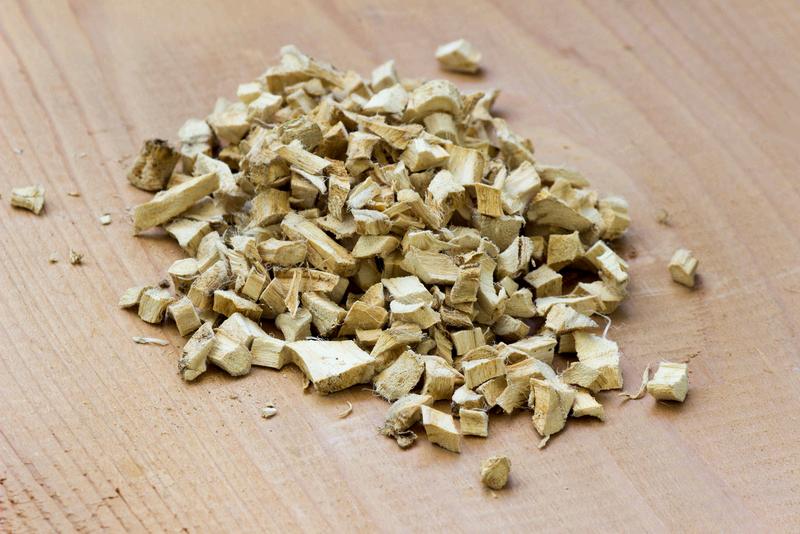
No, we're not talking about the fluffy white treats. Marshmallow root has been used for centuries to soothe and support digestive health. This herb's gut-healing properties might just make it the unsung hero of your digestive system.
Gut Lining Protection: Marshmallow root contains mucilage, a gel-like substance that can coat and soothe the lining of the digestive tract
Leaky Gut Support: Some studies suggest marshmallow root may help repair and protect the gut barrier, potentially aiding in the management of leaky gut syndrome.
Anti-inflammatory Effects: The herb has demonstrated anti-inflammatory properties that may benefit the gut
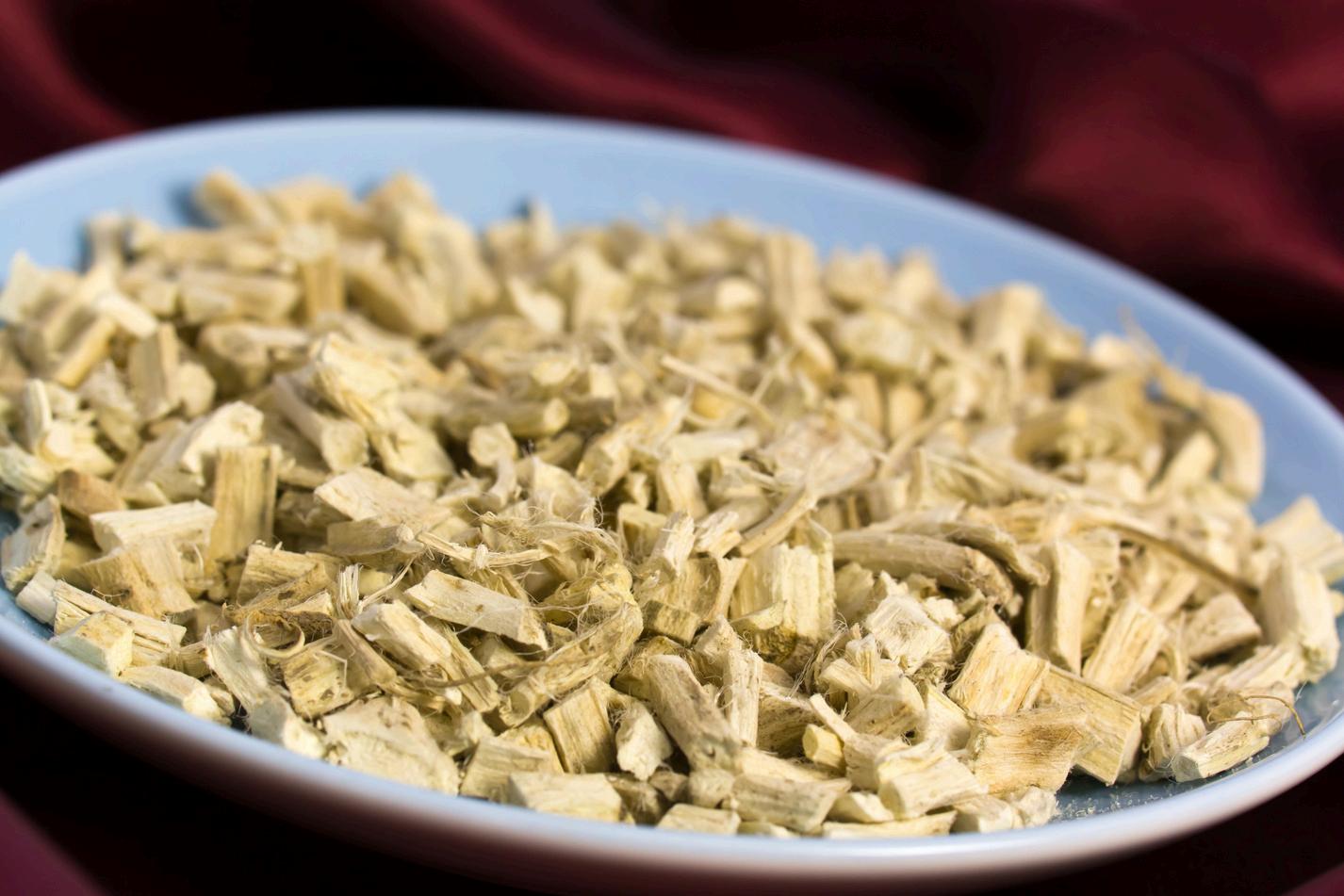
Digestive Comfort: Marshmallow root may help alleviate symptoms of digestive discomfort, including heartburn and constipation.
Marshmallow root supports gut health through several mechanisms:
Mucilage forms a protective layer over irritated or inflamed tissues in the digestive tract.
Polysaccharides in the root may help stimulate the immune system and promote tissue repair.
Its mild laxative effect can help promote regular bowel movements.
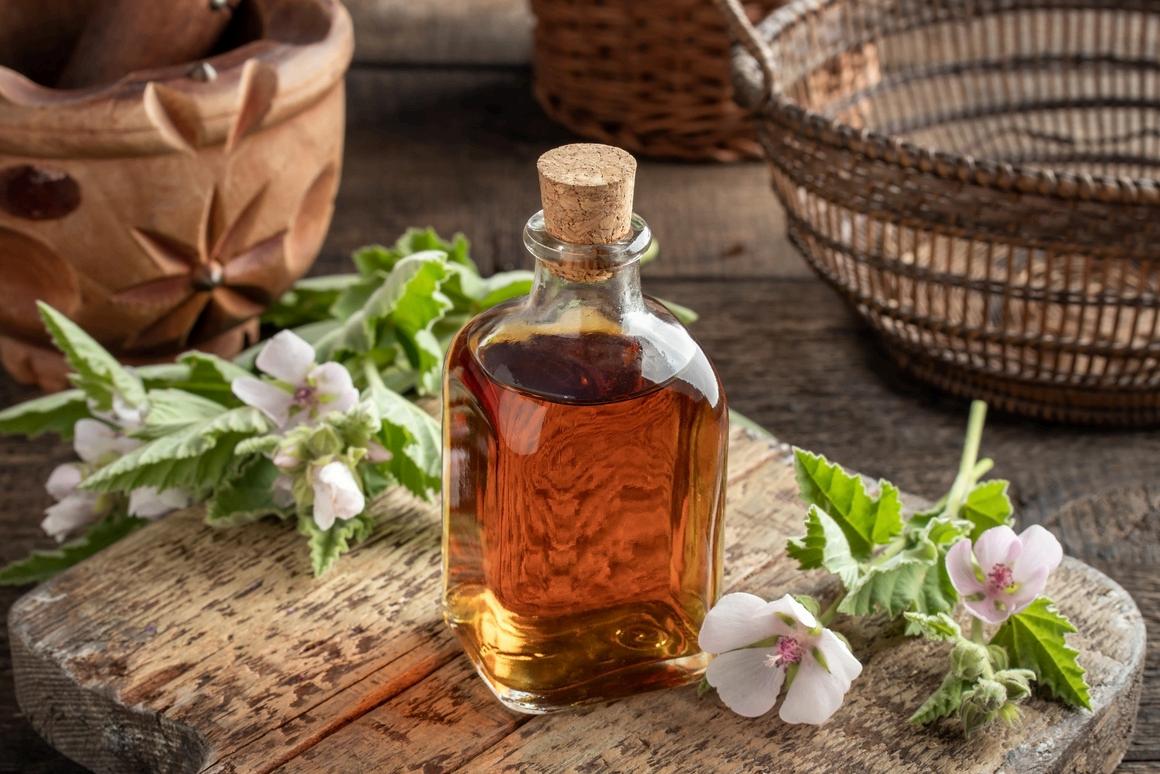
Herbal Tea: Steep dried marshmallow root in hot water to make a soothing tea.
Capsules or Powders: Marshmallow root supplements are available in capsule or powder form for a more convenient option.
Cold Infusion: Soak marshmallow root in cold water overnight for a refreshing, mucilage-rich drink.
Pro Tip: Combine marshmallow root with slippery elm for enhanced soothing effects on the digestive tract.
While marshmallow root is usually well-tolerated, keep these factors in mind:
Marshmallow root may slow the absorption of other medications, so take it separately from other drugs.
If you're diabetic, monitor your blood sugar closely when using marshmallow root, as it may affect blood sugar levels.
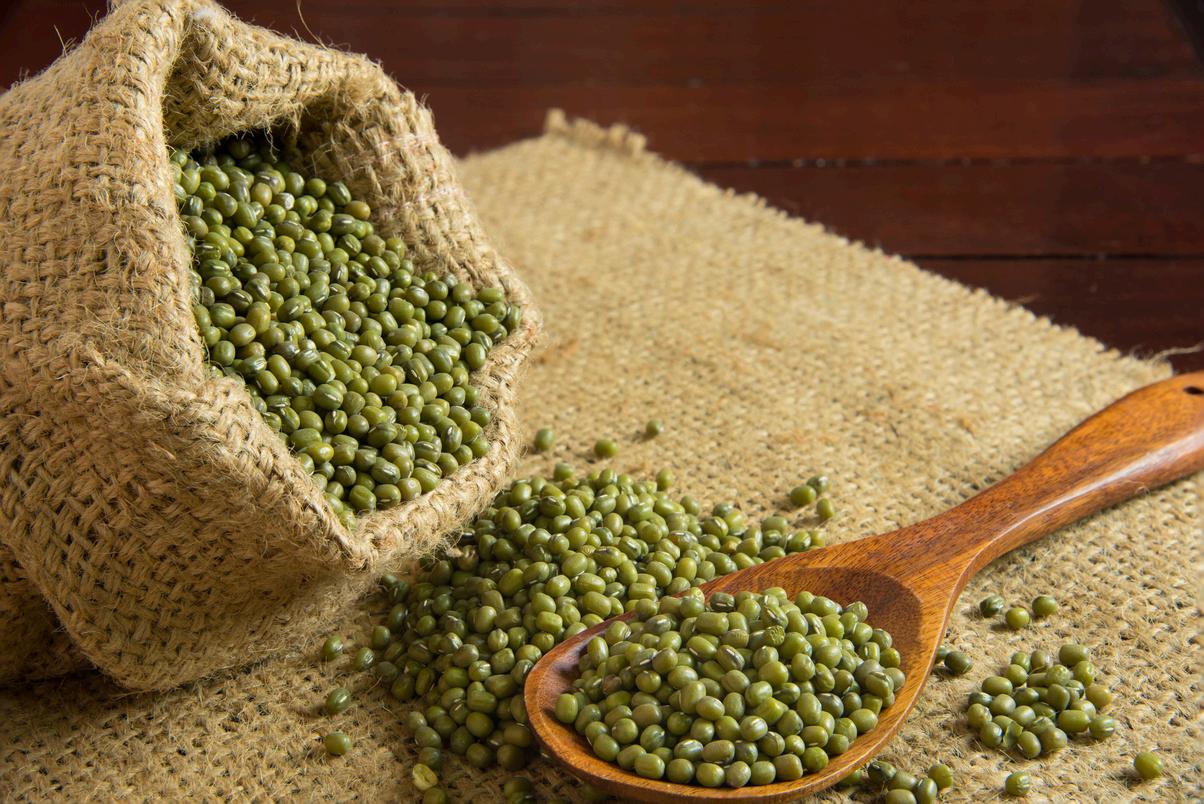
Small but mighty, mung beans have been a staple in Asian cuisines for thousands of years. These little green powerhouses are not just versatile in the kitchen – they're also a fantastic ally for your gut health.
Prebiotic Properties: Mung beans contain resistant starch, a type of fiber that acts as a prebiotic, feeding beneficial gut bacteria
Digestive Support: The high fiber content in mung beans promotes regular bowel movements and helps prevent constipation.
Anti-inflammatory Effects: Mung beans contain antioxidants that may help reduce inflammation in the gut
Protein Source: As one of the most easily digestible protein sources, mung beans can support gut health without causing digestive stress.
Mung beans support gut health in many ways, including:
Resistant starch ferments in the colon, producing short-chain fatty acids that nourish colon cells.
The fiber content adds bulk to stool and promotes regular bowel movements
Antioxidants in mung beans help protect the gut lining from oxidative stress
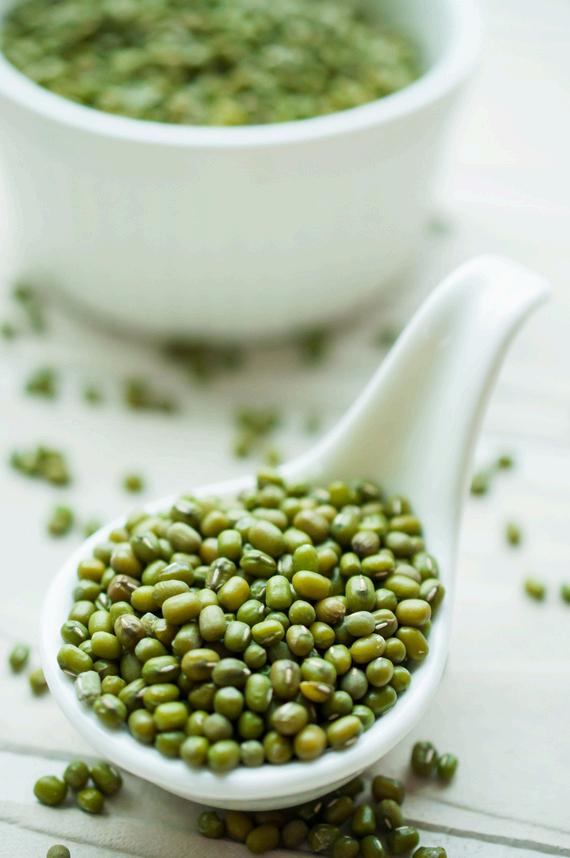
Sprouted: Sprout mung beans for a nutrient-dense addition to salads or sandwiches
Soups and Stews: Add cooked mung beans to soups and stews for extra protein and fiber.
Mung Bean Pancakes: Blend soaked mung beans to make savory pancakes, a popular dish in some Asian cuisines.
Mung Bean Flour: Mung bean flour can be used as a gluten-free alternative in baking or to thicken sauces
Soak mung beans overnight before cooking to reduce cooking time and potentially increase nutrient availability.
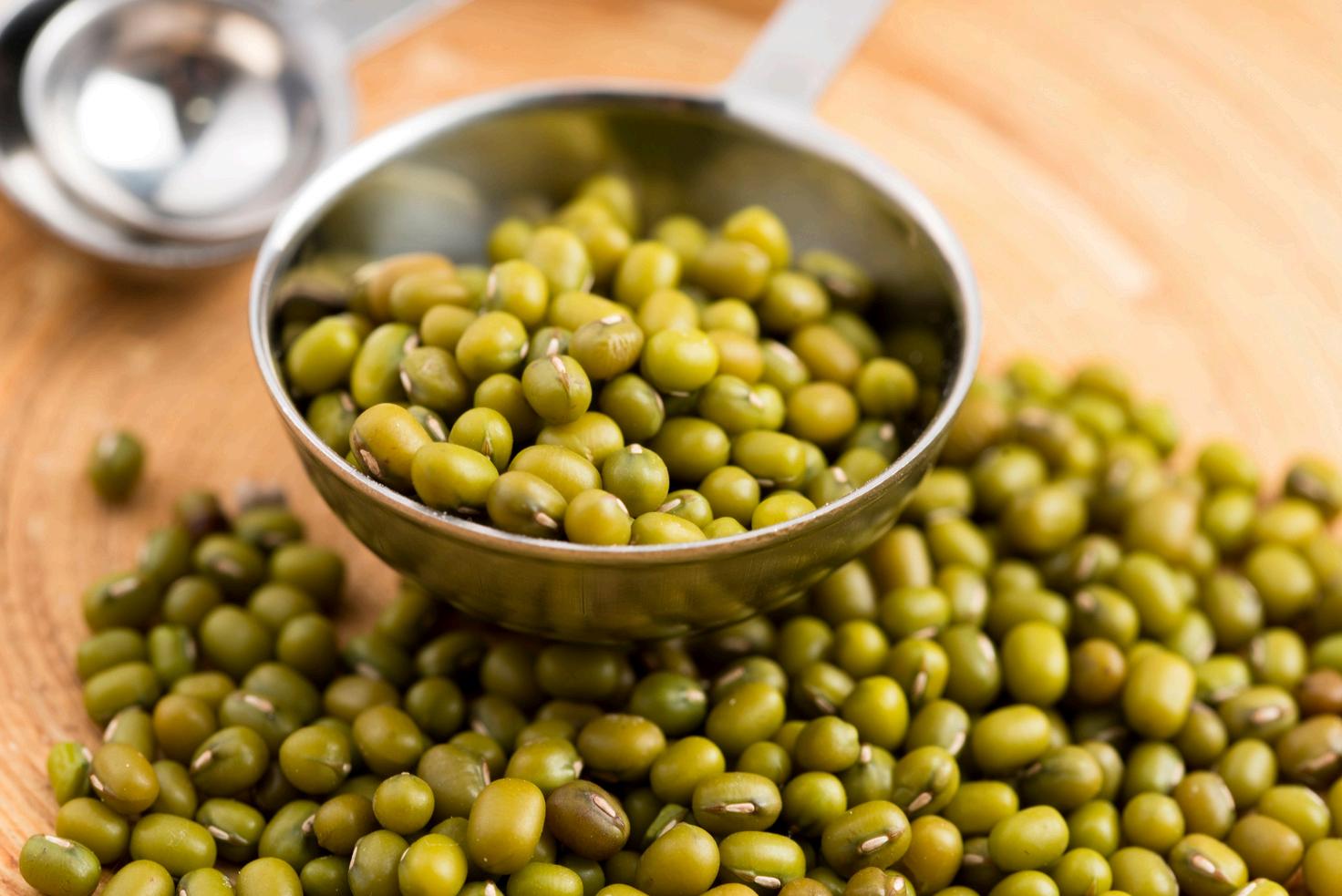
Before incorporating mung beans into your diet, be aware of these potential concerns:
While generally well-tolerated, some people may experience gas or bloating when first introducing mung beans to their diet. Start with small amounts and increase gradually.
Raw or undercooked mung beans contain antinutrients that can interfere with digestion. Always cook them thoroughly.

Slippery elm, with its distinctively slick and soothing properties, has been a go-to remedy for digestive issues for centuries. This native North American tree's inner bark is a powerful ally in promoting gut health.
Soothing Mucilage: Slippery elm contains mucilage, a gel-like substance that coats and soothes the digestive tract
Prebiotic Effects: It may act as a prebiotic, supporting the growth of beneficial gut bacteria.
Inflammatory Bowel Disease Support: Some studies suggest slippery elm may help manage symptoms of conditions like ulcerative colitis (32)
Antioxidant Properties: Slippery elm contains antioxidants that may help protect the gut from oxidative stress.
Slippery elm supports gut health in ways that include:
When mixed with water, it forms a slick gel coating the digestive tract, potentially soothing inflammation and irritation.
Its fiber content may help promote regular bowel movements and feed beneficial gut bacteria.
Antioxidants in slippery elm may help reduce inflammation in the gut

Herbal Tea: Steep slippery elm powder in hot water to make a soothing tea.
Smoothie Addition: Add a small amount of slippery elm powder to your morning smoothie.
Porridge: Mix slippery elm powder with hot water to create a nutrient-rich porridge
Capsules or Lozenges: For convenience, slippery elm is available in supplement form.
For maximum effectiveness, take slippery elm on an empty stomach, about 1-2 hours before or after meals and other medications.
While slippery elm is often safe for most people, here are a few things to consider:
Slippery elm may slow the absorption of other medications, so take it separately from other drugs.
If you're pregnant or breastfeeding, consult with a healthcare provider before using slippery elm because it may potentially stimulate uterine contractions, and there's limited research on its safety during pregnancy and lactation.
Some people may be allergic to slippery elm. If you experience any allergic reactions, discontinue use immediately.
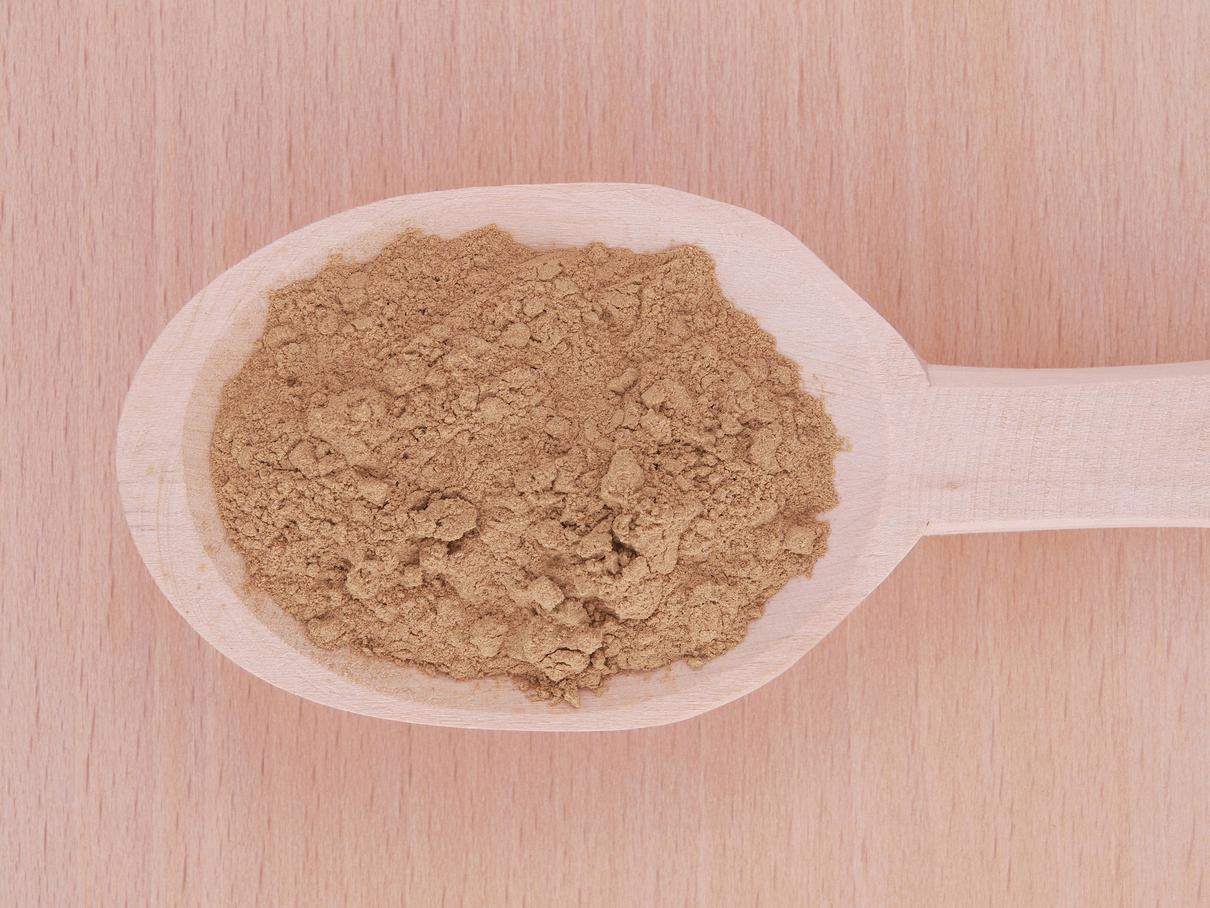
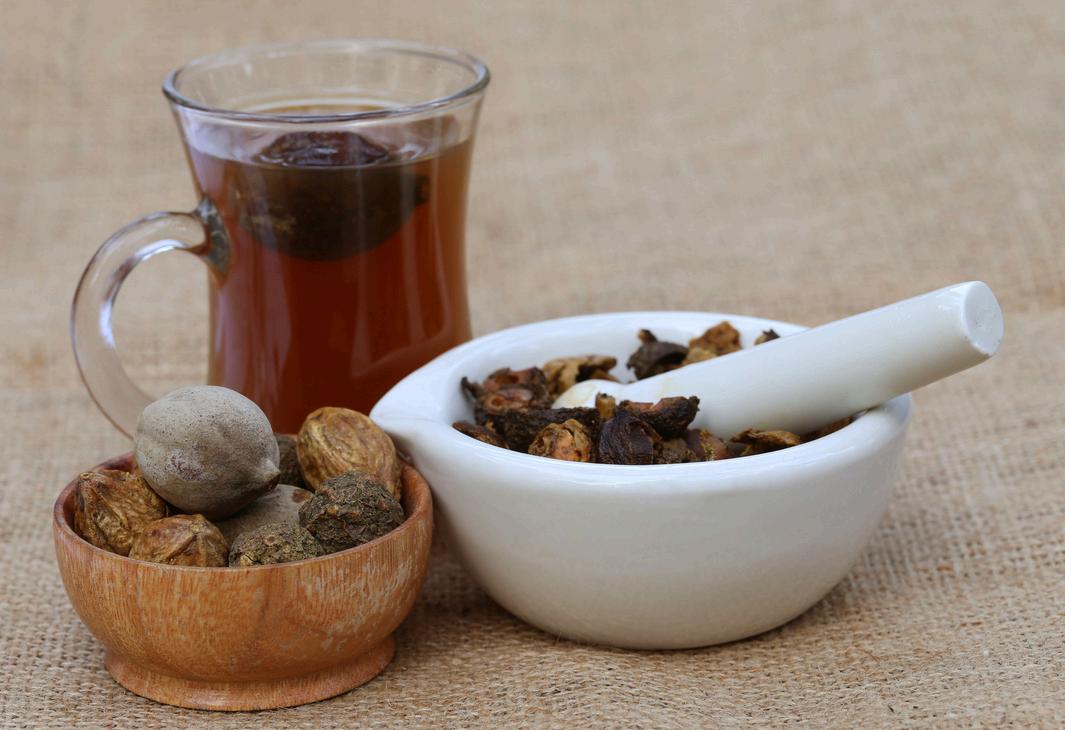
Triphala supports gut health through several mechanisms:
Its mild laxative effect helps promote regular bowel movements.
The tannins and other compounds in Triphala may help strengthen the gut lining.
Its prebiotic properties support a healthy gut microbiome
The antioxidants in Triphala help combat inflammation and oxidative stress in the gut
Powder Form: Mix Triphala powder with warm water and drink before bed
Capsules: For convenience, Triphala is available in capsule form.
Tea: Steep Triphala powder in hot water to make tea.
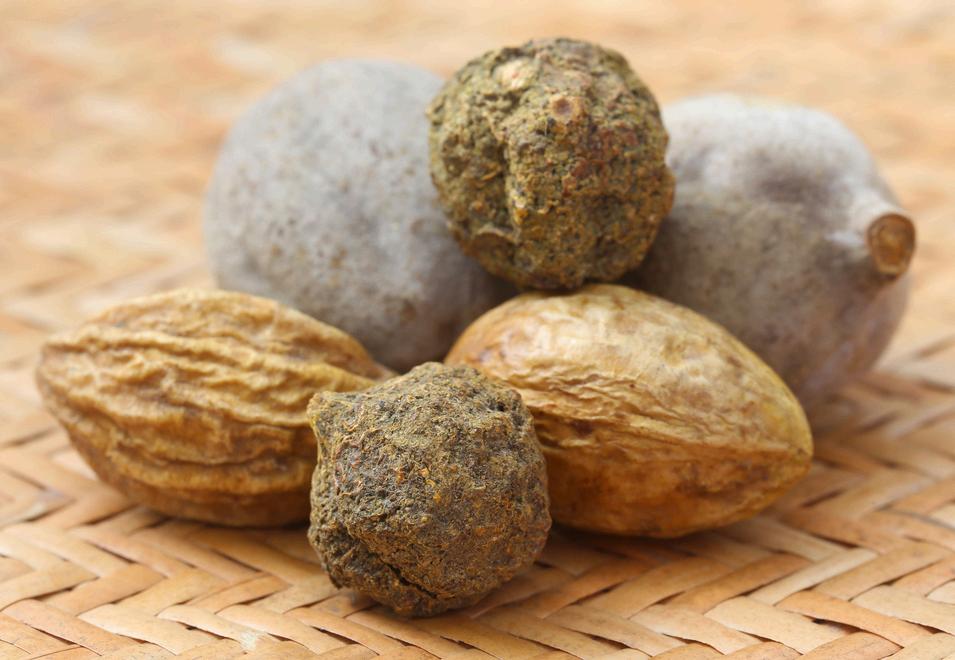


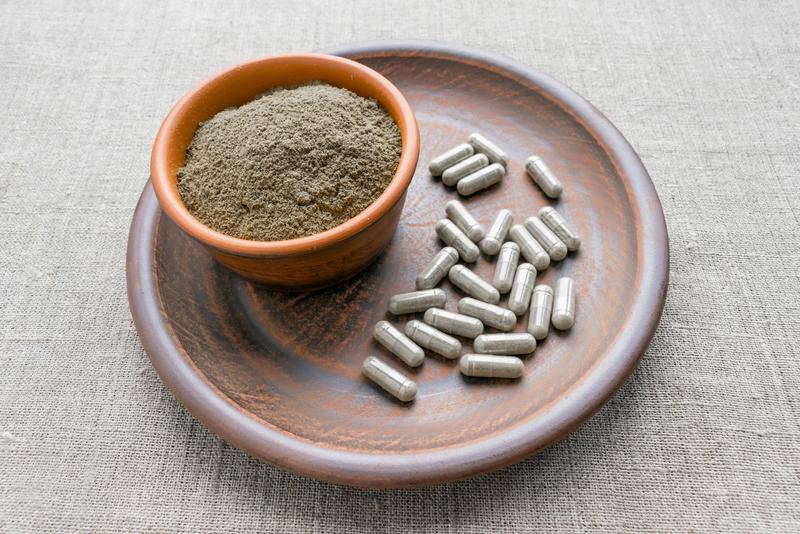


To enhance the benefits of Triphala, try taking it on an empty stomach first thing in the morning or before bed, and pair it with a dash of honey or a squeeze of lemon to improve the taste and aid digestion.
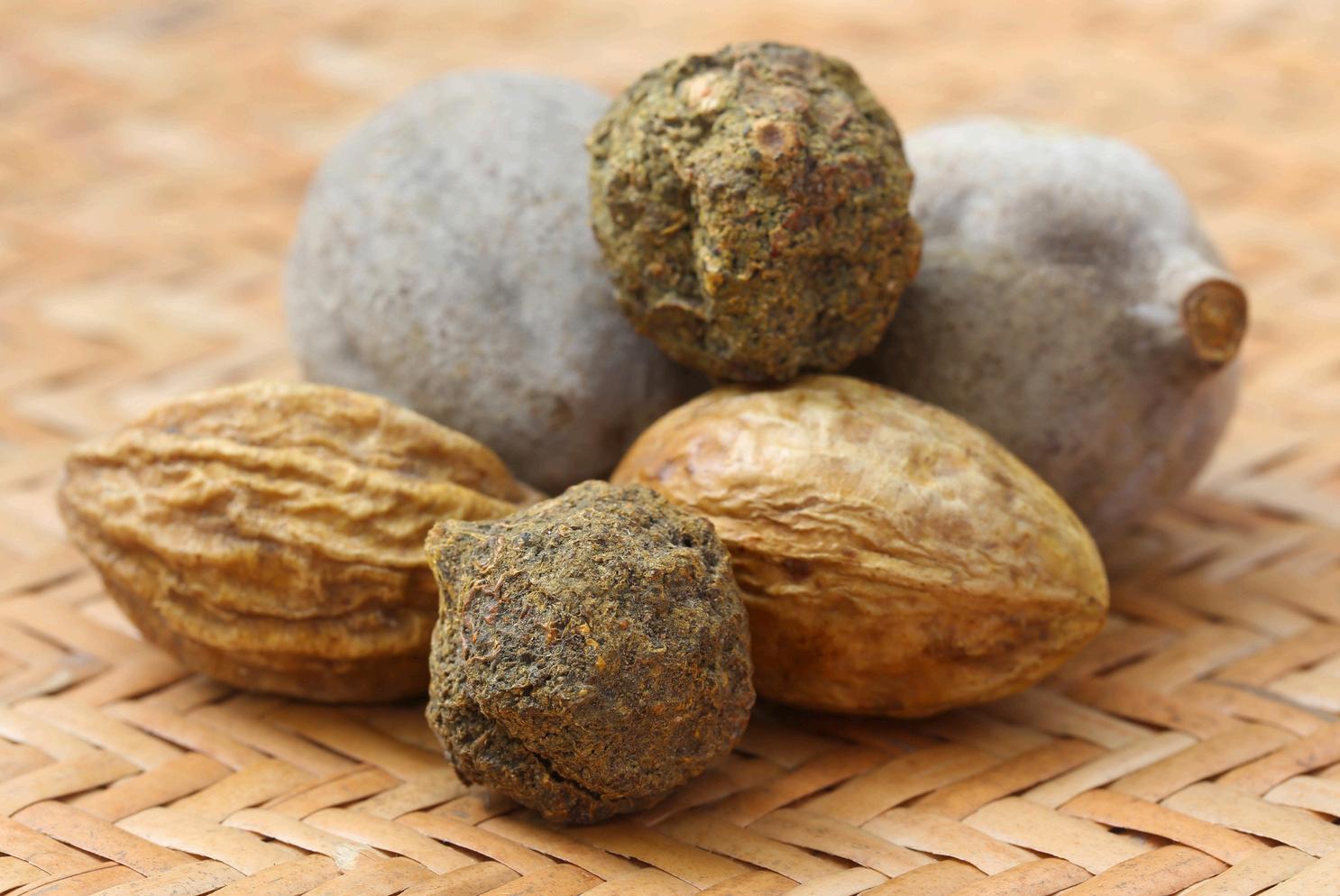
Although Triphala is typically safe, it's important to consider the following precautions:
Triphala may cause loose stools in some people, especially when first starting.
It may interact with certain medications, including blood thinners and diabetes medications Always consult with a healthcare provider if you're on any medications.
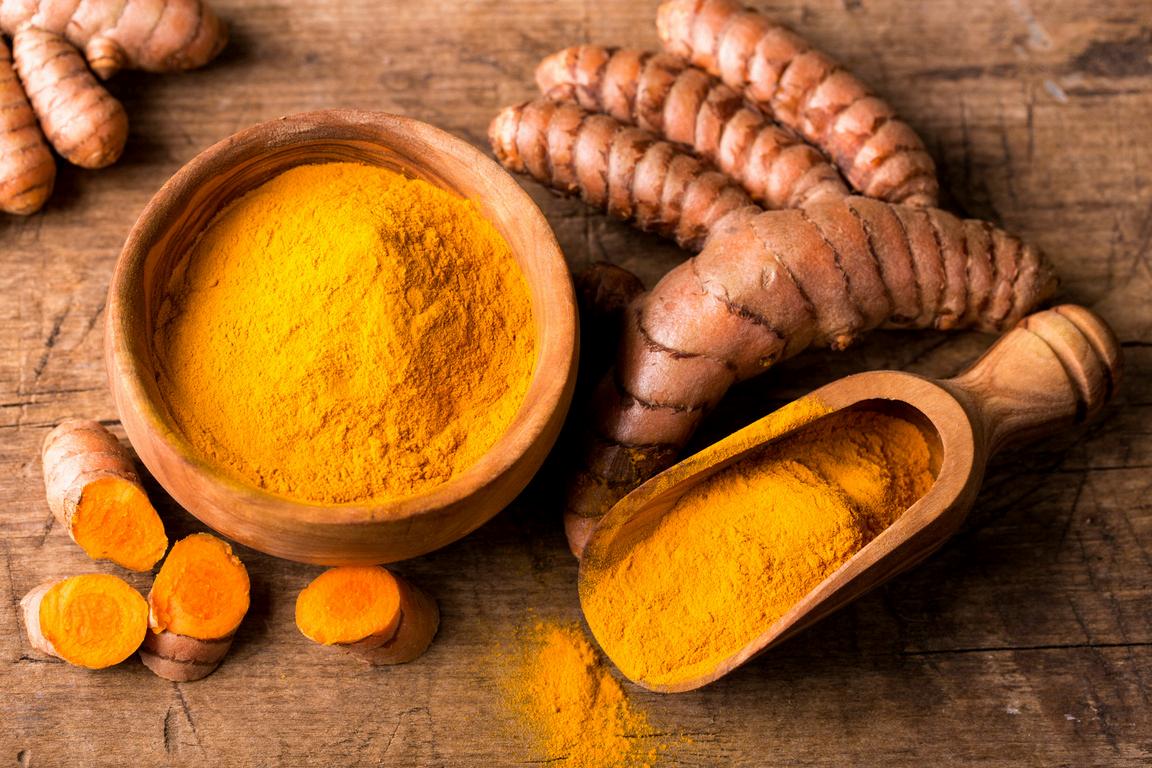
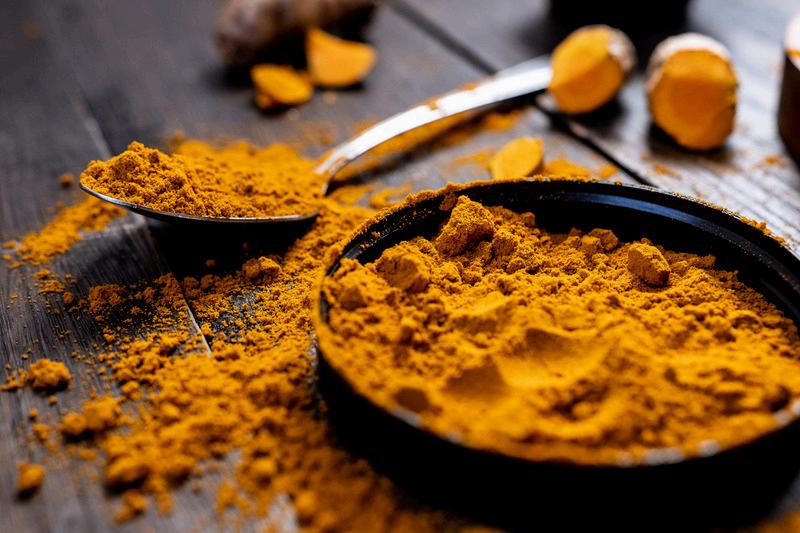
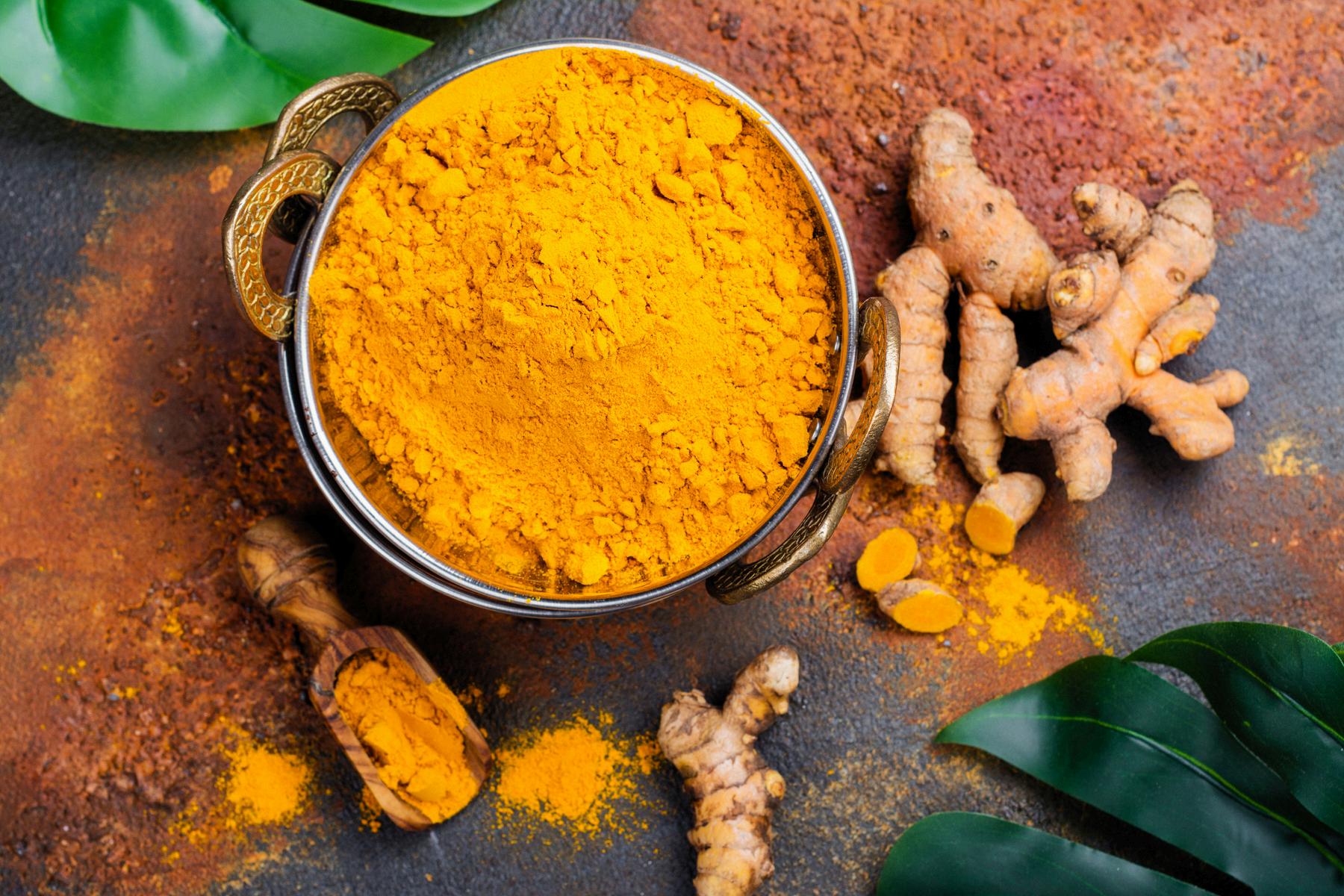
Turmeric supports gut health through several mechanisms:
Curcumin reduces inflammation by inhibiting inflammatory enzymes and molecules.
It may help tighten the junctions between gut cells, reducing intestinal permeability
Turmeric stimulates the gallbladder to produce bile, aiding in fat digestion.
Its prebiotic properties may help nourish beneficial gut bacteria.
Golden Milk: Mix turmeric with warm milk and a pinch of black pepper for a soothing, gut-friendly drink.
Cooking Spice: Add turmeric to curries, soups, and rice dishes for flavor and health benefits.
Turmeric Tea: Steep fresh turmeric root or powder in hot water to make a healing tea
Supplements: For a more concentrated dose, turmeric or curcumin supplements are available.
Pair turmeric with a pinch of black pepper to enhance curcumin absorption by up to 2,000%.
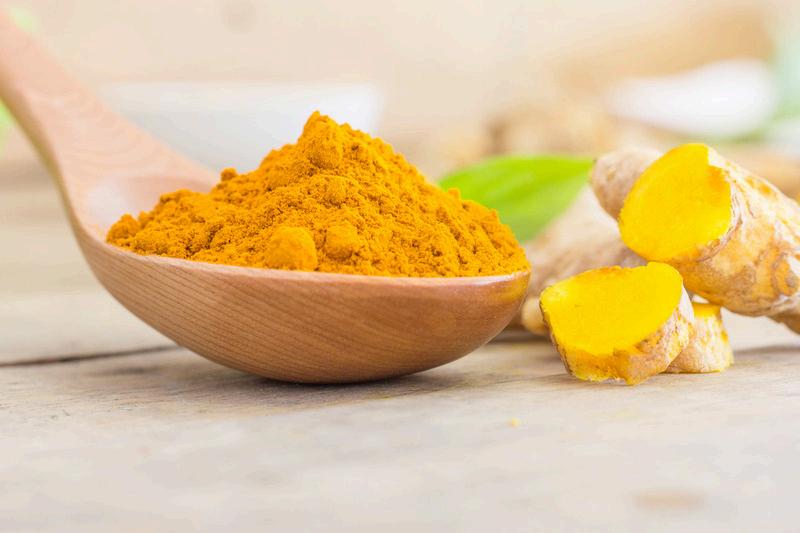
Before adding turmeric to your routine, take note of these precautions:
While generally safe, high doses of turmeric may cause digestive discomfort in some people
Turmeric may interact with certain medications, including blood thinners and diabetes drugs Consult with a healthcare provider if you're on any medications
In rare cases, people may be allergic to turmeric. If you experience any allergic reactions, discontinue use immediately.
As we've journeyed through Nature's 25 Most Powerful Foods for Gut Health, we've uncovered a treasure trove of natural remedies that have stood the test of time and are now backed by modern science From the prebiotic power of Gum Arabic to the soothing properties of Slippery Elm, each of these foods offers unique benefits for your digestive system and overall well-being.
Remember, the path to optimal gut health is not one-size-fits-all. The ancient wisdom of Ayurveda teaches us that each person's constitution, or dosha, is unique, and what works for one may not work for another Listen to your body, pay attention to how different foods and combinations make you feel, and adjust your diet accordingly.
Incorporating these powerful foods into your diet doesn't have to be a drastic overhaul. Start small, perhaps by adding a new food each week, and gradually build your gut-healthy eating habits
While these foods can be powerful allies in your quest for better gut health, they're just one piece of the puzzle. A holistic approach to gut health also includes managing stress, getting regular exercise, staying hydrated, and getting enough sleep.
As you embark on your journey to better gut health, be patient with your body Healing takes time, and sustainable changes often happen gradually. Celebrate small victories and remember that every step towards better gut health is a step toward overall wellness.
Here's to your gut health journey – may it be filled with delicious discoveries, healing foods, and a newfound appreciation for the incredible power of nature's pharmacy. Your gut, and your whole body, will thank you for the love and care you're showing it.
(1) Hęś M, Dziedzic K, Górecka D, Jędrusek-Golińska A, Gujska E Aloe vera (L) Webb: Natural Sources of Antioxidants - A Review Plant Foods Hum Nutr 2019 Sep;74(3):255-265. doi: 10.1007/s11130-019-00747-5. PMID: 31209704; PMCID: PMC6684795.
(2) Carol S. Johnston, Cindy M. Kim, Amanda J. Buller; Vinegar Improves Insulin Sensitivity to a High-Carbohydrate Meal in Subjects With Insulin Resistance or Type 2 Diabetes Diabetes Care 1 January 2004; 27 (1): 281–282 https://doi.org/10.2337/diacare.27.1.281
(3) Salem, M.B., Affes, H., Ksouda, K. et al. Pharmacological Studies of Artichoke Leaf Extract and Their Health Benefits. Plant Foods Hum Nutr 70, 441–453 (2015). https://doiorg/101007/s11130-015-0503-8
(4) Bundy R, Walker AF, Middleton RW, Marakis G, Booth JC. Artichoke leaf extract reduces symptoms of irritable bowel syndrome and improves quality of life in otherwise healthy volunteers suffering from concomitant dyspepsia: a subset analysis. J Altern Complement Med. 2004 Aug;10(4):667-9. doi: 101089/acm200410667 PMID: 15353023
(5) Hamdi A, Viera-Alcaide I, Guillén-Bejarano R, Rodríguez-Arcos R, Muñoz MJ, Monje Moreno JM, Jiménez-Araujo A. Asparagus Fructans as Emerging Prebiotics. Foods. 2022 Dec 23;12(1):81. doi: 10.3390/foods12010081. PMID: 36613297; PMCID: PMC9818401.
(6) Anusha MB, Shivanna N, Kumar GP, Anilakumar KR Efficiency of selected food ingredients on protein efficiency ratio, glycemic index and in vitro digestive properties. J Food Sci Technol. 2018 May;55(5):1913-1921. doi: 10.1007/s13197-0183109-y. Epub 2018 Mar 14. PMID: 29666544; PMCID: PMC5897315.
(7) Yanaka A Daily intake of broccoli sprouts normalizes bowel habits in human healthy subjects J Clin Biochem Nutr 2018 Jan;62(1):75-82 doi: 103164/jcbn17-42 Epub 2017 Nov 3. PMID: 29371757; PMCID: PMC5773831.
(8) Yanaka A. Sulforaphane enhances protection and repair of gastric mucosa against oxidative stress in vitro, and demonstrates anti-inflammatory effects on Helicobacter pylori-infected gastric mucosae in mice and human subjects Curr Pharm Des 2011;17(16):1532-40 doi: 102174/138161211796196945 PMID: 21548875
(9) Qun T, Zhou T, Hao J, Wang C, Zhang K, Xu J, Wang X, Zhou W. Antibacterial activities of anthraquinones: structure-activity relationships and action mechanisms. RSC Med Chem. 2023 Jul 10;14(8):1446-1471. doi: 10.1039/d3md00116d. PMID: 37593578; PMCID: PMC10429894.
(10) Sandoval-Chacón, Thompson, Zhang, Liu, Mannick, Sadowska-Krowicka, Charbonnet, Clark, and Miller, (1998), Antiinflammatory actions of cat’s claw: the role of NF-κB. Alimentary Pharmacology & Therapeutics, 12: 1279-1289. https://doi.org/10.1046/j.1365-2036.1998.00424.x
(11) Mary E Heitzman, Catherine C Neto, Elizabeth Winiarz, Abraham J Vaisberg, Gerald B Hammond, Ethnobotany, phytochemistry and pharmacology of Uncaria (Rubiaceae), Phytochemistry, Volume 66, Issue 1, 2005, Pages 5-29, ISSN 0031-9422, https://doi.org/10.1016/j.phytochem.2004.10.022.
(12) Karkos, P. D., Leong, S. C., Karkos, C. D., Sivaji, N., Assimakopoulos, D. A., Spirulina in Clinical Practice: Evidence-Based Human Applications, EvidenceBased Complementary and Alternative Medicine, 2011, 531053, 4 pages, 2011 https://doi.org/10.1093/ecam/nen058
(13) Shilling M, Matt L, Rubin E, Visitacion MP, Haller NA, Grey SF, Woolverton CJ. Antimicrobial effects of virgin coconut oil and its medium-chain fatty acids on Clostridium difficile J Med Food 2013 Dec;16(12):1079-85 doi: 101089/jmf20120303 PMID: 24328700
(14) Mohd Nor N'N, Abbasiliasi S, Marikkar MN, Ariff A, Amid M, Lamasudin DU, Abdul Manap MY, Mustafa S. Defatted coconut residue crude polysaccharides as potential prebiotics: study of their effects on proliferation and acidifying activity of probiotics in vitro J Food Sci Technol 2017 Jan;54(1):164-173 doi: 101007/s13197-016-2448-9 Epub 2016 Dec 26 PMID: 28242914; PMCID: PMC5305713.
(15) McMullen, Michael K., Whitehouse, Julie M., Towell, Anthony, Bitters: Time for a New Paradigm, Evidence-Based Complementary and Alternative Medicine, 2015, 670504, 8 pages, 2015 https://doiorg/101155/2015/670504
(16) Eid N, Osmanova H, Natchez C, et al. Impact of palm date consumption on microbiota growth and large intestinal health: a randomised, controlled, crossover, human intervention study. British Journal of Nutrition. 2015;114(8):1226-1236. doi:10.1017/S0007114515002780
(17) Akiko Kojima-Yuasa, Chapter 5 - Biological and Pharmacological Effects of Polyphenolic Compounds From Ecklonia cava, Editor(s): Ronald Ross Watson, Victor R. Preedy, Sherma Zibadi, Polyphenols: Mechanisms of Action in Human Health and Disease (Second Edition), Academic Press, 2018, Pages 41-52, ISBN 9780128130063, https://doiorg/101016/B978-0-12-813006-300005-2
(18) Park SK, Kang JY, Kim JM, Kim MJ, Lee HL, Moon JH, Jeong HR, Kim HJ, Heo HJ. Water Extract of Ecklonia cava Protects against Fine Dust (PM2.5)-Induced Health Damage by Regulating Gut Health. J Microbiol Biotechnol. 2022 Jul 28;32(7):927-937. doi: 10.4014/jmb.2203.03020. Epub 2022 Jun 6. PMID: 35719088; PMCID: PMC9628925
(19) Koirala P, Jung HA, Choi JS. Recent advances in pharmacological research on Ecklonia species: a review. Arch Pharm Res. 2017 Sep;40(9):981-1005. doi: 10.1007/s12272-017-0948-4. Epub 2017 Aug 24. PMID: 28840539; PMCID: PMC7090987.
(20) Serge Ankri, David Mirelman, Antimicrobial properties of allicin from garlic, Microbes and Infection, Volume 1, Issue 2, 1999, Pages 125-129, ISSN 1286-4579, https://doi.org/10.1016/S1286-4579(99)80003-3.
(21) Mirondo, R. and Barringer, S. (2016), Deodorization of Garlic Breath by Foods, and the Role of Polyphenol Oxidase and Phenolic Compounds Journal of Food Science, 81: C2425-C2430 https://doiorg/101111/1750-384113439
(22) Wu KL, Rayner CK, Chuah SK, Changchien CS, Lu SN, Chiu YC, Chiu KW, Lee CM. Effects of ginger on gastric emptying and motility in healthy humans. Eur J Gastroenterol Hepatol. 2008 May;20(5):436-40. doi: 101097/MEG0b013e3282f4b224 PMID: 18403946
(23) Wang J, Wang P, Li D, Hu X, Chen F. Beneficial effects of ginger on prevention of obesity through modulation of gut microbiota in mice. Eur J Nutr. 2020 Mar;59(2):699-718. doi: 10.1007/s00394-019-01938-1. Epub 2019 Mar 11. PMID: 30859364.
(24) Larson R, Nelson C, Korczak R, Willis H, Erickson J, Wang Q, Slavin J Acacia Gum Is Well Tolerated While Increasing Satiety and Lowering Peak Blood Glucose Response in Healthy Human Subjects. Nutrients. 2021; 13(2):618. https://doi.org/10.3390/nu13020618
(25) Rathmacher, J.A., Fuller, J.C., Abumrad, N.N. et al. Inflammation Biomarker Response to Oral 2-Hydroxybenzylamine (2-HOBA) Acetate in Healthy Humans. Inflammation 46, 1343–1352 (2023). https://doi.org/10.1007/s10753-023-01801-w
(26) Young Mi Kang, Bae-Jin Lee, Jung Il Kim, Byung-Hyouk Nam, Jae-Young Cha, Young-Mog Kim, Chang-Bum Ahn, Jae-Suk Choi, In Soon Choi, Jae-Young Je, Antioxidant effects of fermented sea tangle (Laminaria japonica) by Lactobacillus brevis BJ20 in individuals with high level of γ-GT: A randomized, double-blind, and placebo-controlled clinical study, Food and Chemical Toxicology, Volume 50, Issues 3–4, 2012, Pages 1166-1169, ISSN 0278-6915, https://doiorg/101016/jfct201111026
(27) Nanayakkara WS, Skidmore PM, O'Brien L, Wilkinson TJ, Gearry RB. Efficacy of the low FODMAP diet for treating irritable bowel syndrome: the evidence to date. Clin Exp Gastroenterol. 2016 Jun 17;9:131-42. doi: 10.2147/CEG.S86798. PMID: 27382323; PMCID: PMC4918736.
(28) Freitas, D, Boué, F, Benallaoua, M et al Glycemic response, satiety, gastric secretions and emptying after bread consumption with water, tea or lemon juice: a randomized crossover intervention using MRI. Eur J Nutr 61, 1621–1636 (2022). https://doi.org/10.1007/s00394-021-02762-2
(29) Bonaterra GA, Bronischewski K, Hunold P, Schwarzbach H, Heinrich EU, Fink C, Aziz-Kalbhenn H, Müller J, Kinscherf R Anti-inflammatory and Anti-oxidative Effects of Phytohustil® and Root Extract of Althaea officinalis L. on Macrophages in vitro. Front Pharmacol. 2020 Mar 17;11:290. doi: 10.3389/fphar.2020.00290. PMID: 32256361; PMCID: PMC7090173.
(30) Aleman RS, Paz D, Cedillos R, Tabora M, Olson DW, Aryana K Attributes of Culture Bacteria as Influenced by Ingredients That Help Treat Leaky Gut Microorganisms. 2023 Mar 30;11(4):893. doi: 10.3390/microorganisms11040893. PMID: 37110316; PMCID: PMC10144211.
(31) Dahiya, P & Linnemann, Anita & Boekel, Martinus & Khetarpaul, Neelam & Grewal, Raj & Nout, MJ (2013) Mung Bean: Technological and Nutritional Potential Critical reviews in food science and nutrition 55 doi: 10.1080/10408398.2012.671202.
(32) Langmead, L., Dawson, C., Hawkins, C., Banna, N., Loo, S. and Rampton, D.S. (2002), Antioxidant effects of herbal therapies used by patients with inflammatory bowel disease: an in vitro study. Alimentary Pharmacology & Therapeutics, 16: 197-205. https://doi.org/10.1046/j.1365-2036.2002.01157.x
(33) Peterson CT, Denniston K, Chopra D Therapeutic Uses of Triphala in Ayurvedic Medicine. J Altern Complement Med. 2017 Aug;23(8):607-614. doi: 10.1089/acm.2017.0083. Epub 2017 Jul 11. PMID: 28696777; PMCID: PMC5567597. (34) Wang J, Ghosh SS, Ghosh S. Curcumin improves intestinal barrier function: modulation of intracellular signaling, and organization of tight junctions. Am J Physiol Cell Physiol 2017 Apr 1;312(4):C438-C445 doi: 101152/ajpcell002352016 Epub 2017 Mar 1 PMID: 28249988; PMCID: PMC5407015
(35) Prasad S, Aggarwal BB. Turmeric, the Golden Spice: From Traditional Medicine to Modern Medicine. In: Benzie IFF, Wachtel-Galor S, editors. Herbal Medicine: Biomolecular and Clinical Aspects. 2nd edition. Boca Raton (FL): CRC Press/Taylor & Francis; 2011 Chapter 13 Available from: https://wwwncbinlmnihgov/books/NBK92752/
(36) Zam, Wissam, Gut Microbiota as a Prospective Therapeutic Target for Curcumin: A Review of Mutual Influence, Journal of Nutrition and Metabolism, 2018, 1367984, 11 pages, 2018. https://doi.org/10.1155/2018/1367984